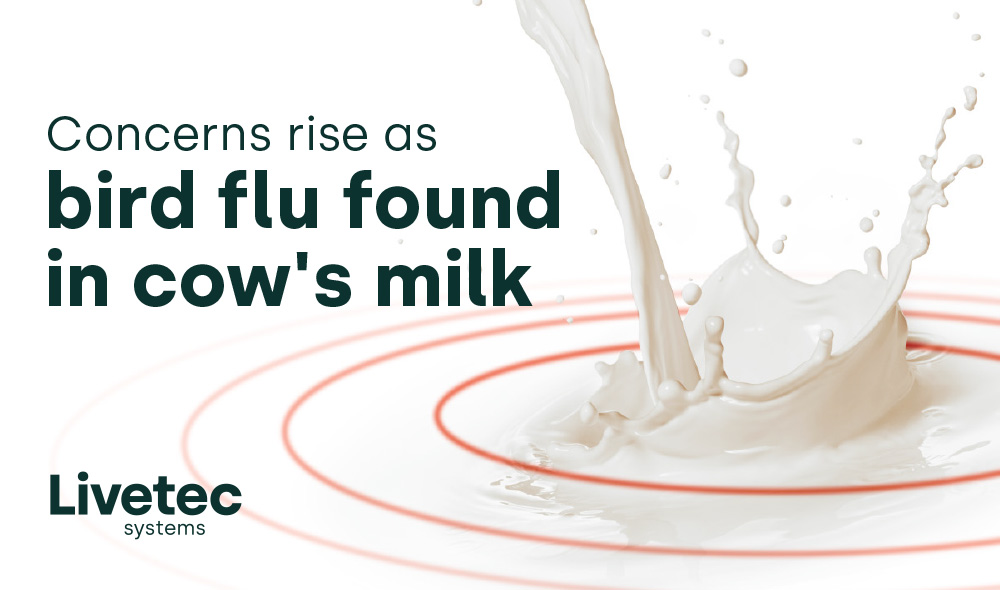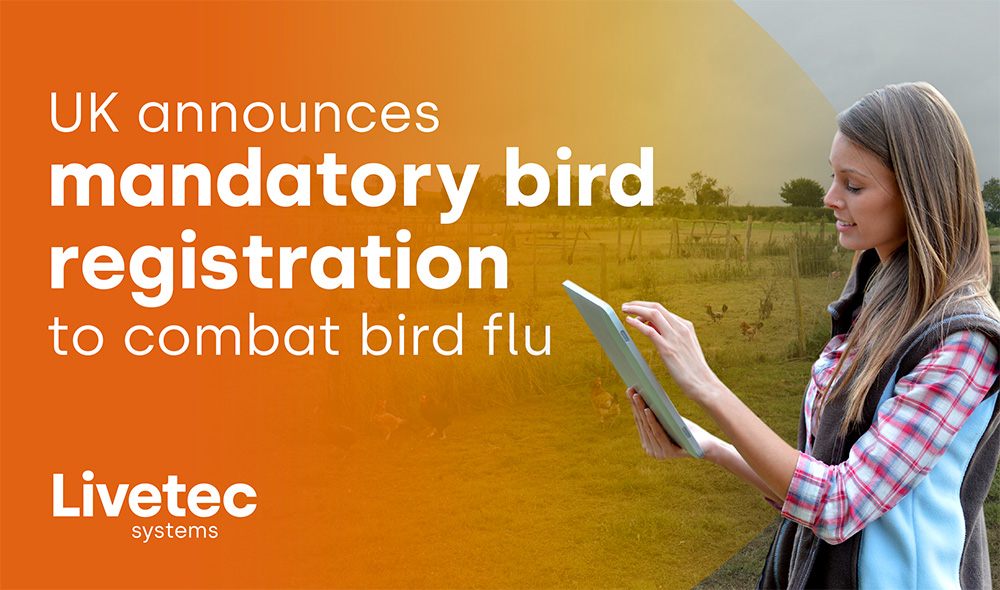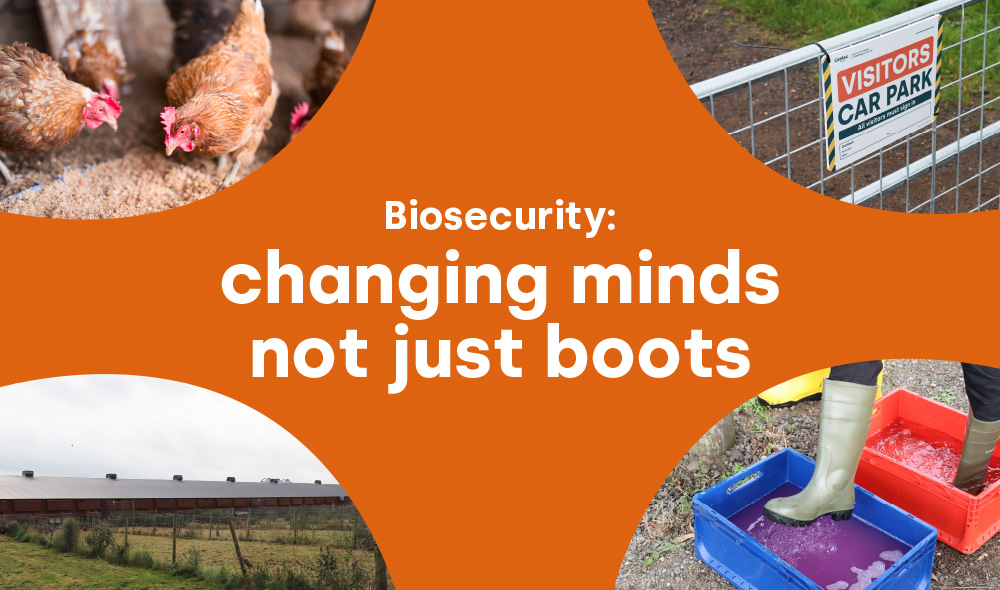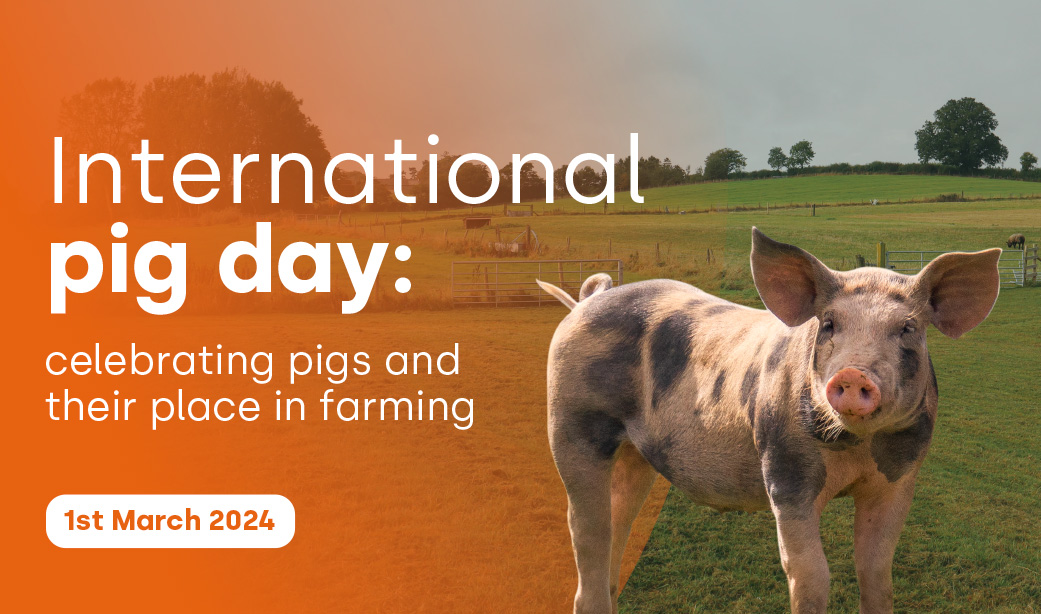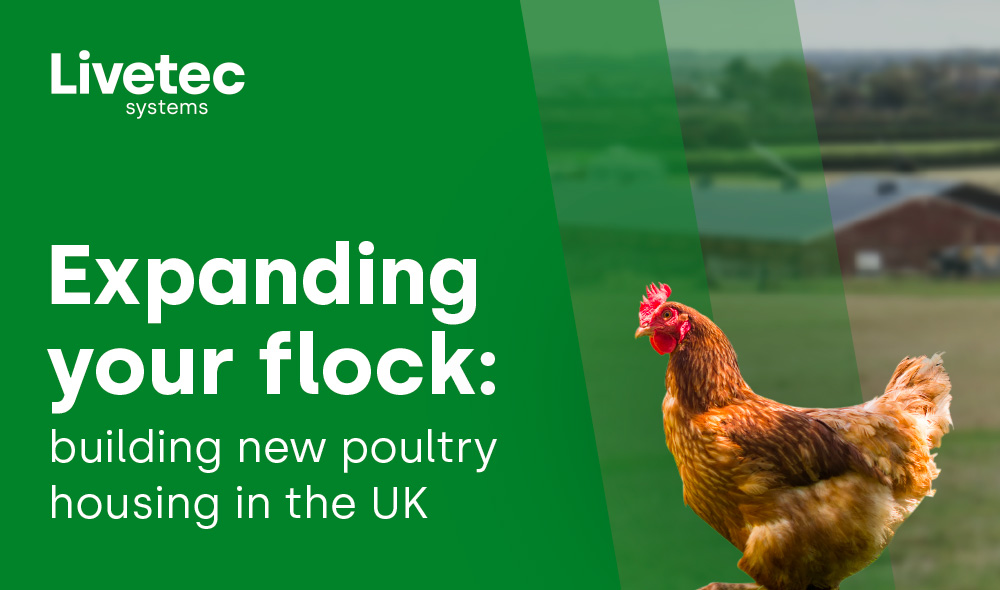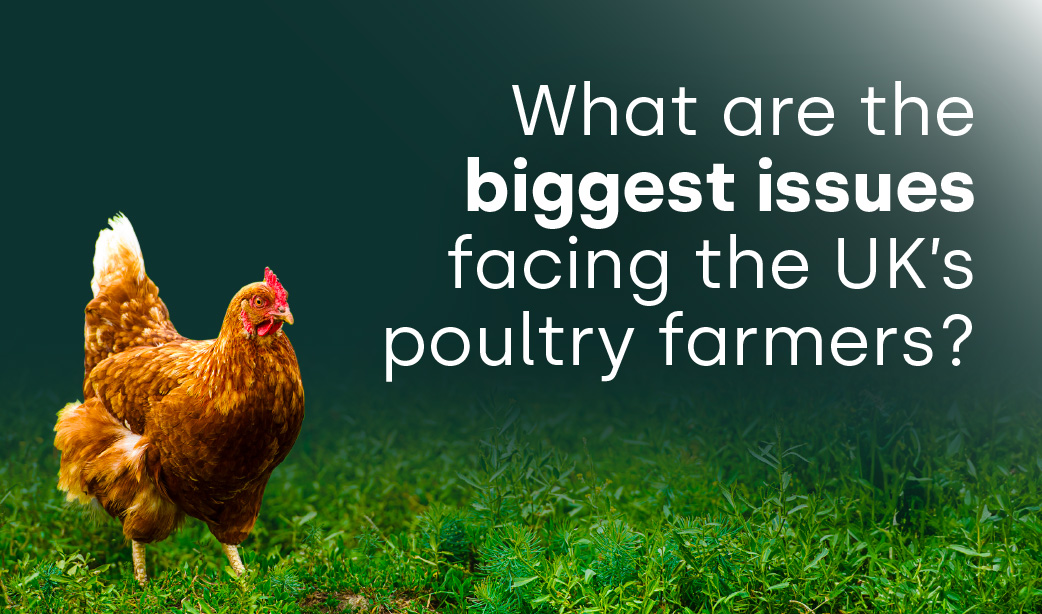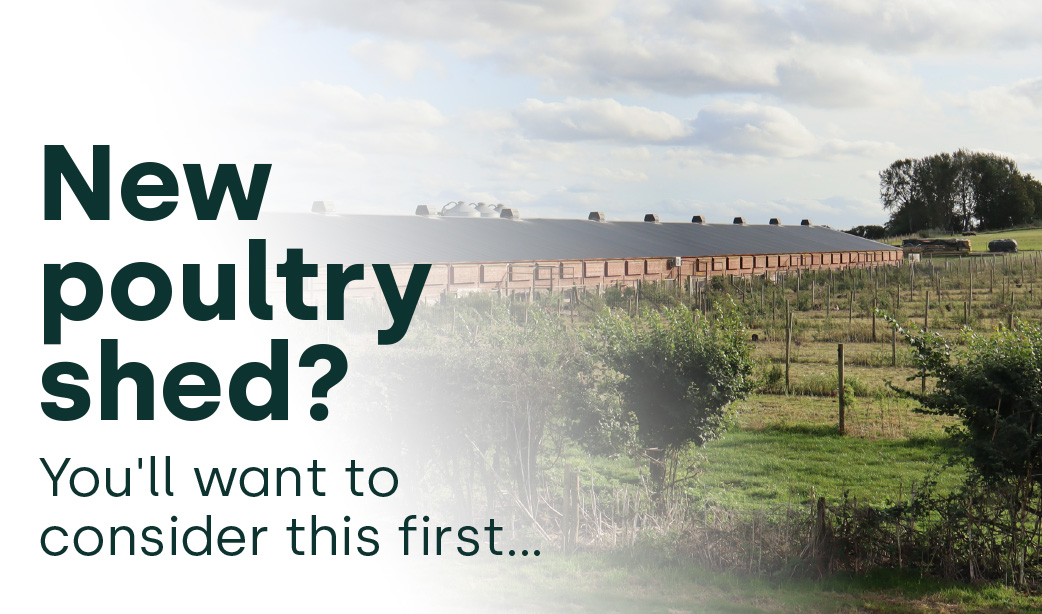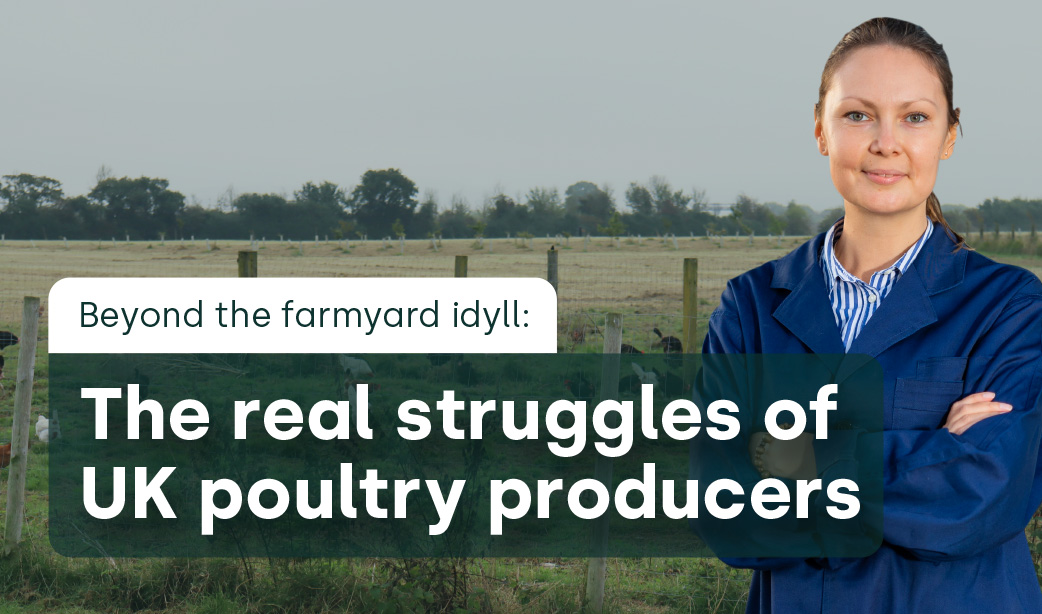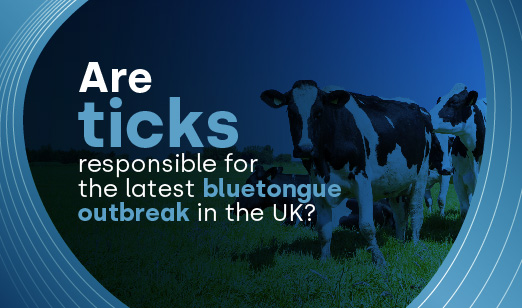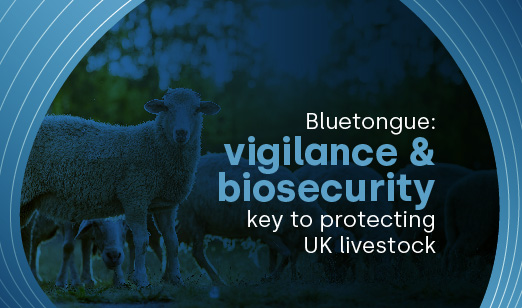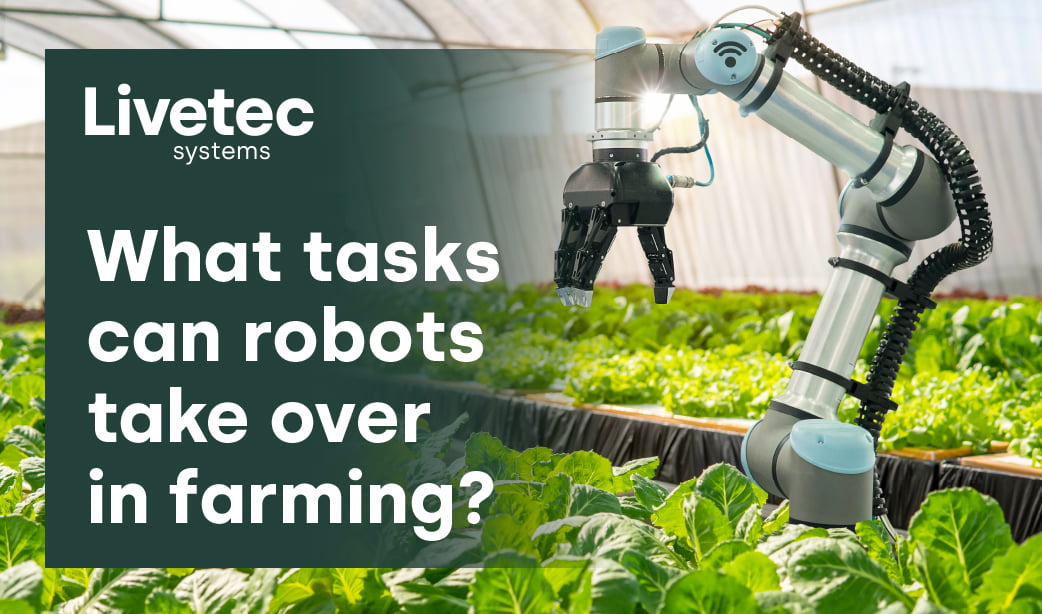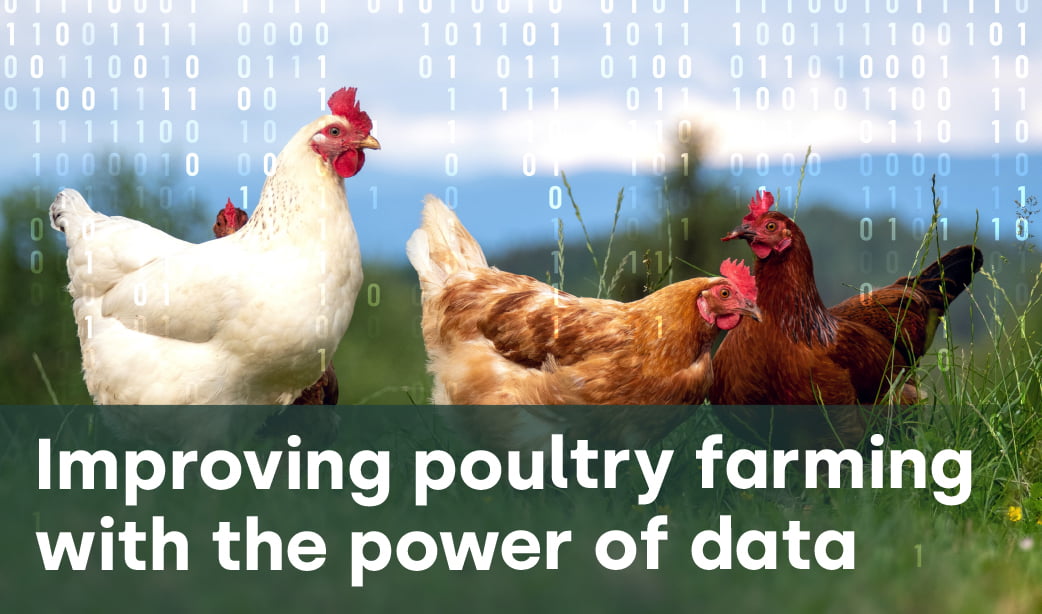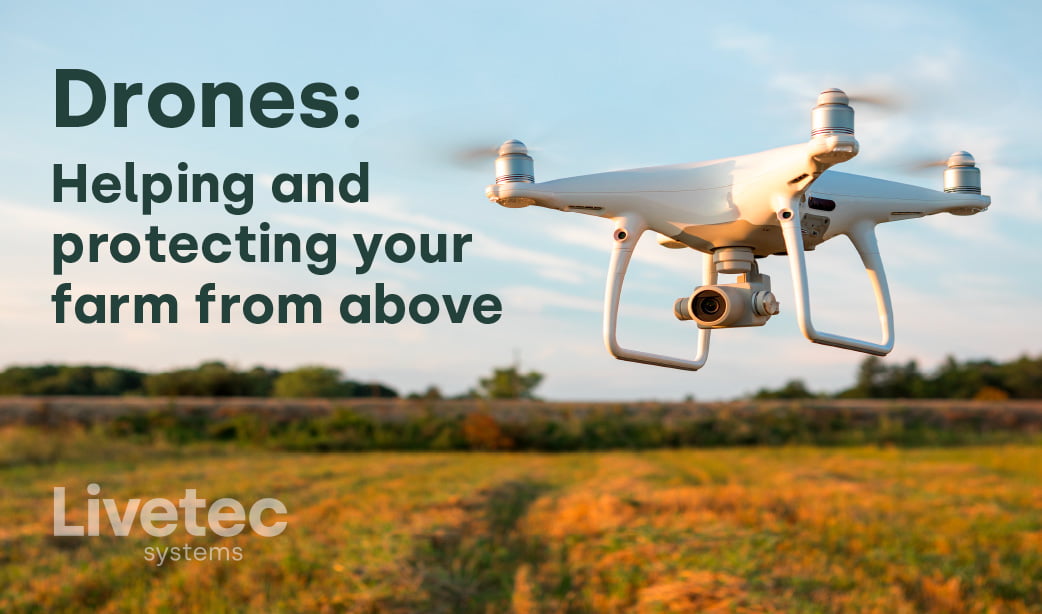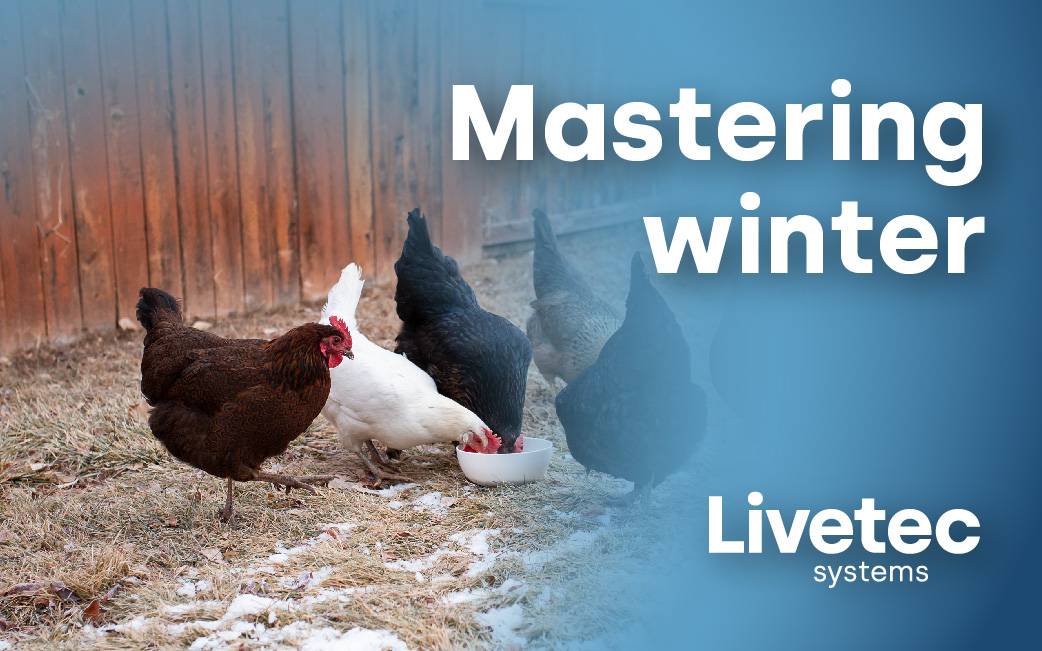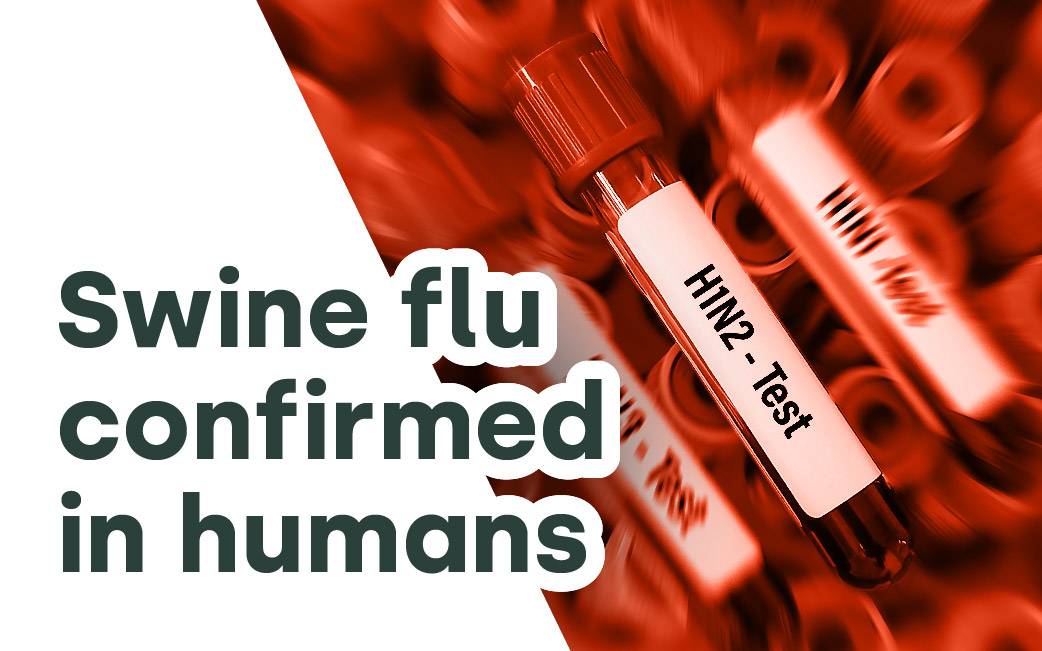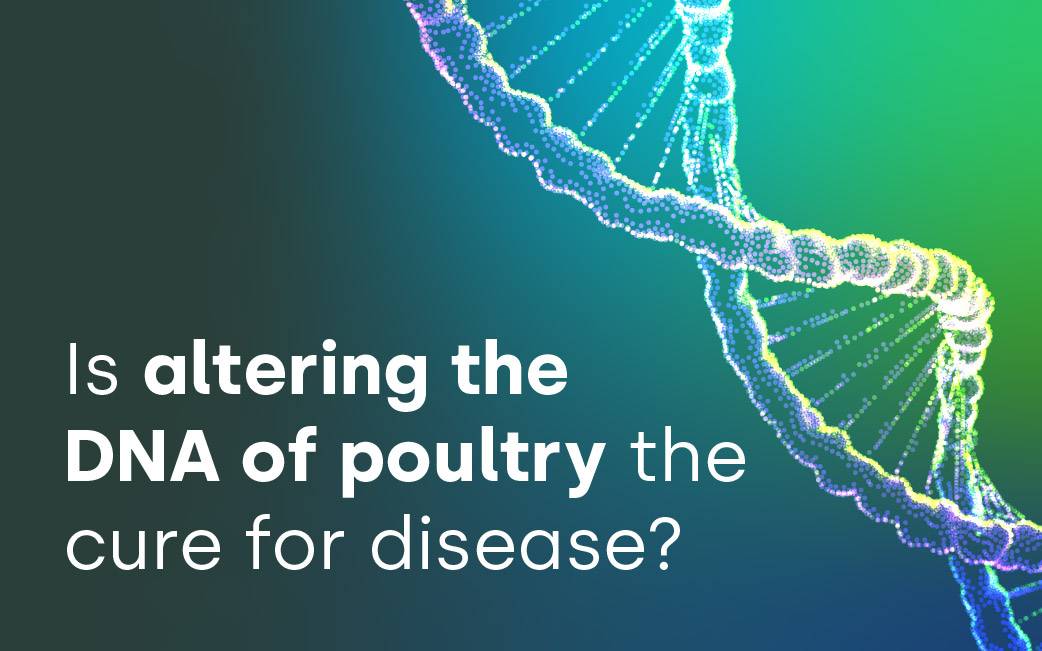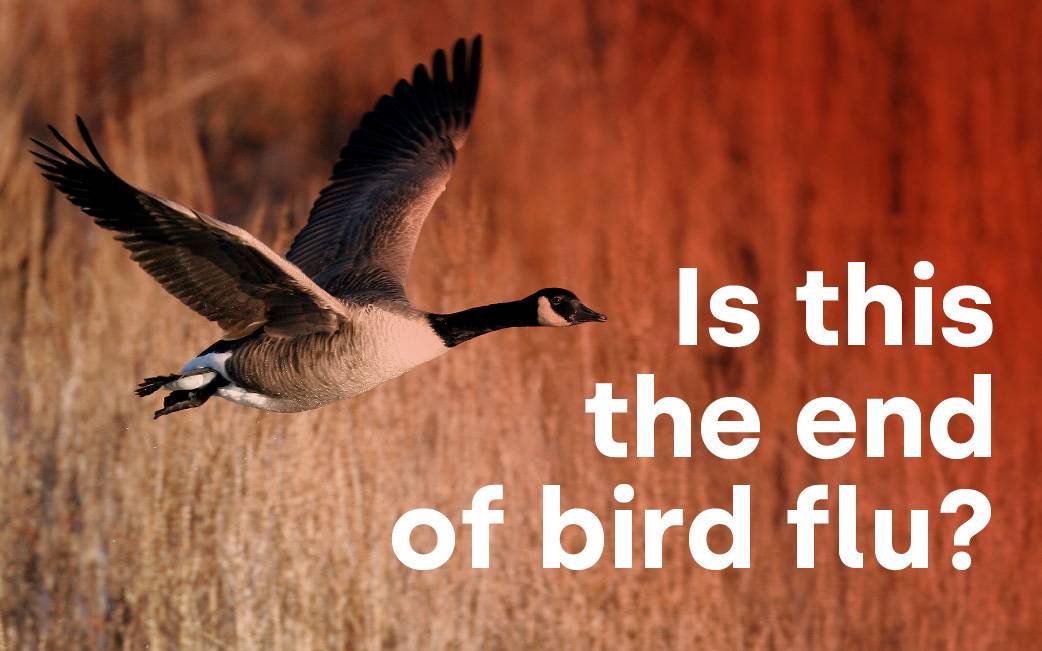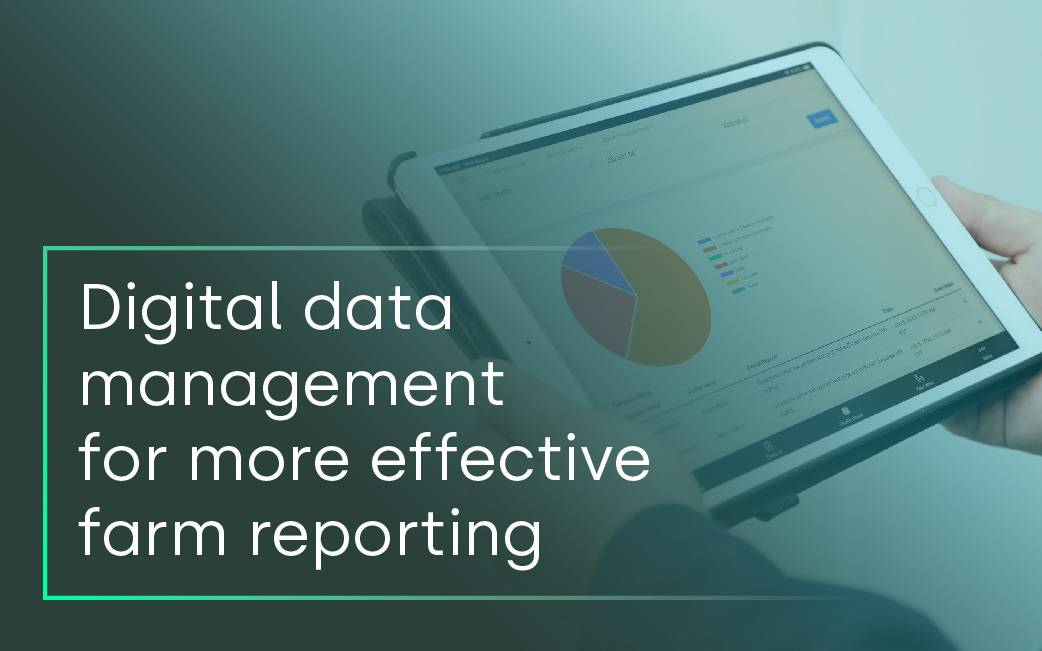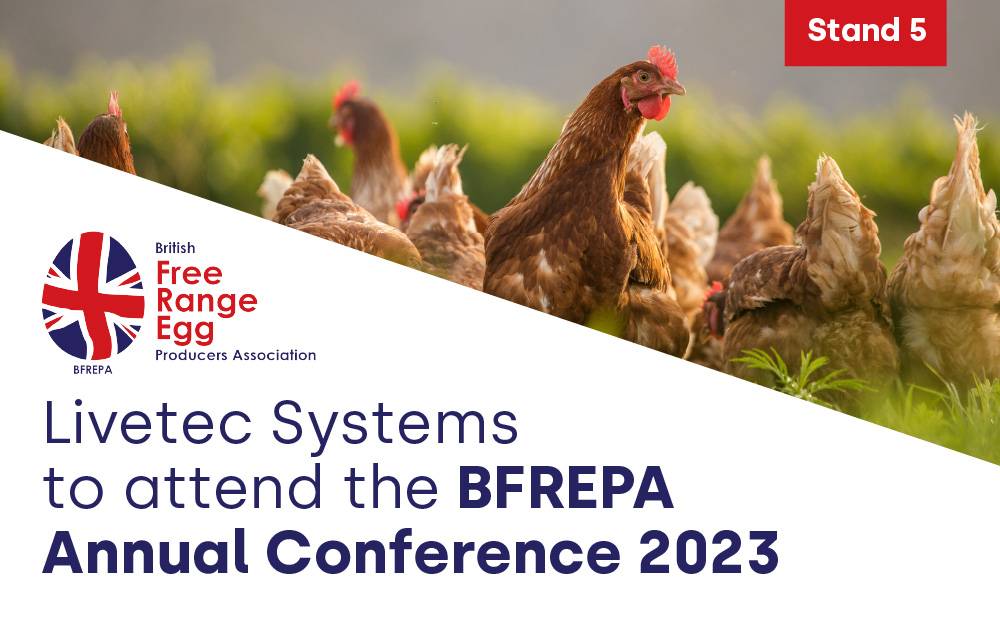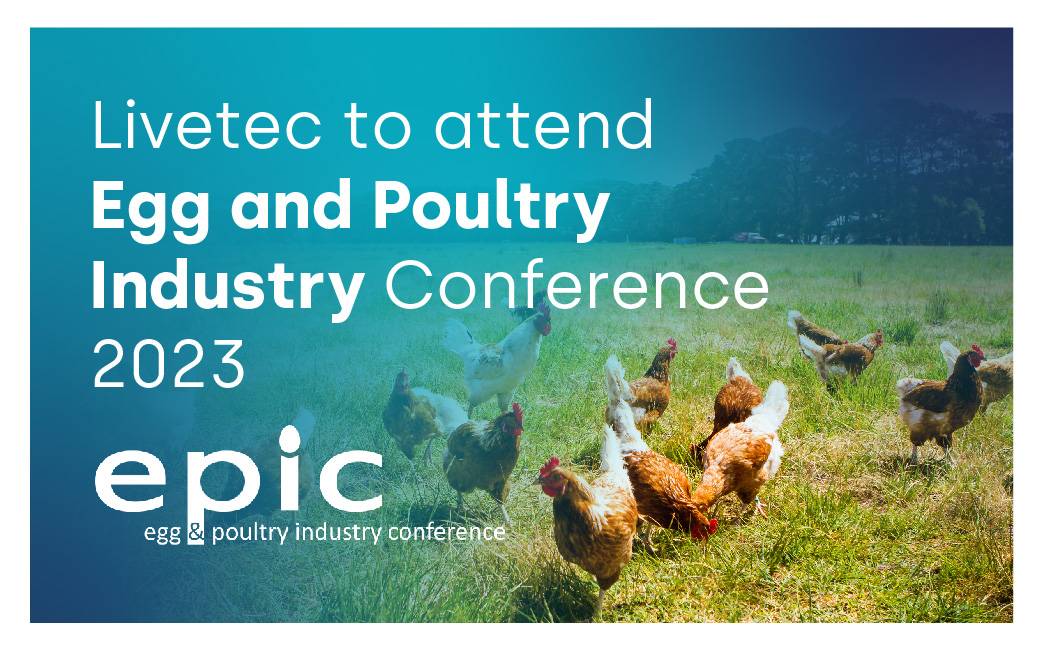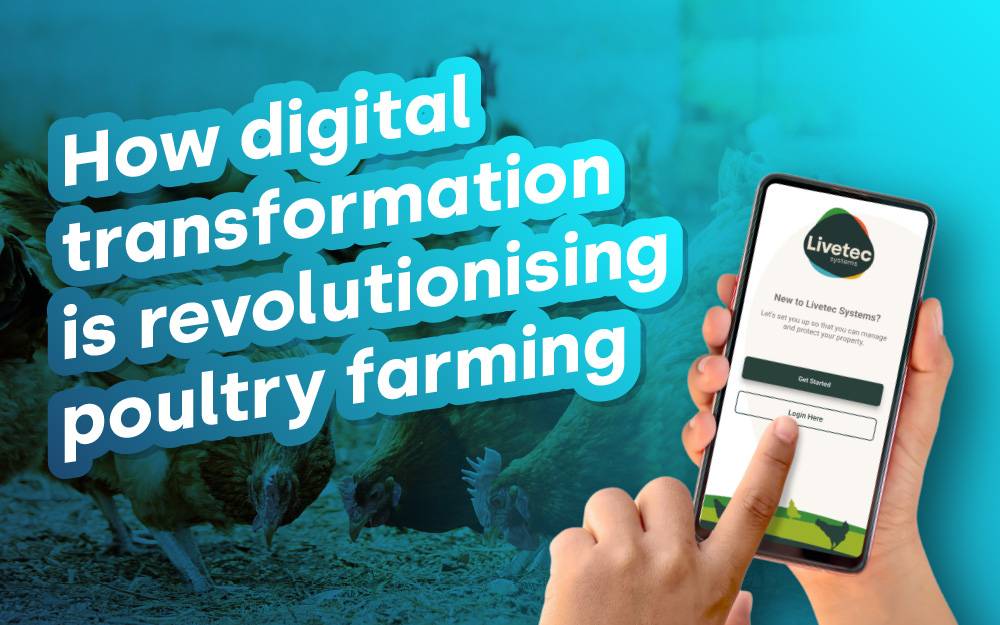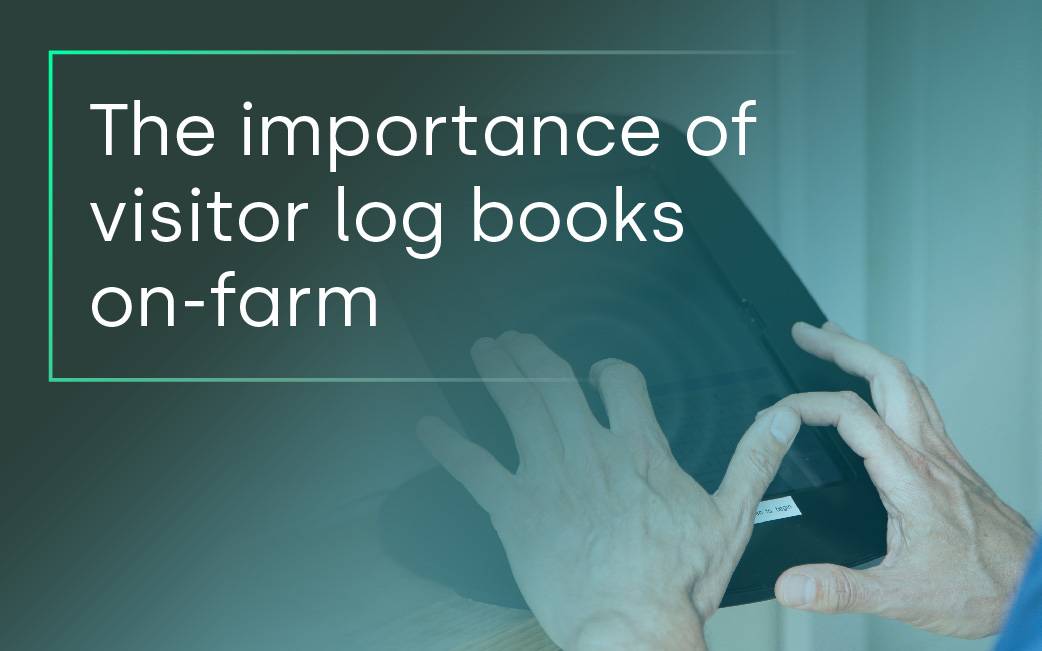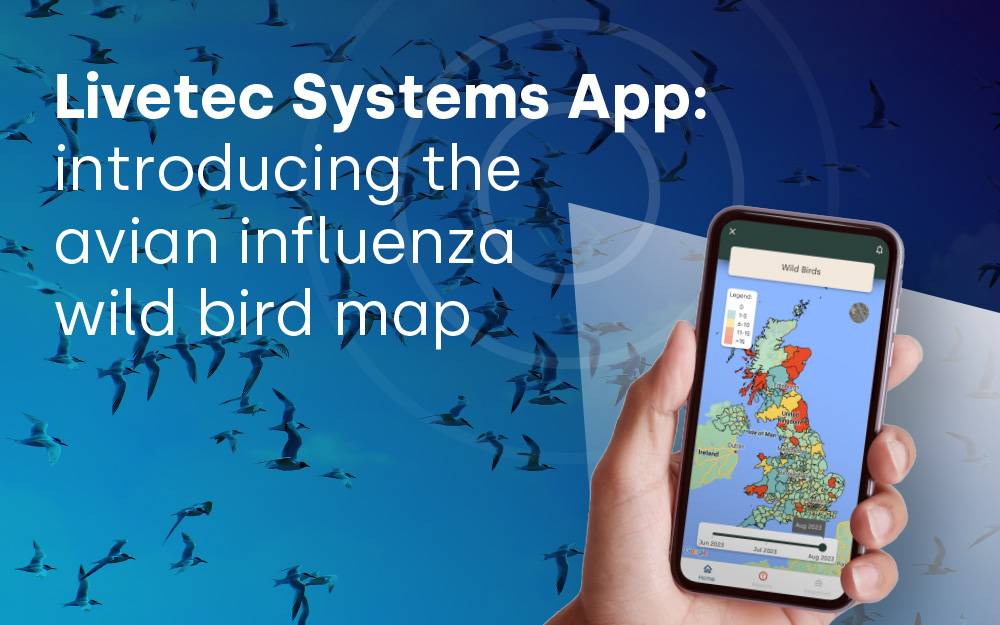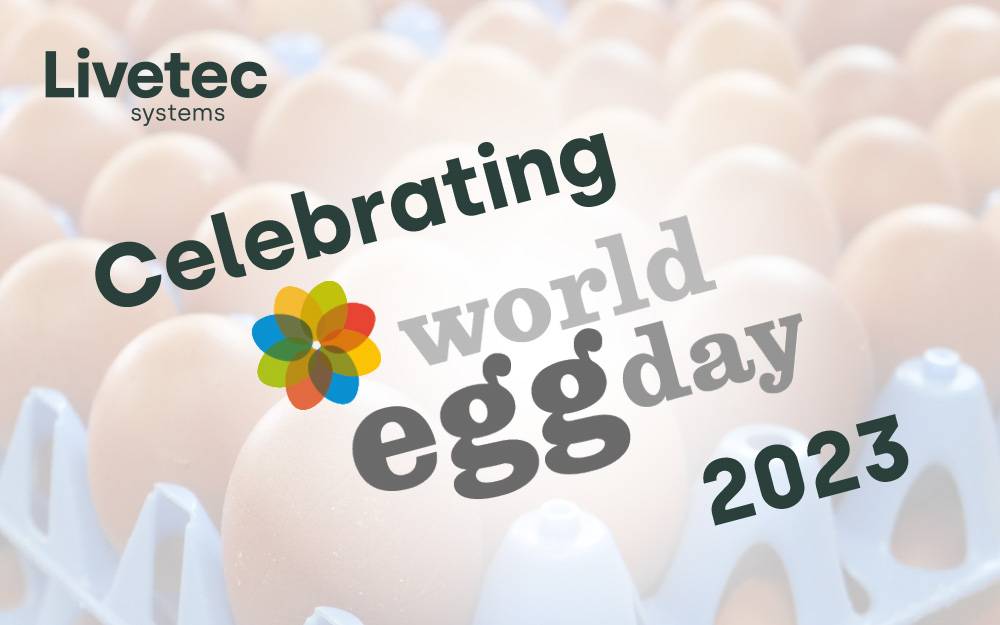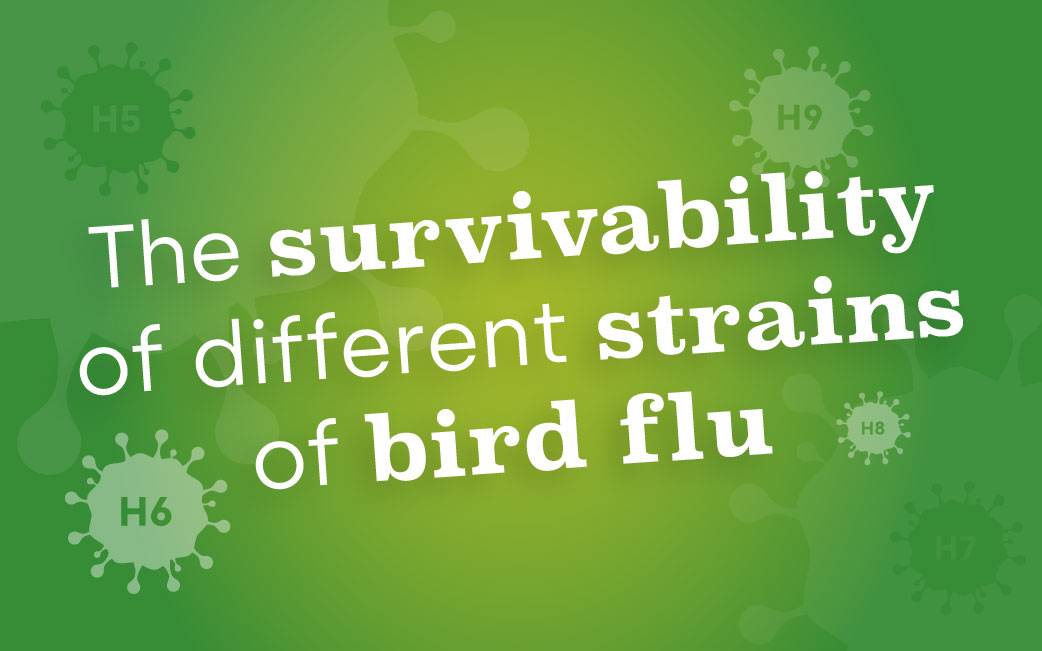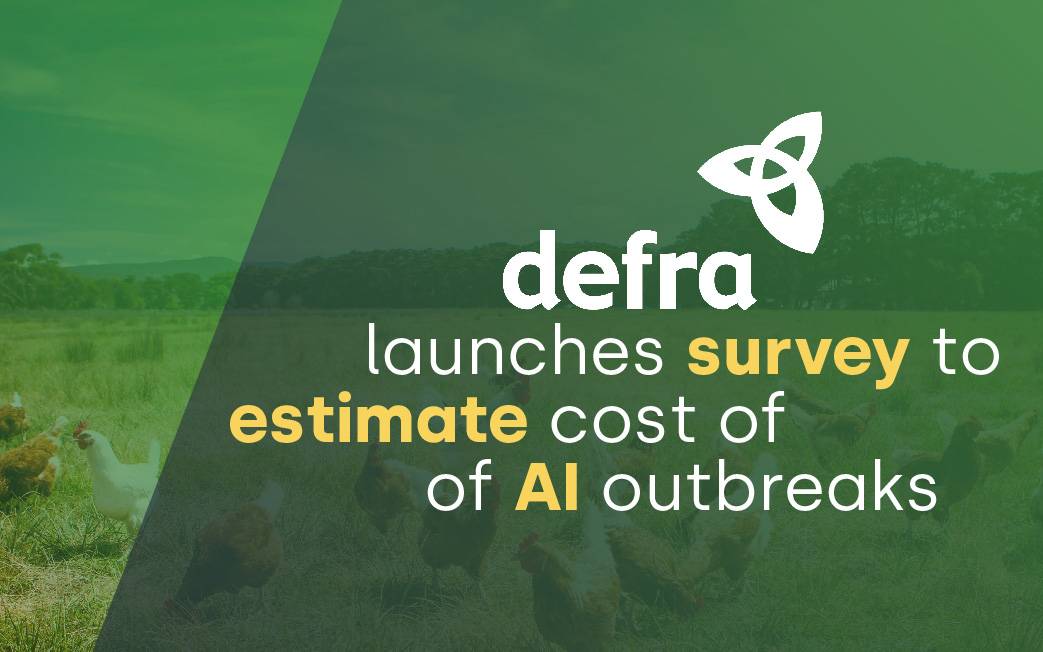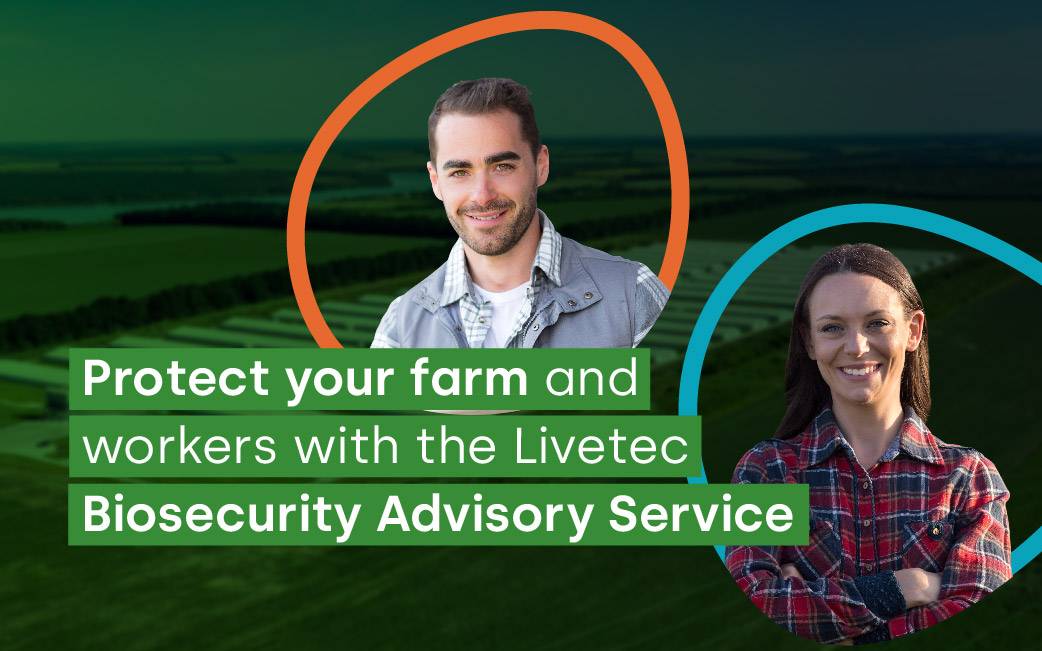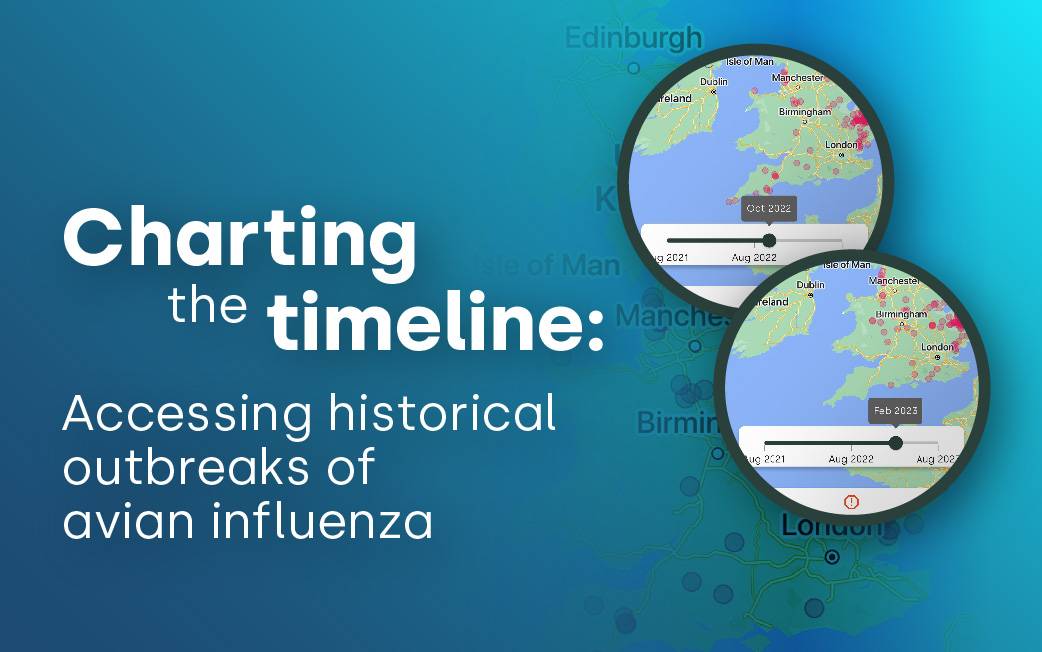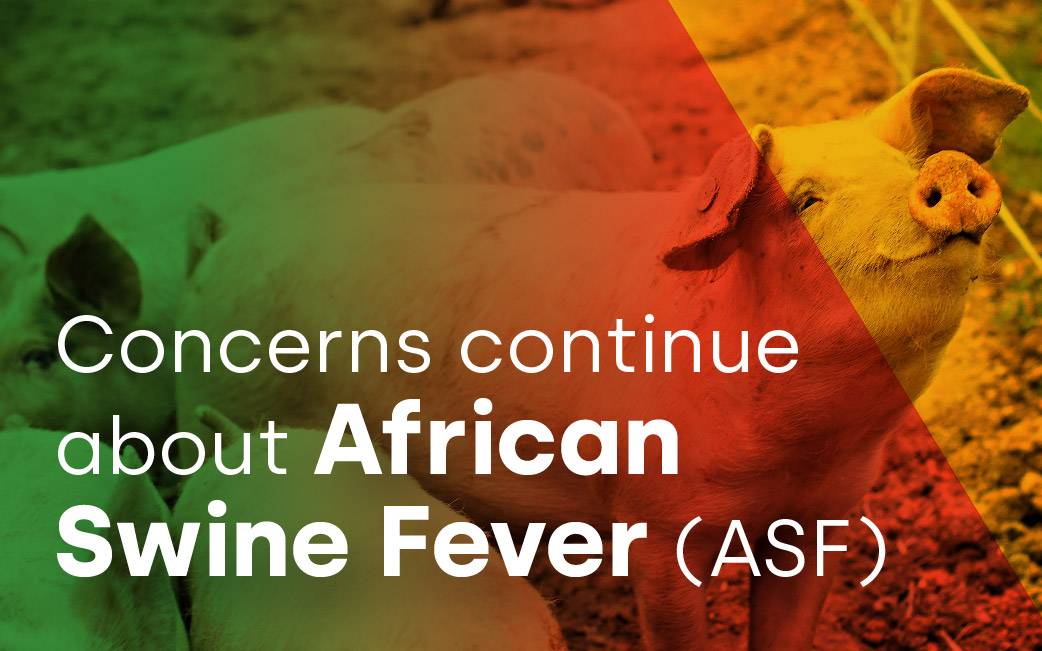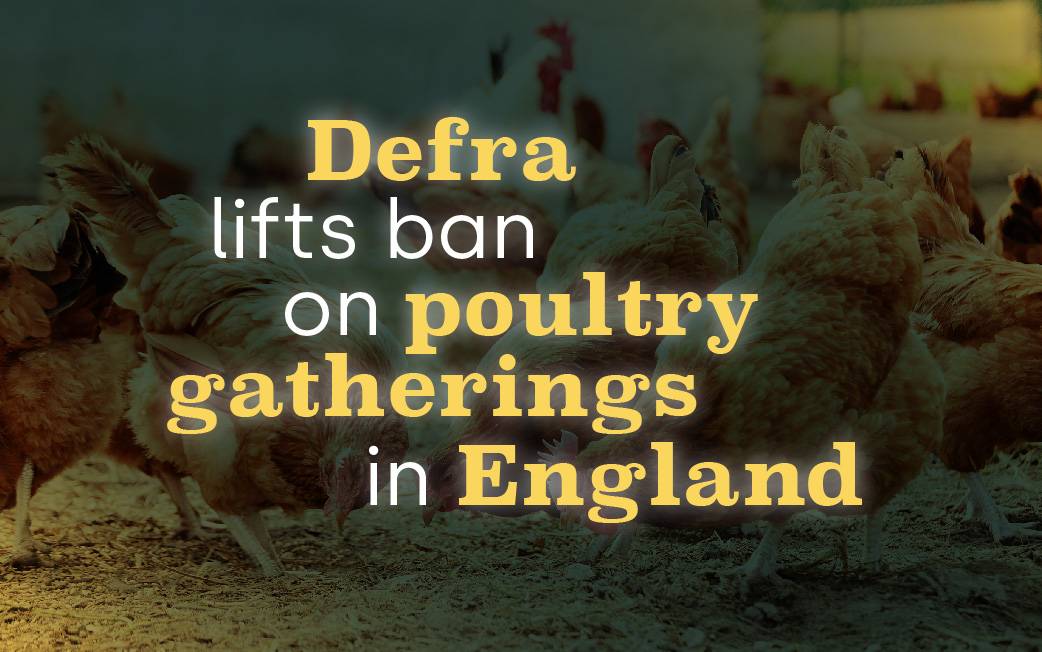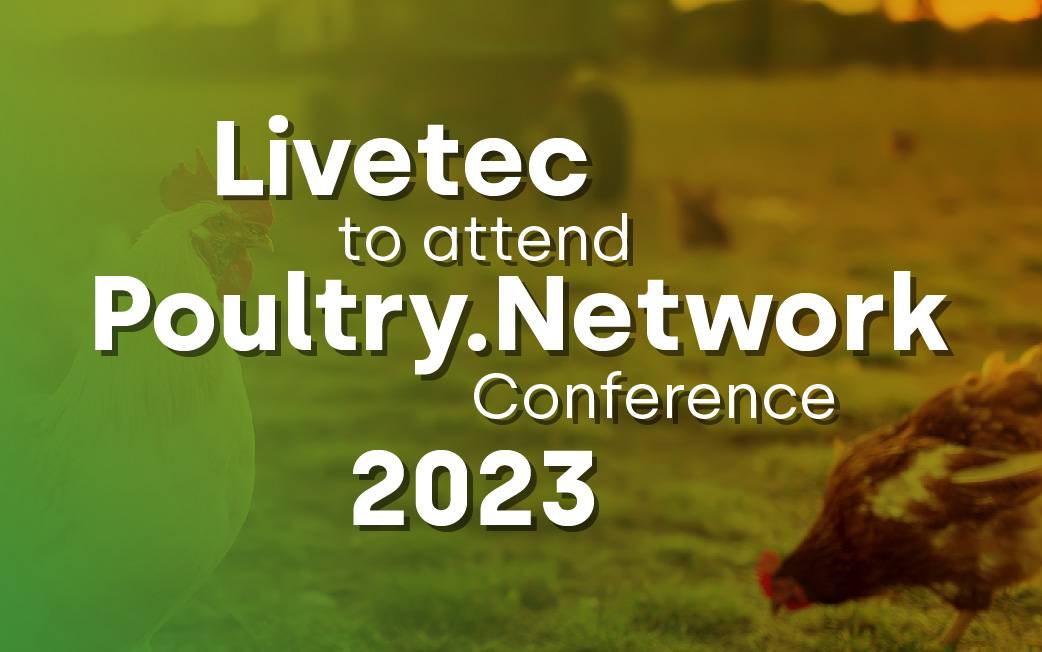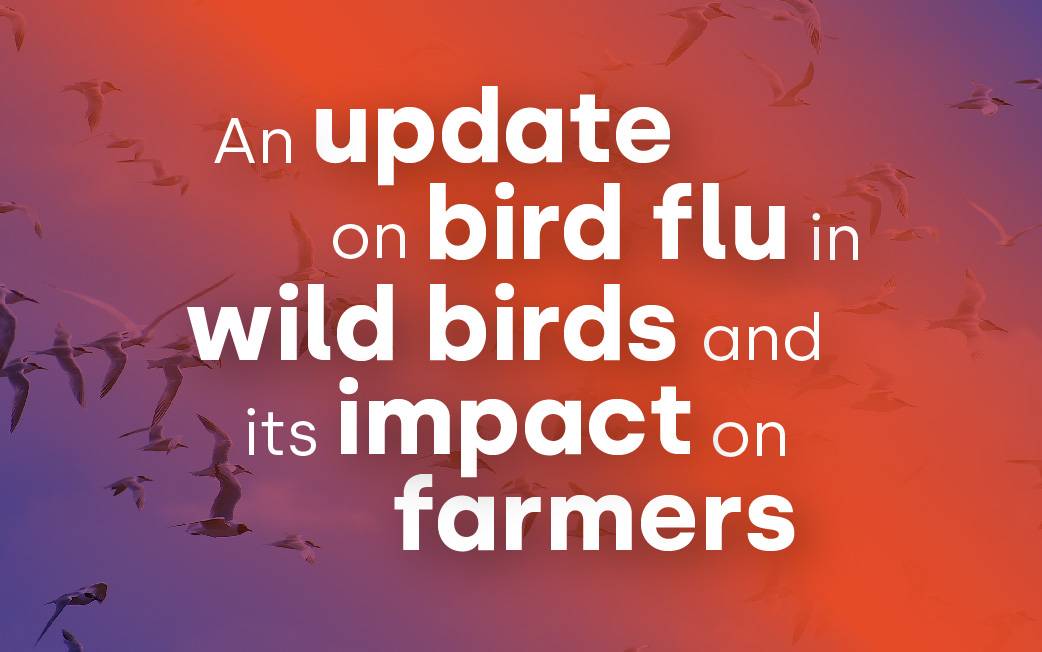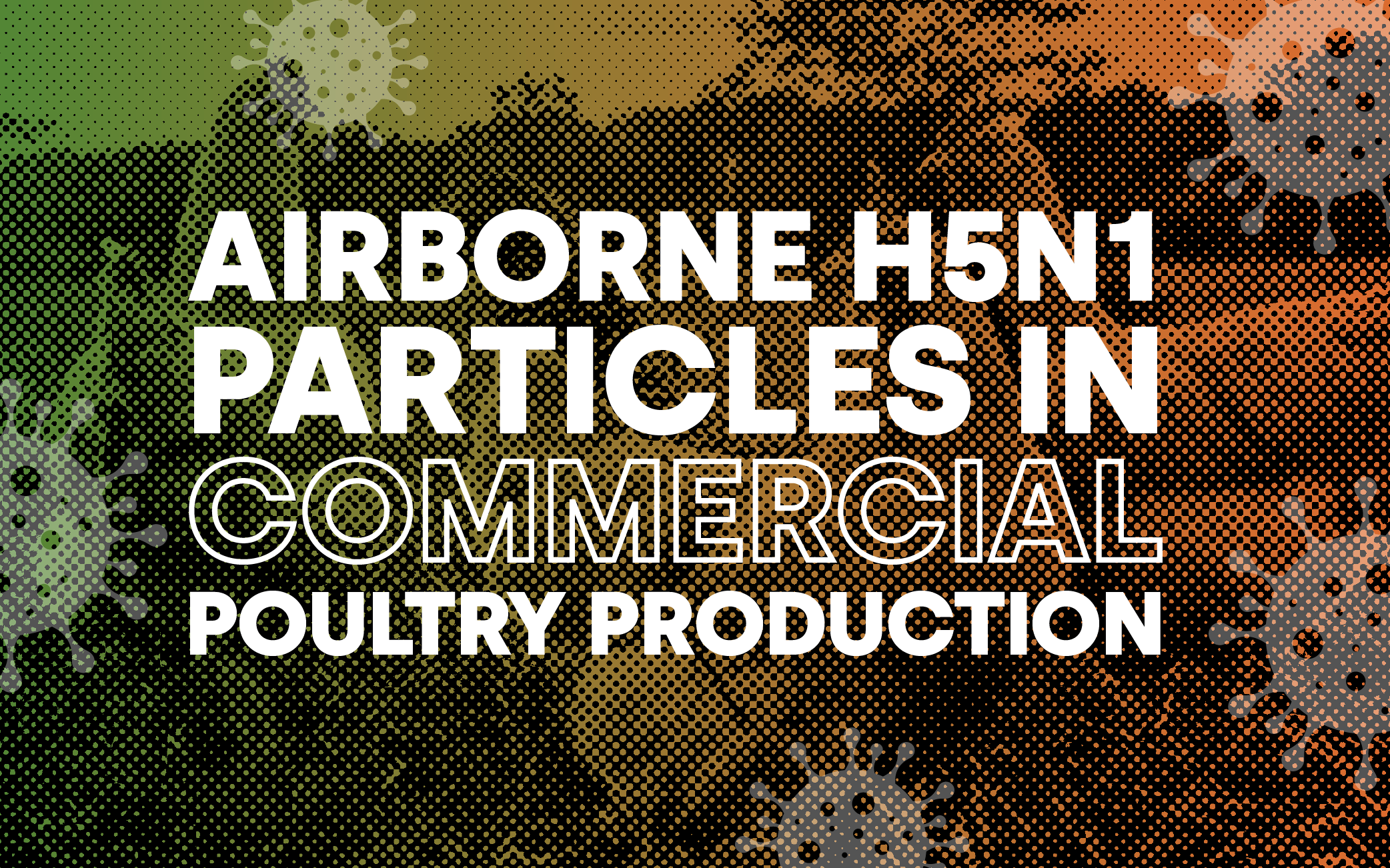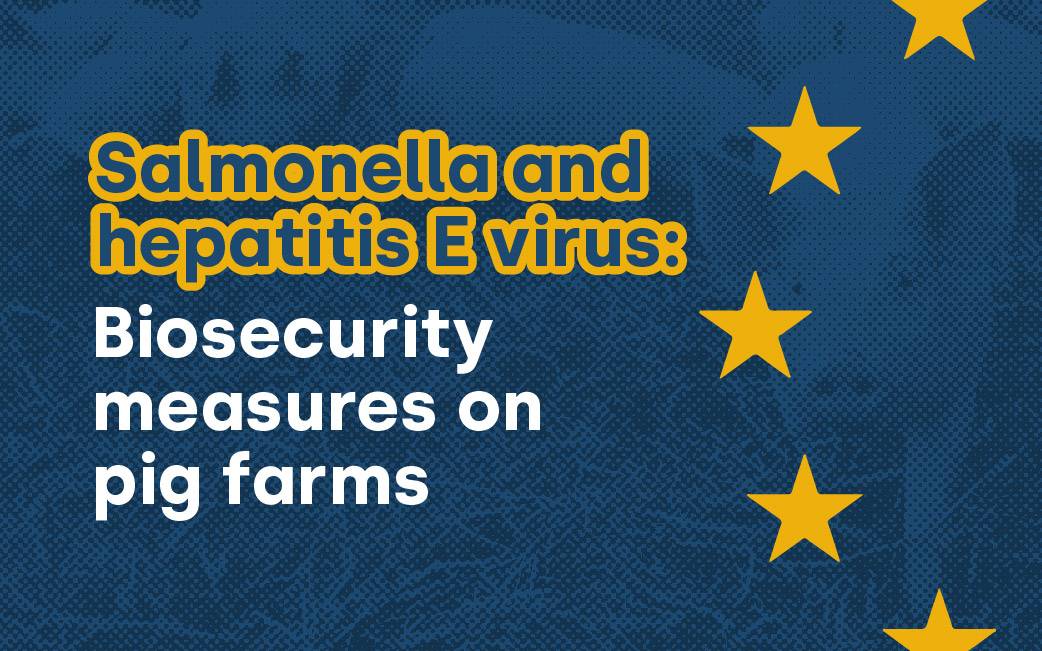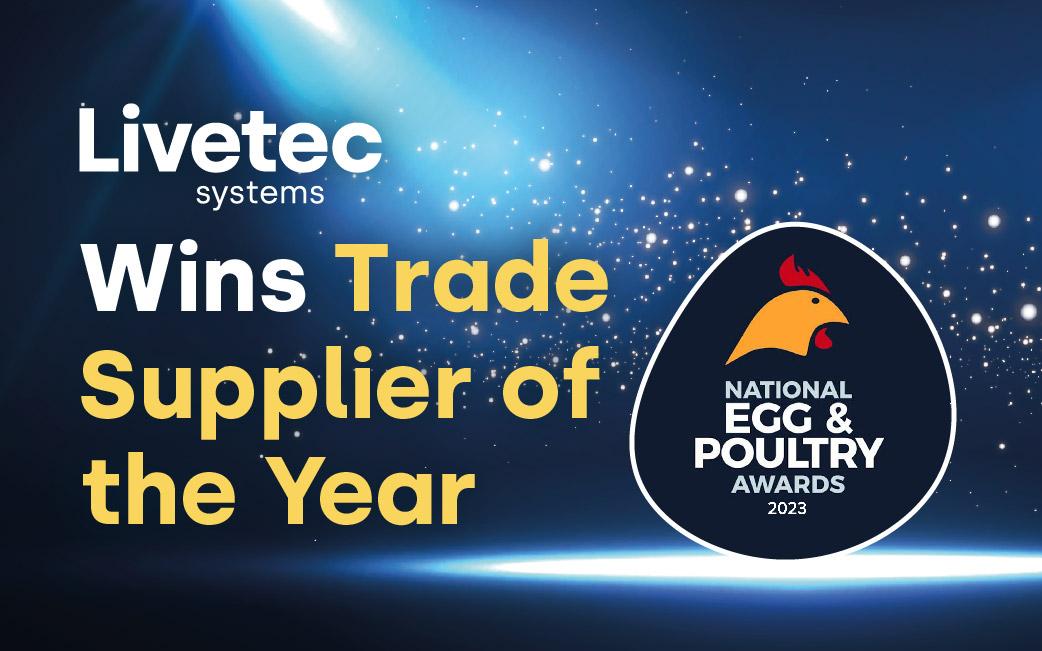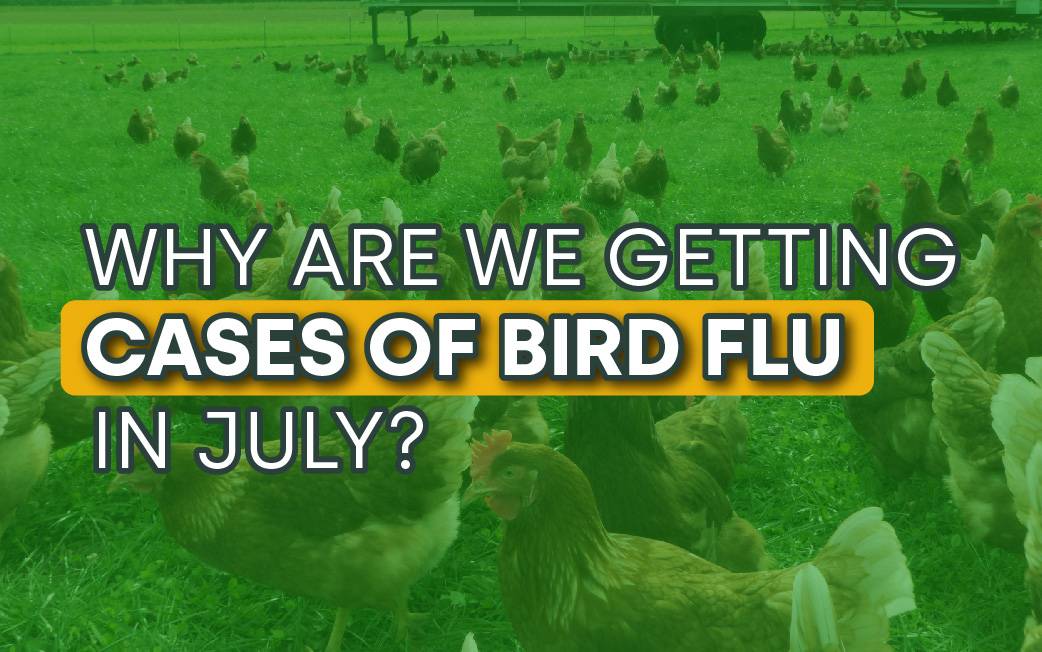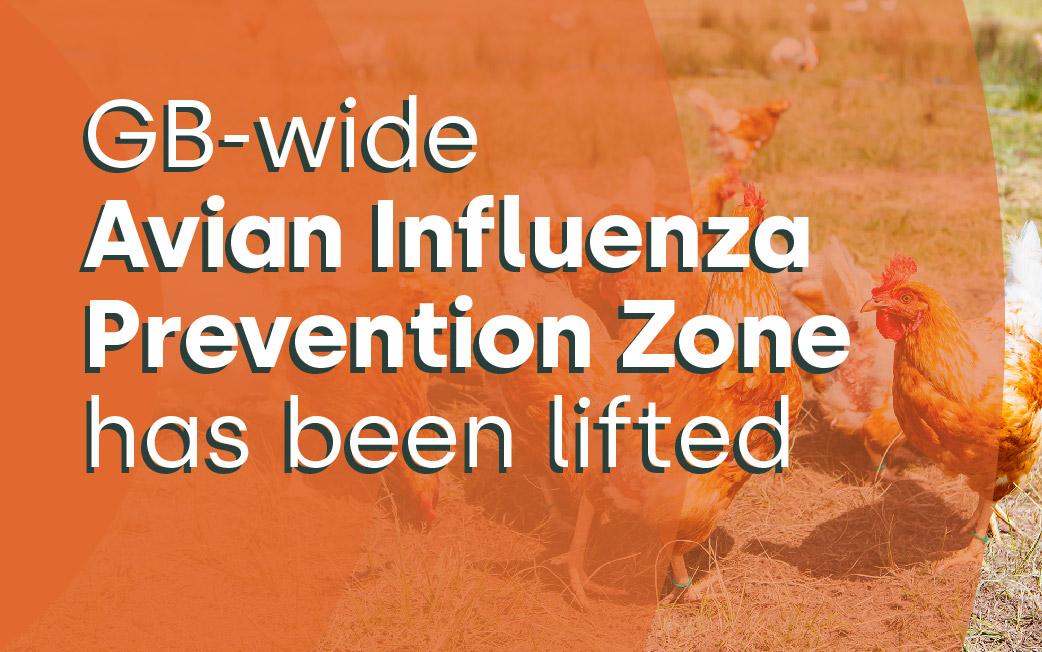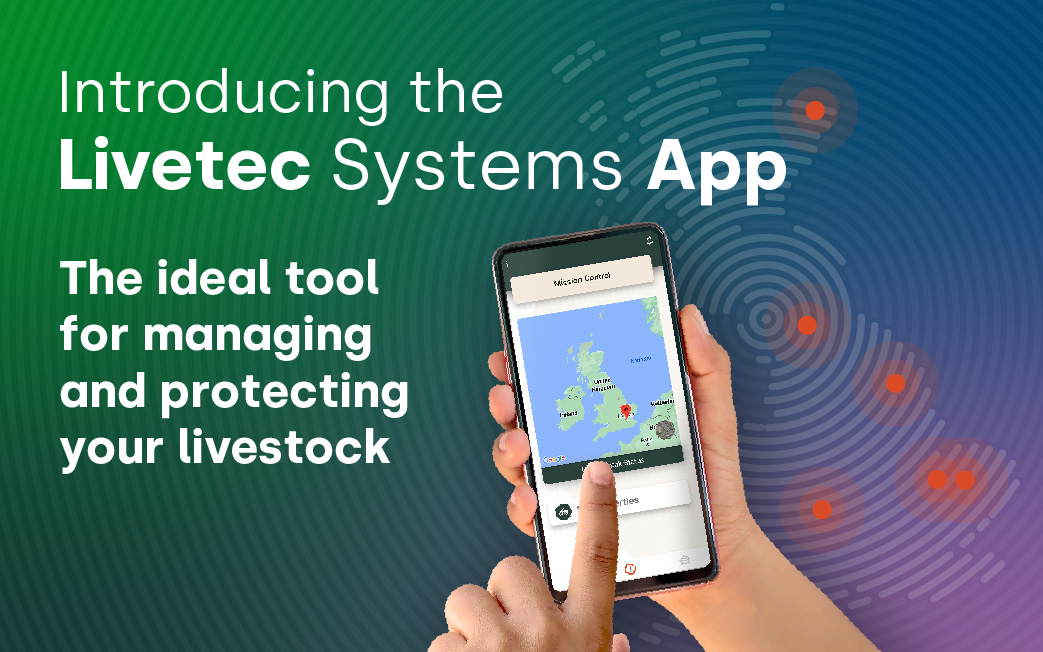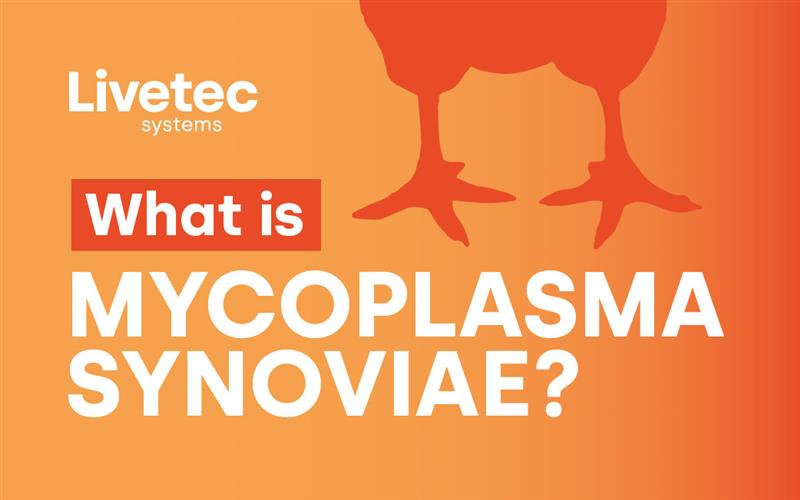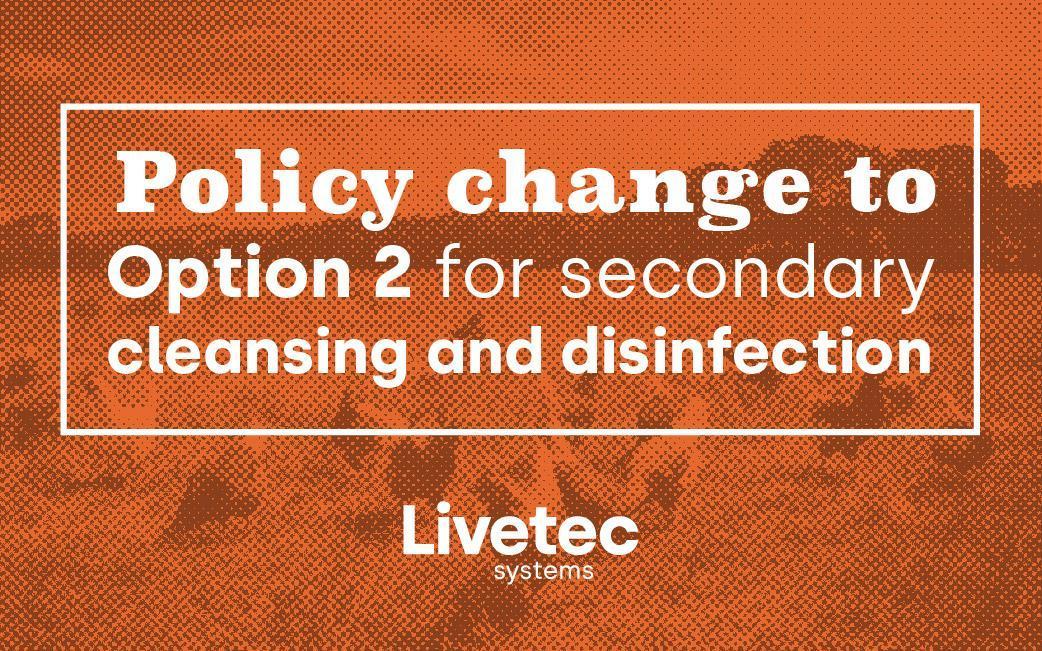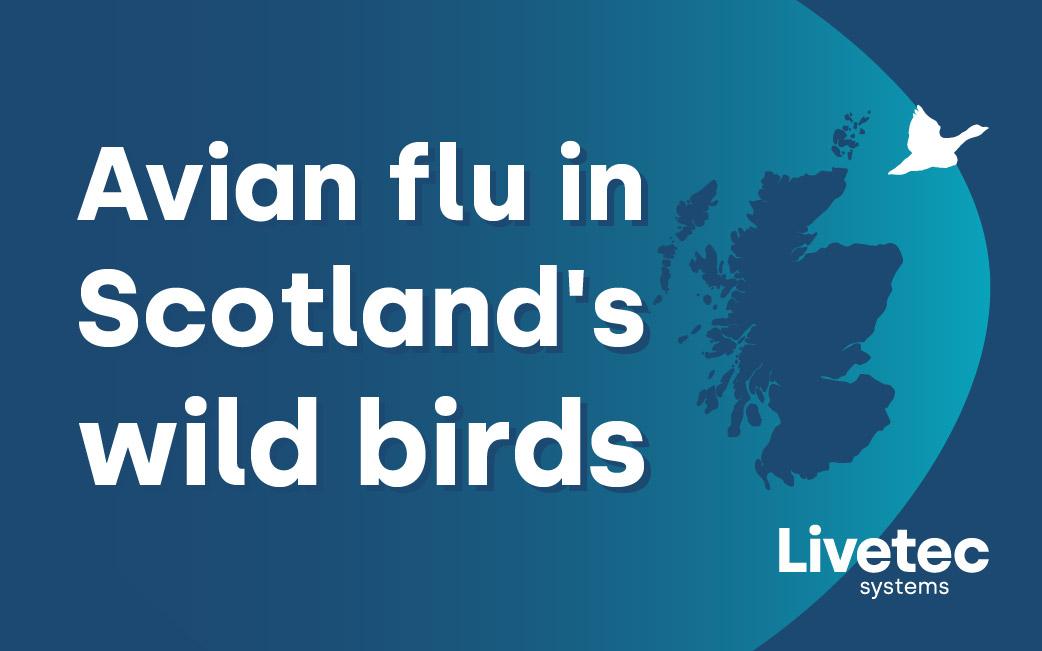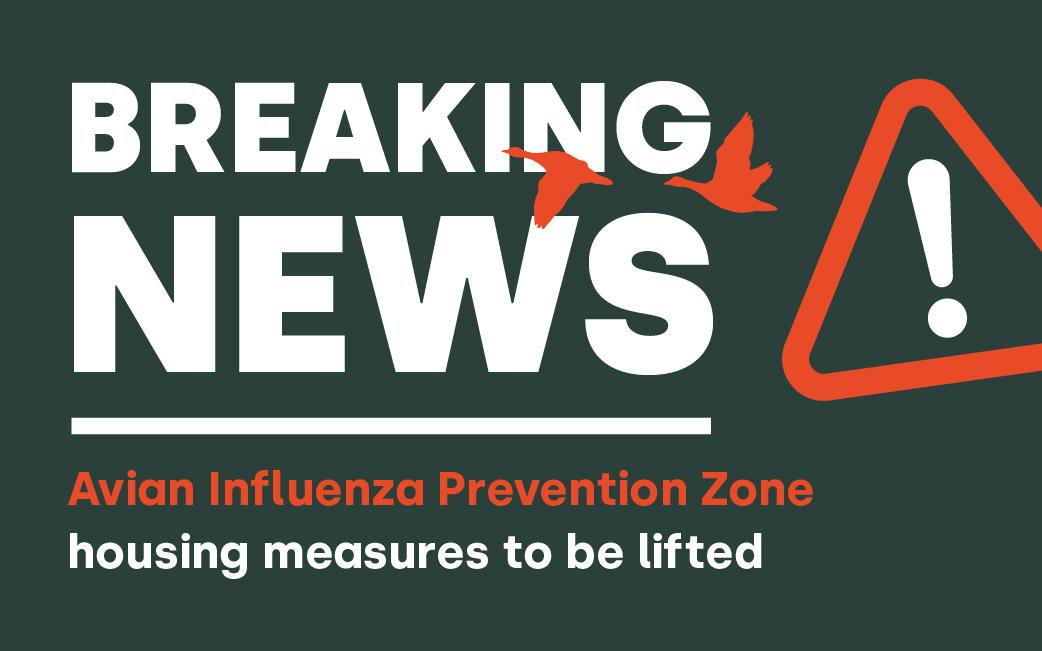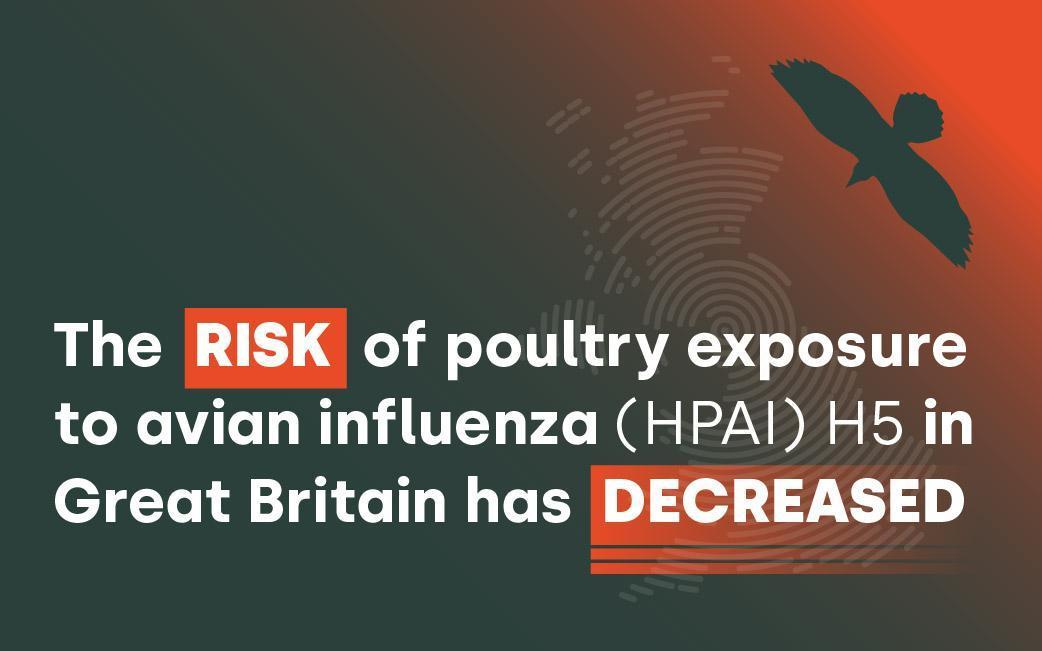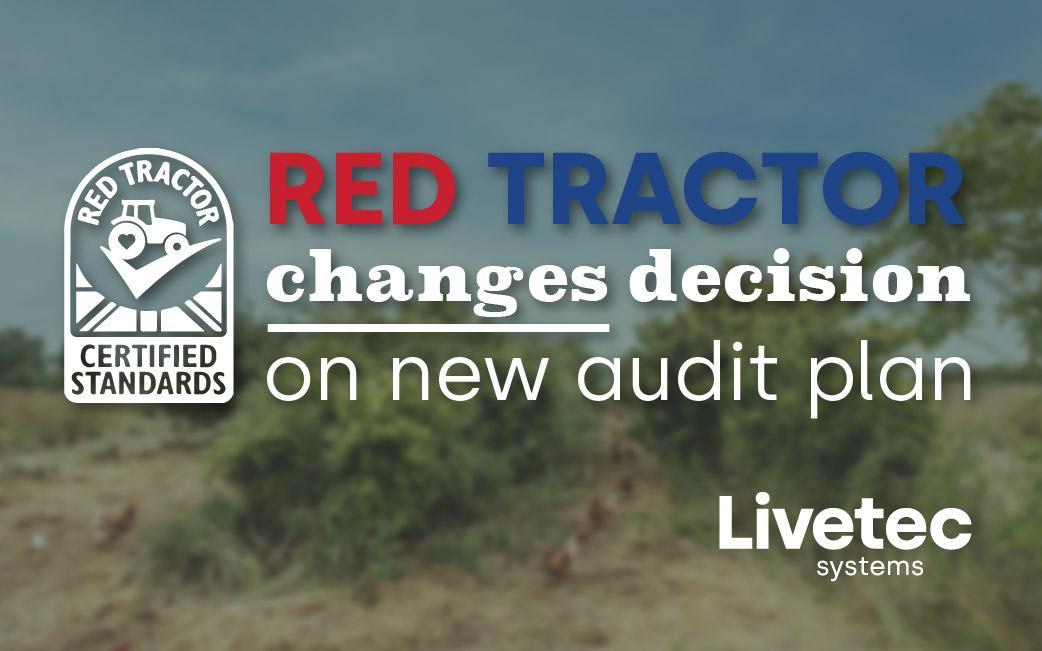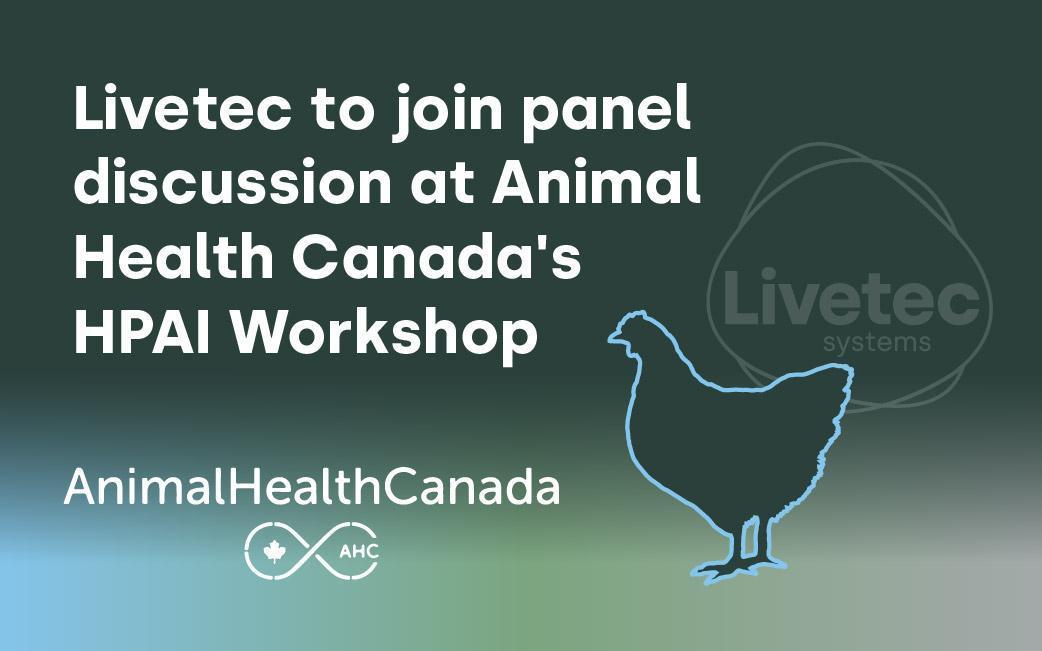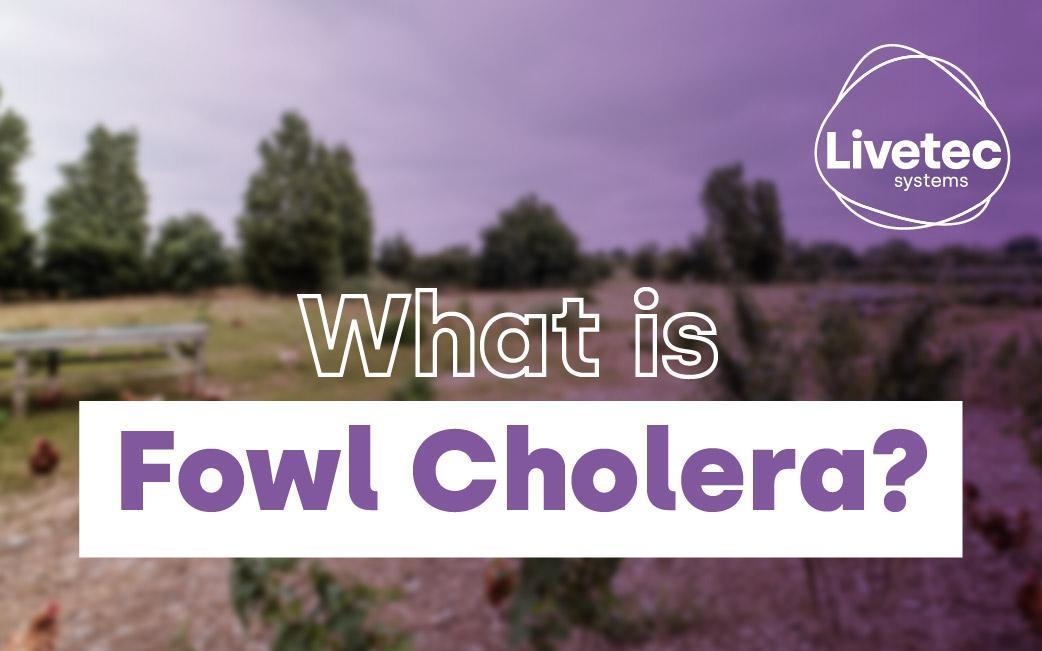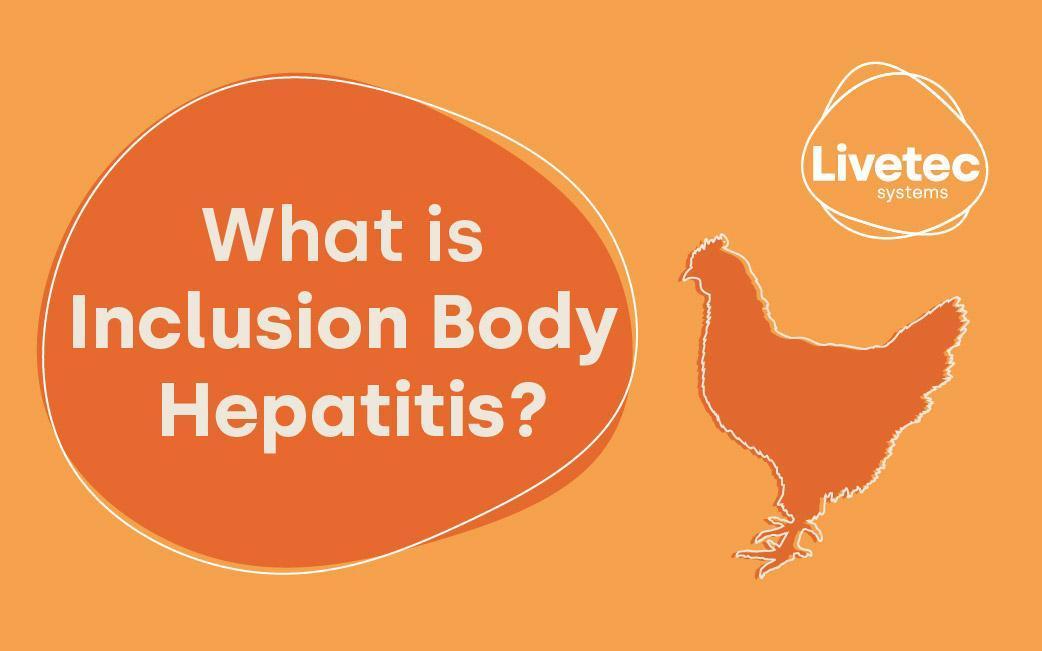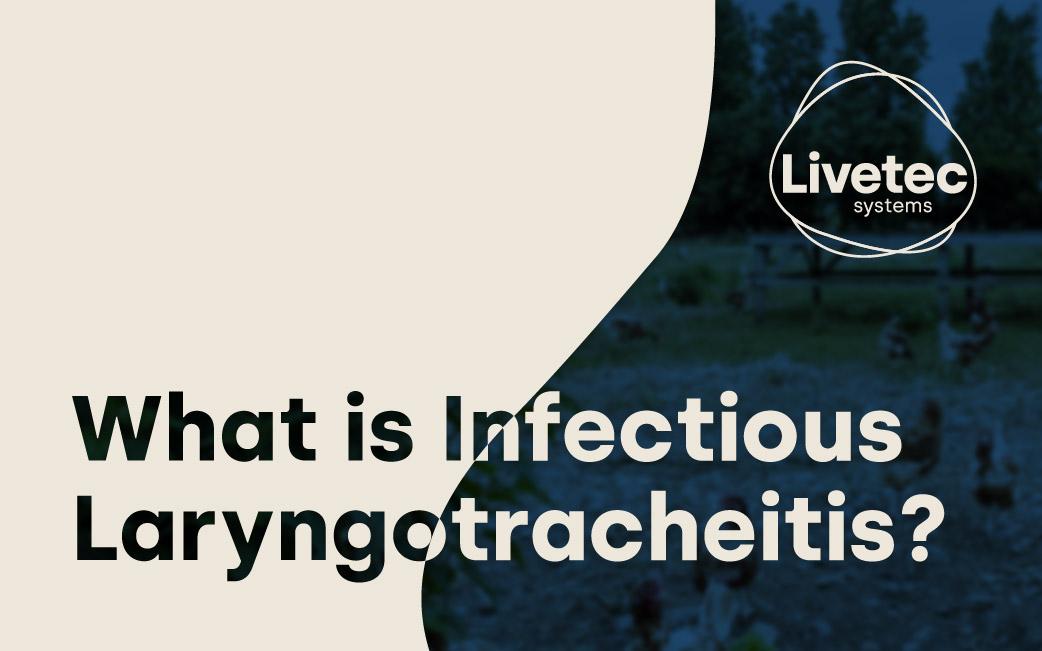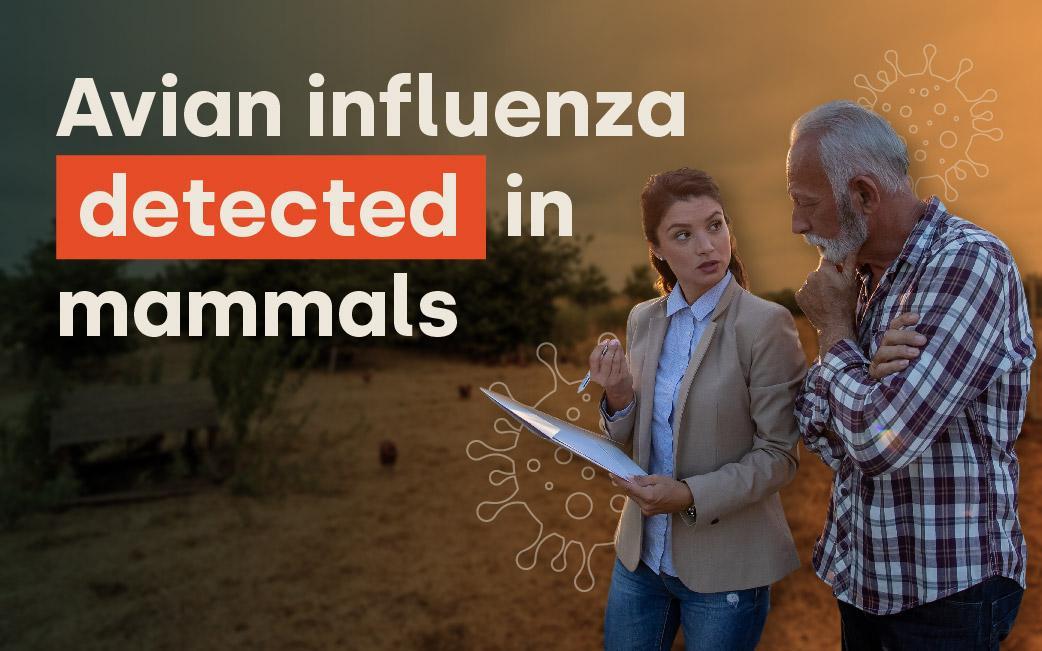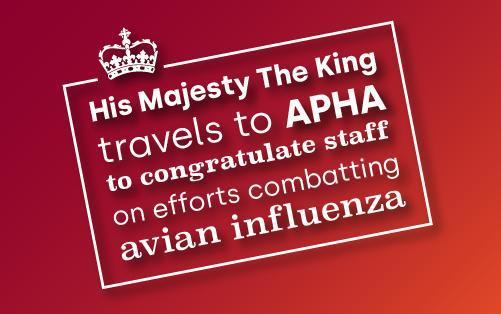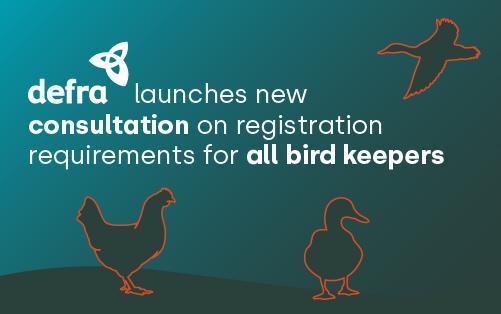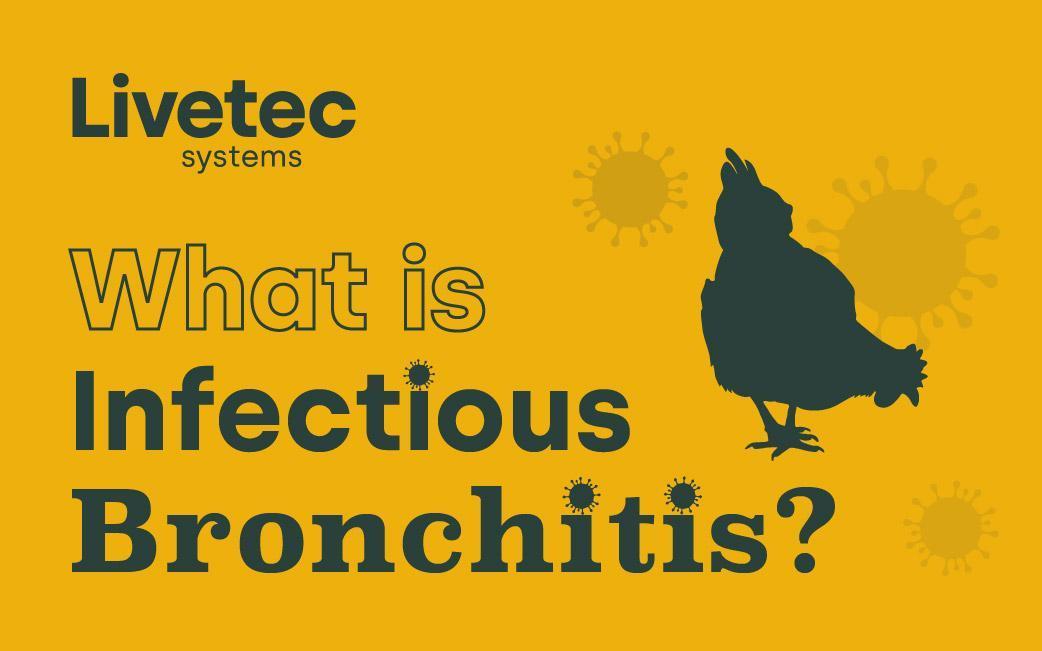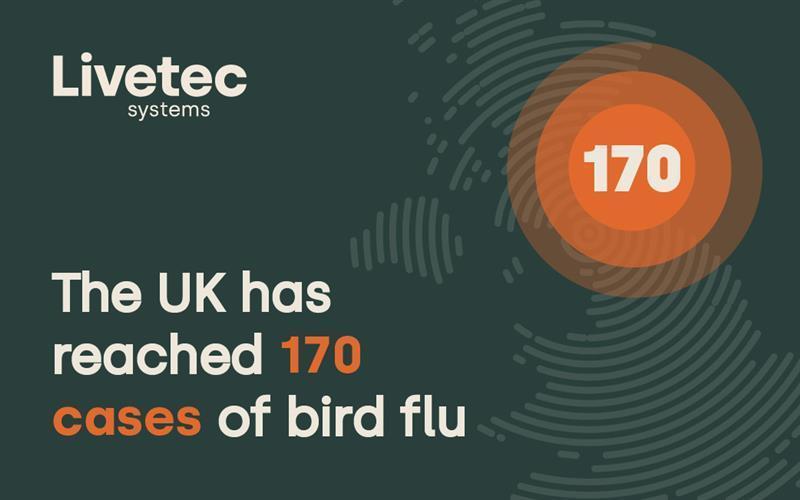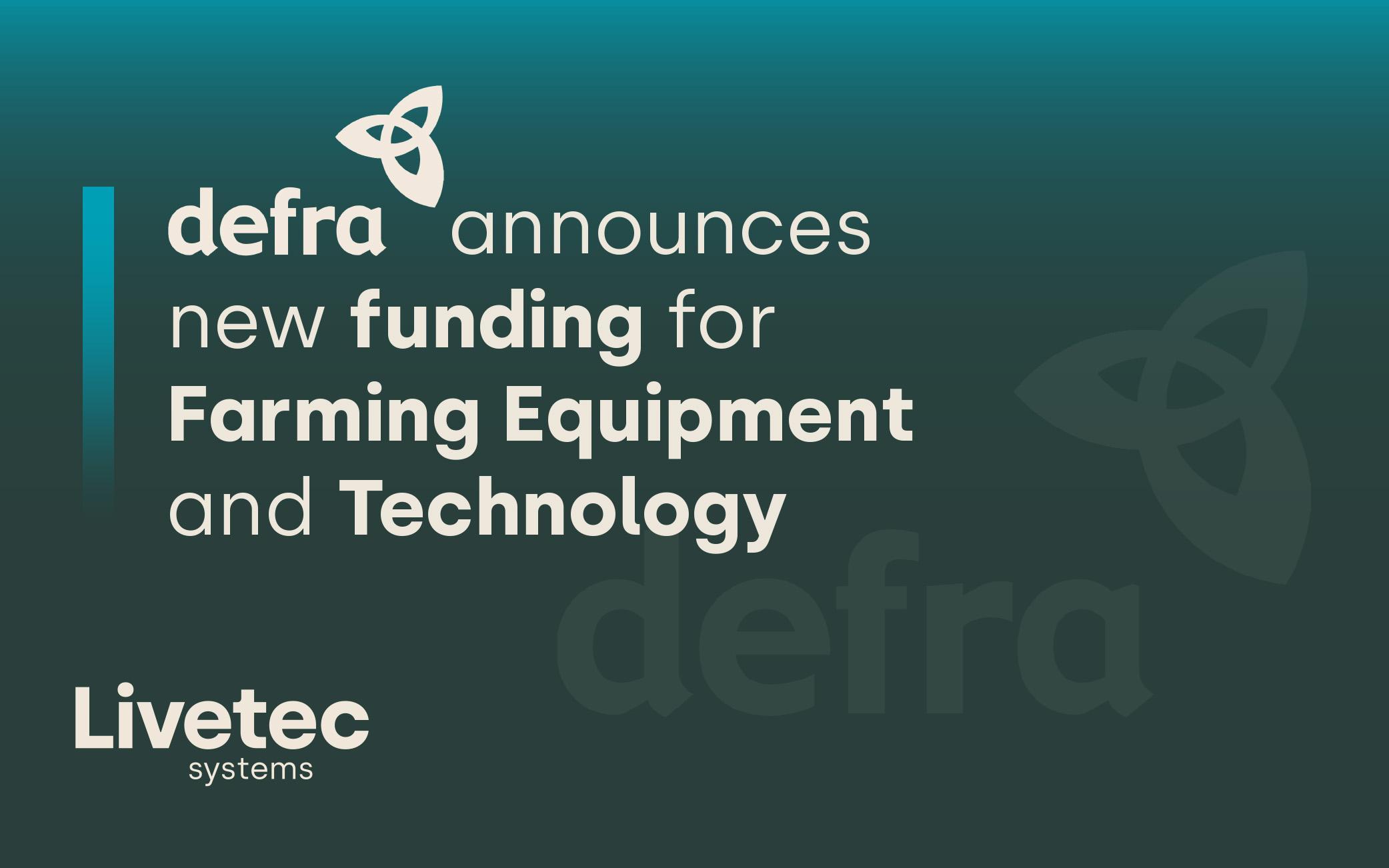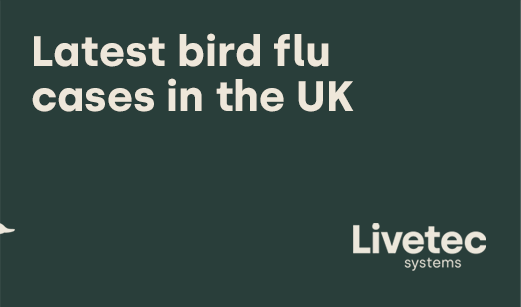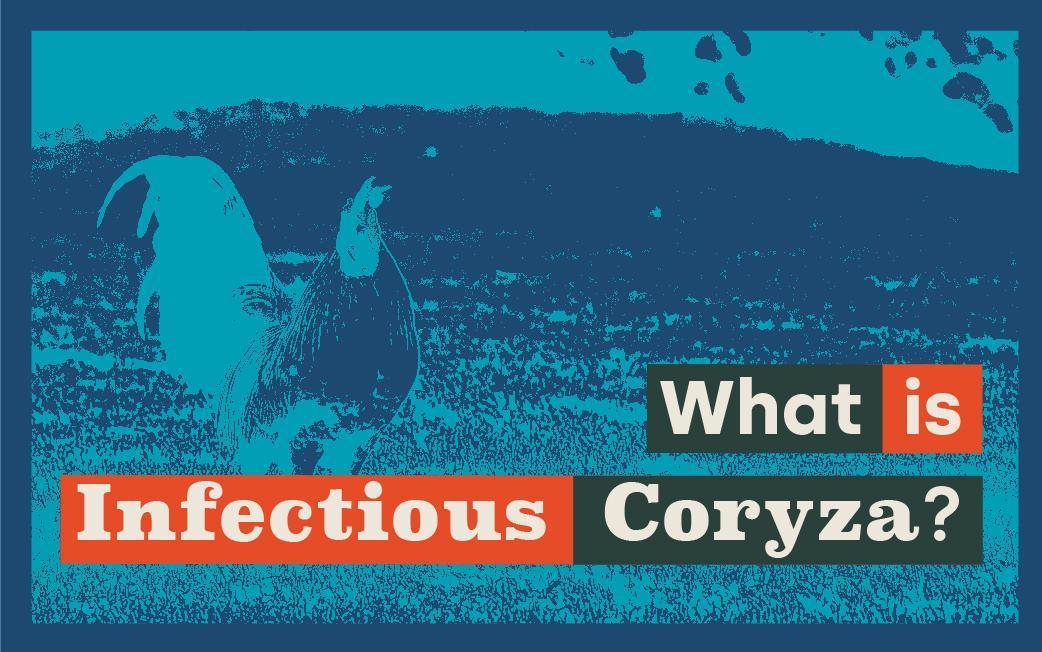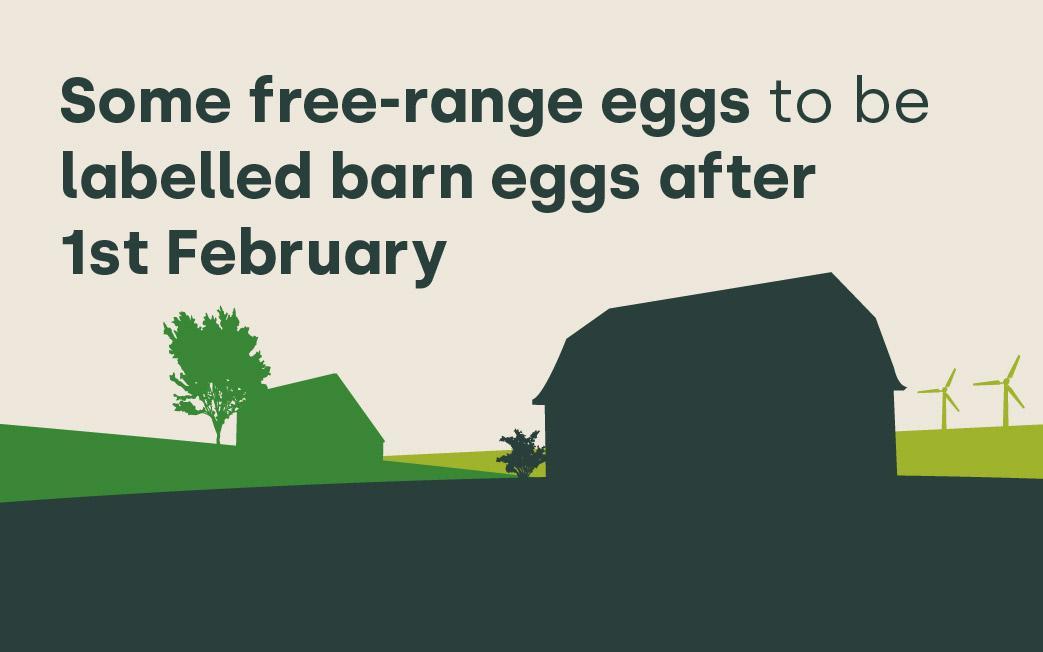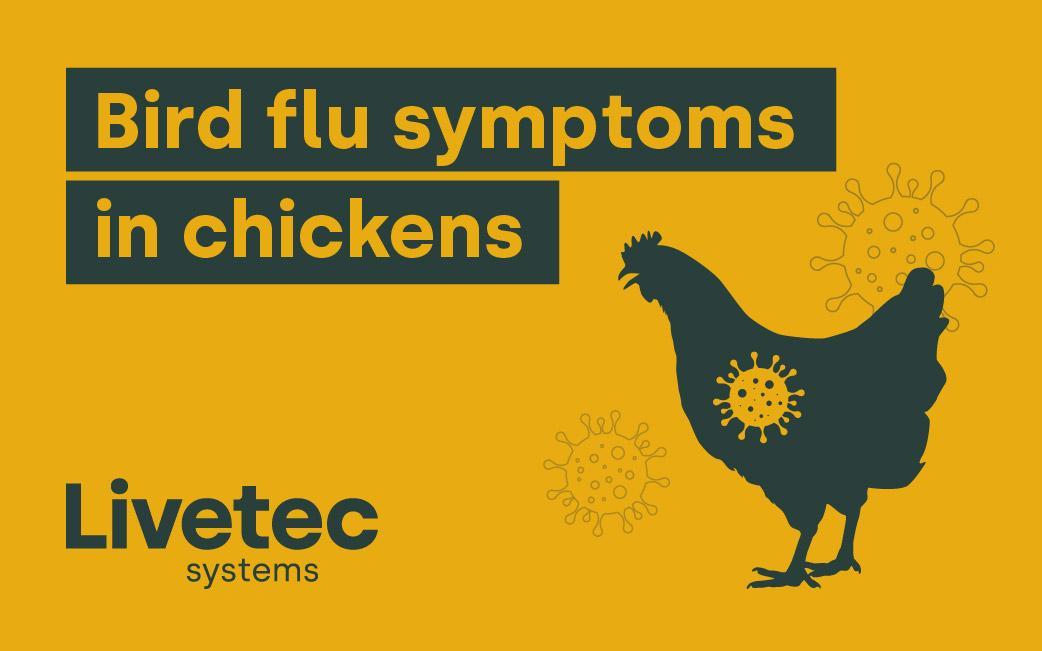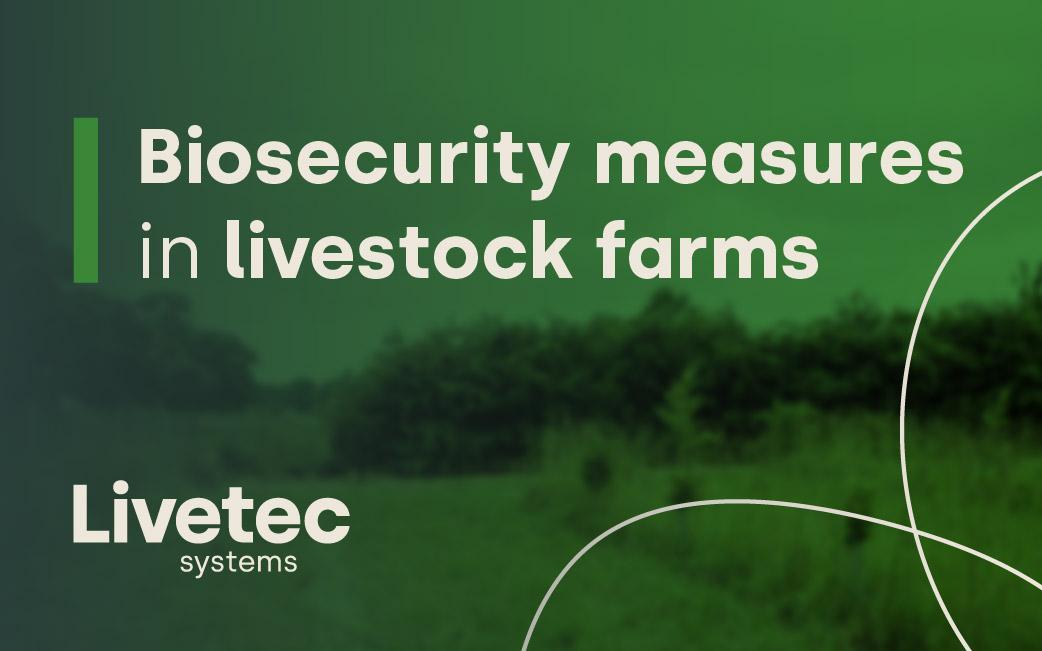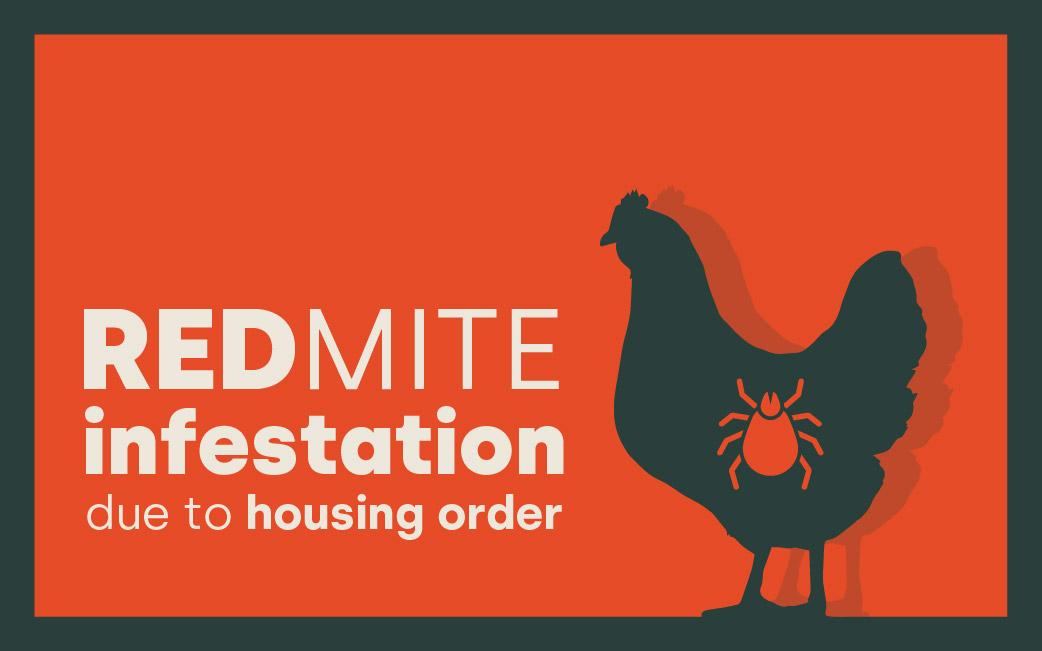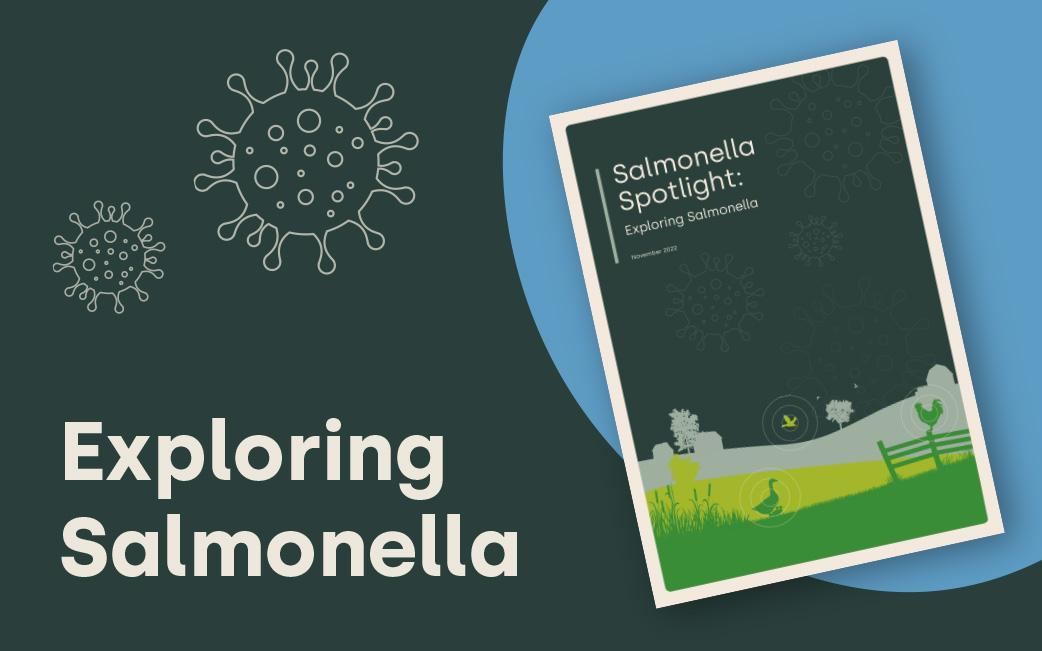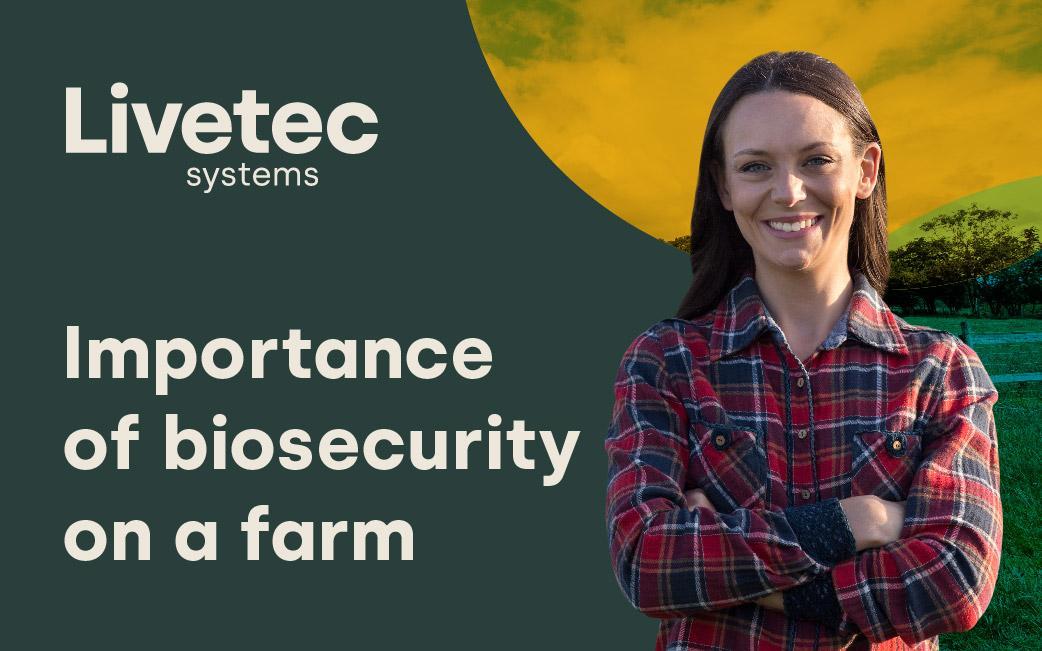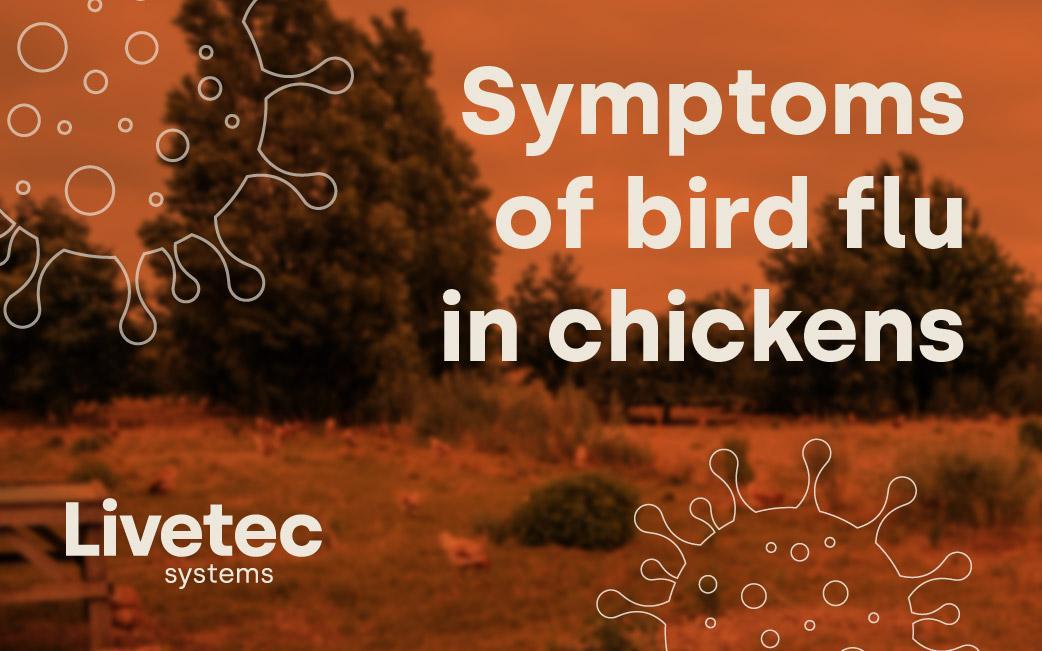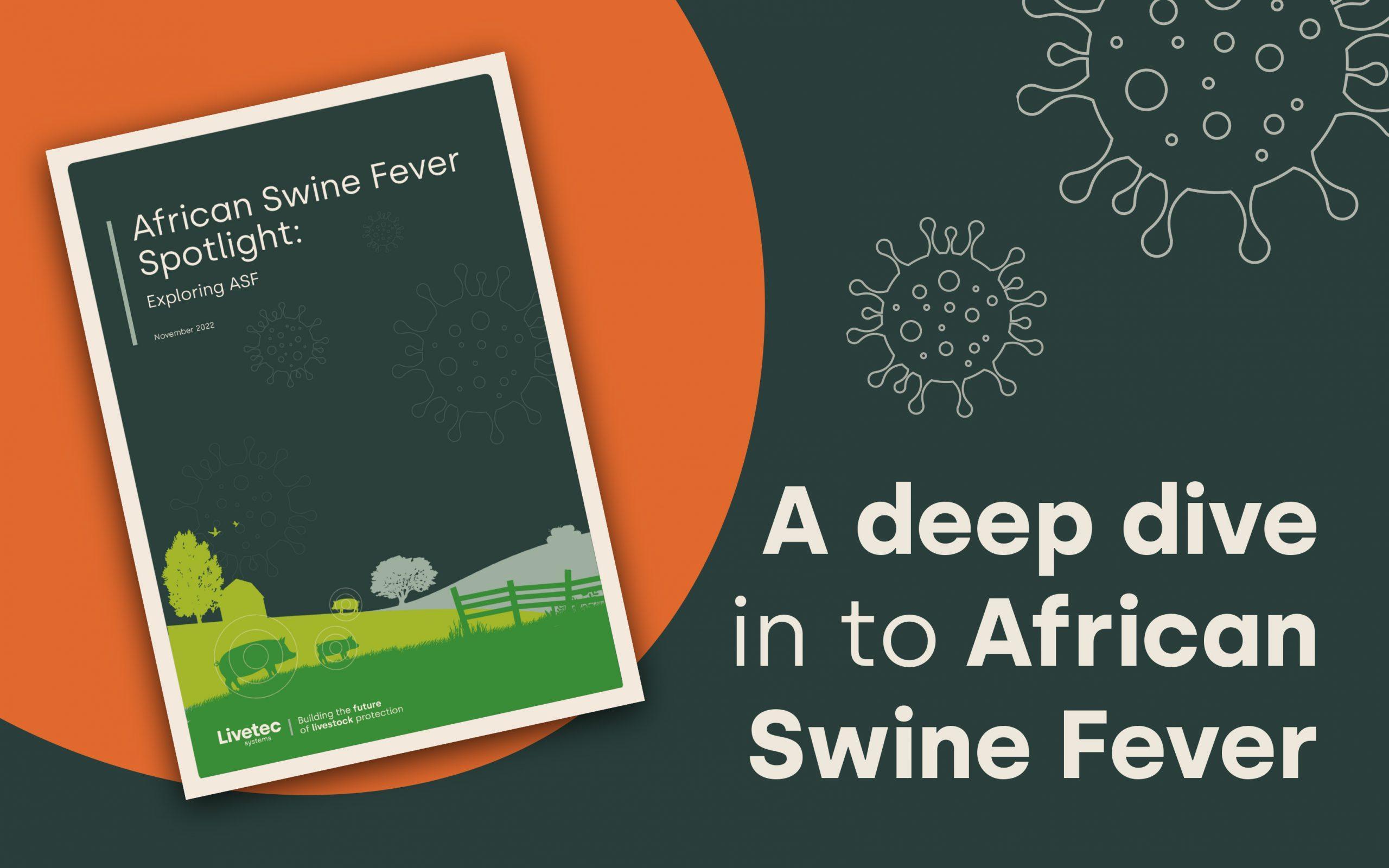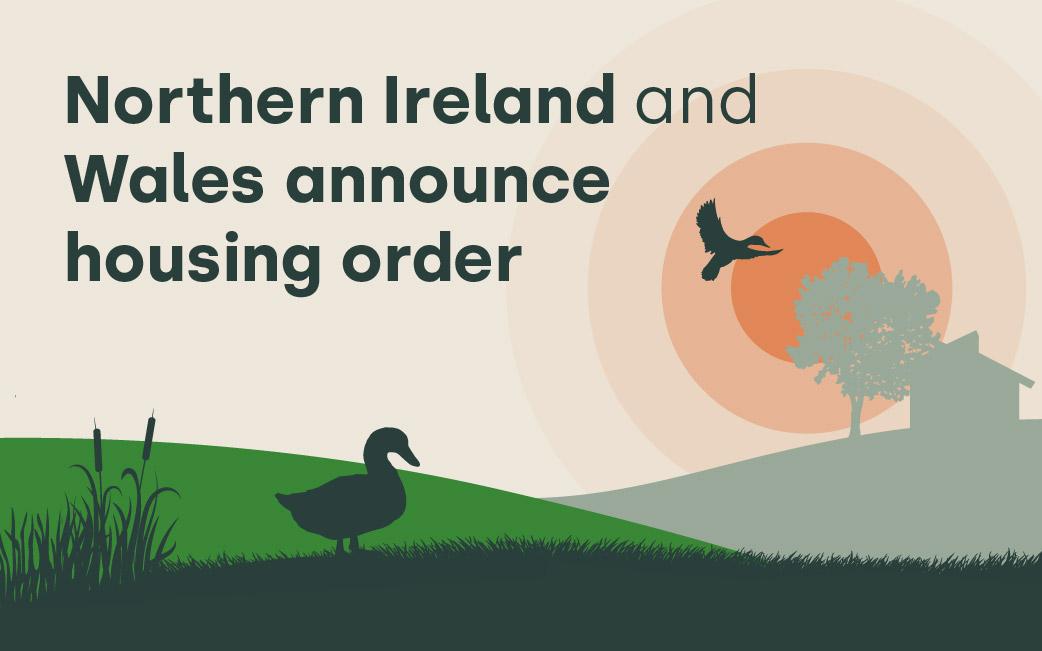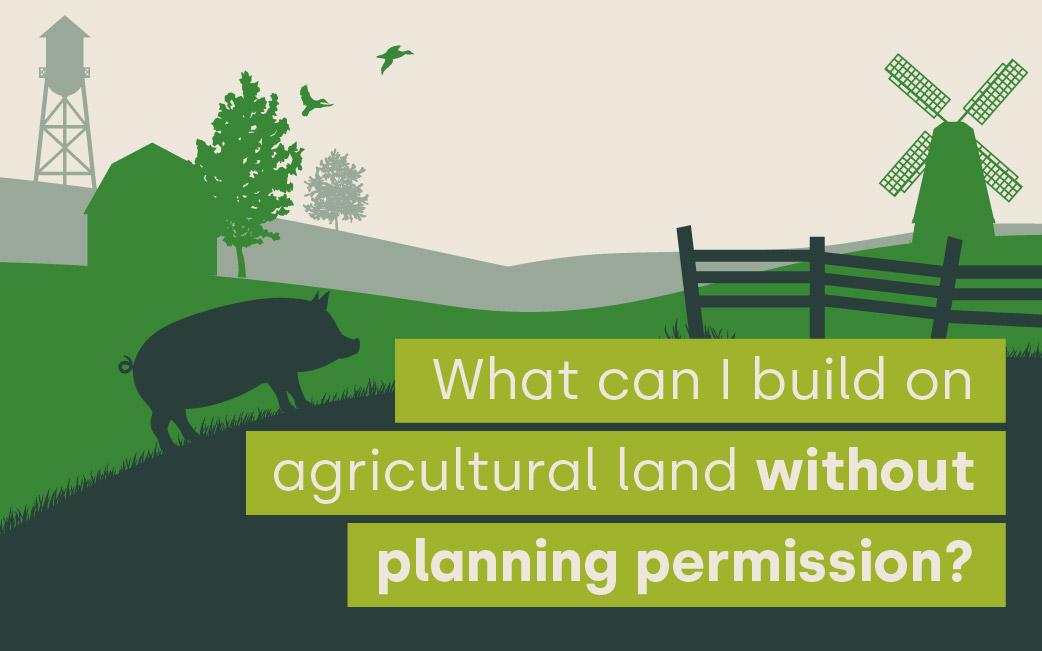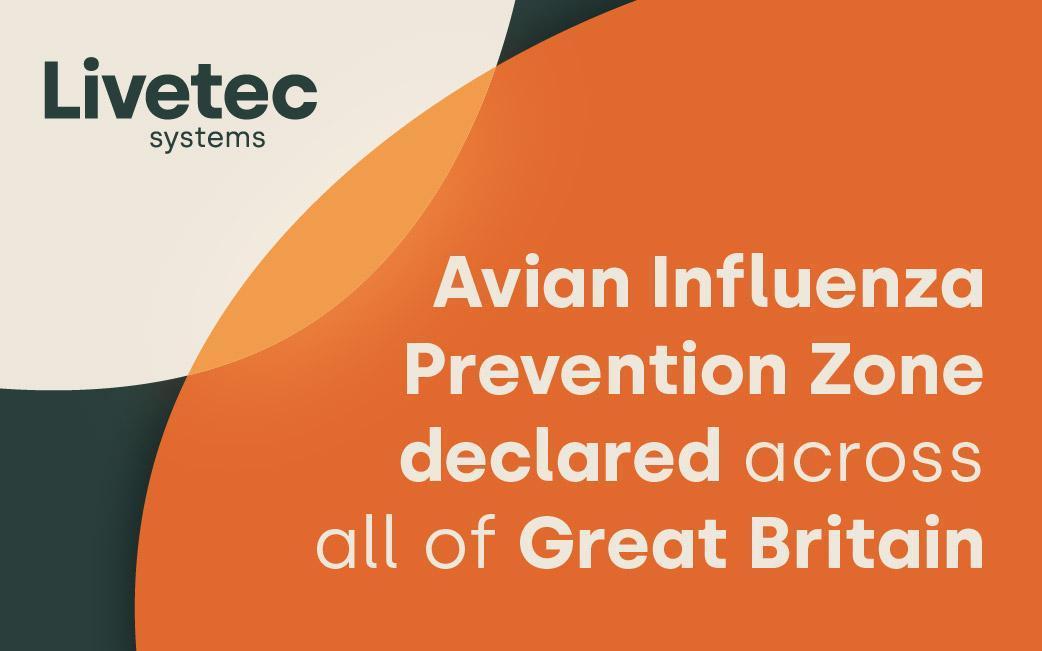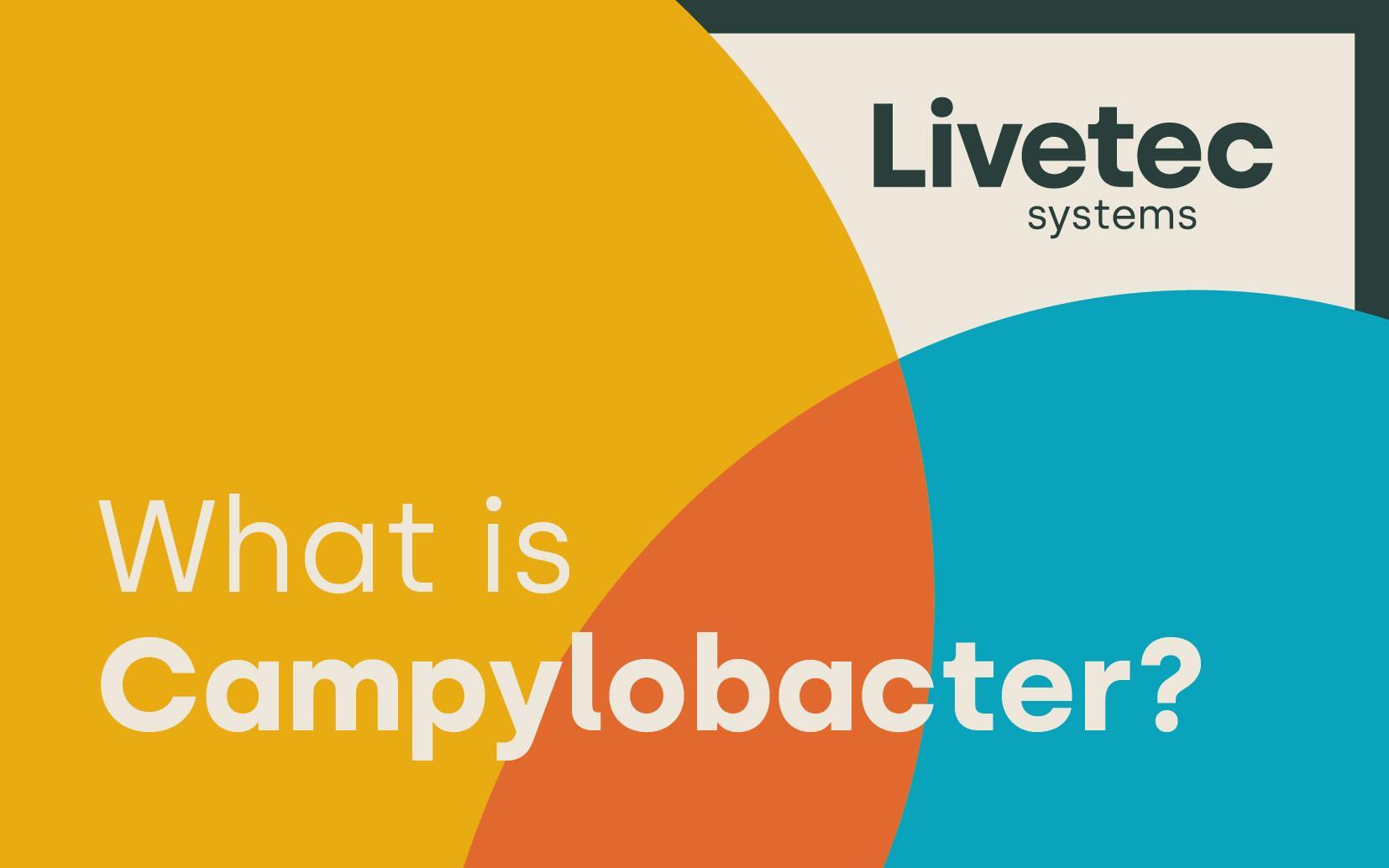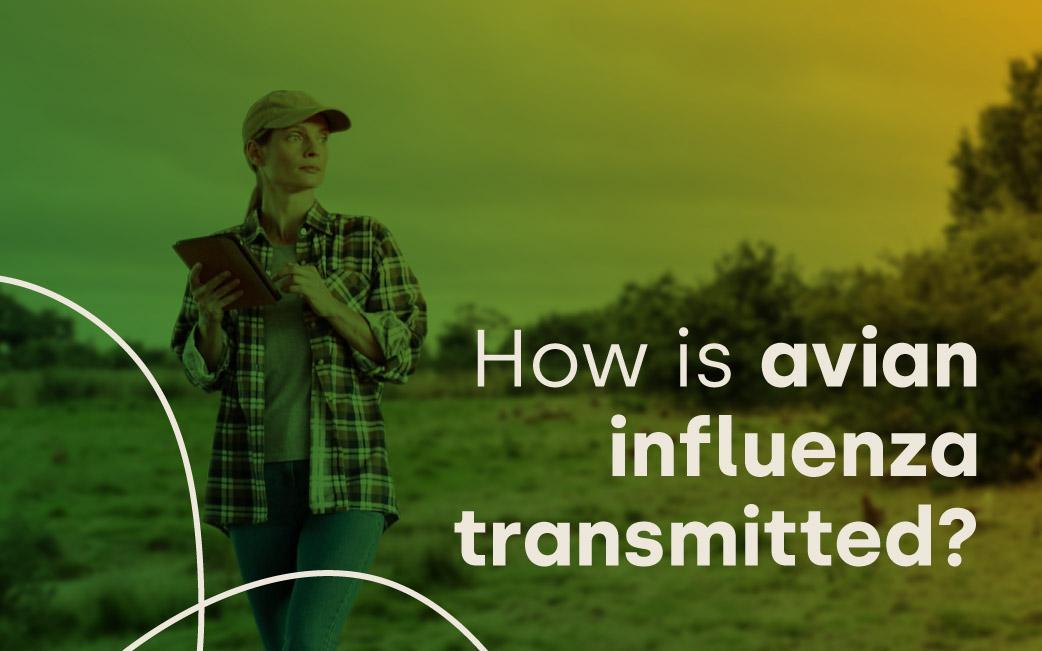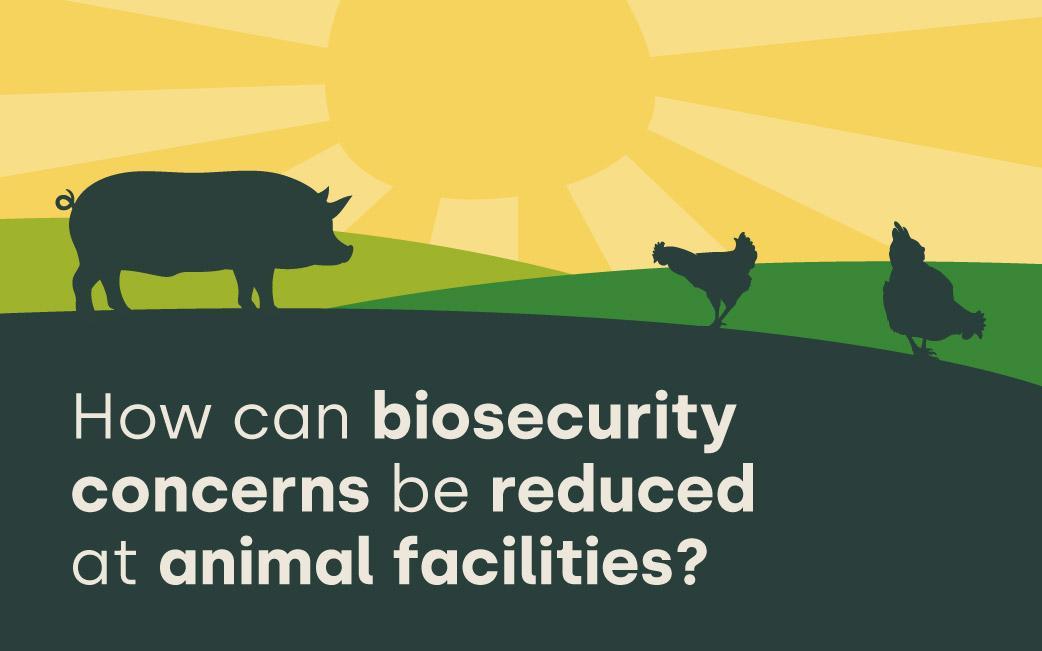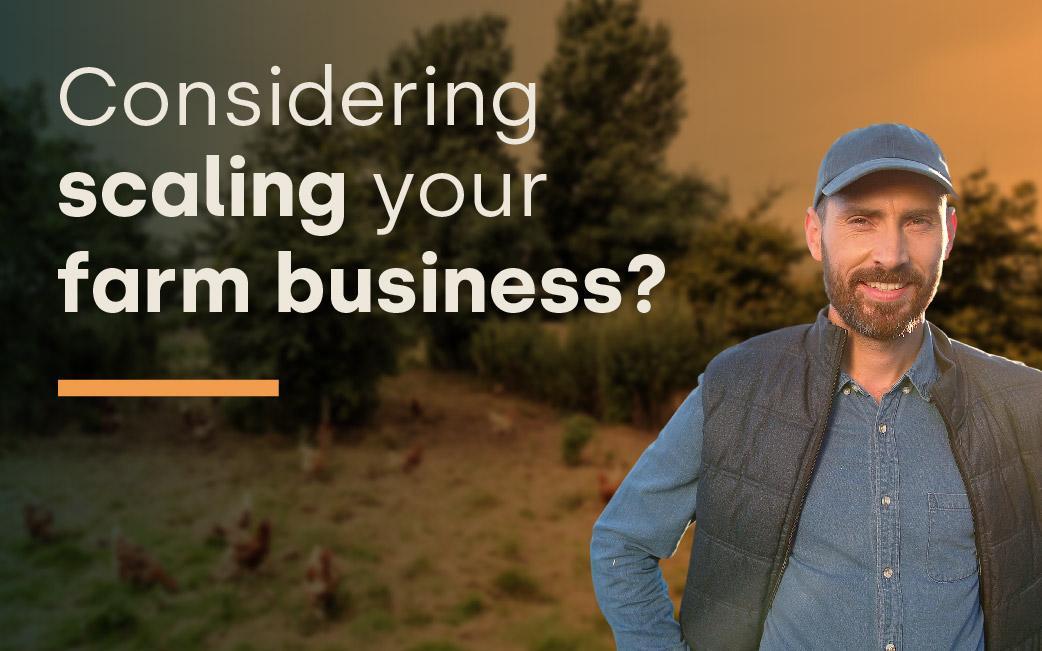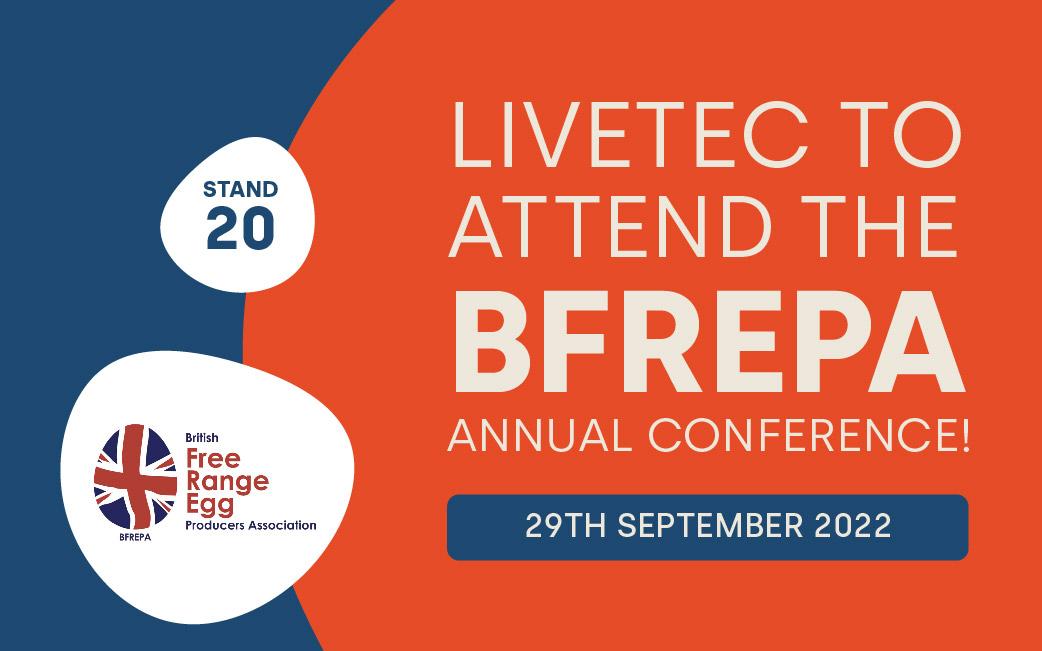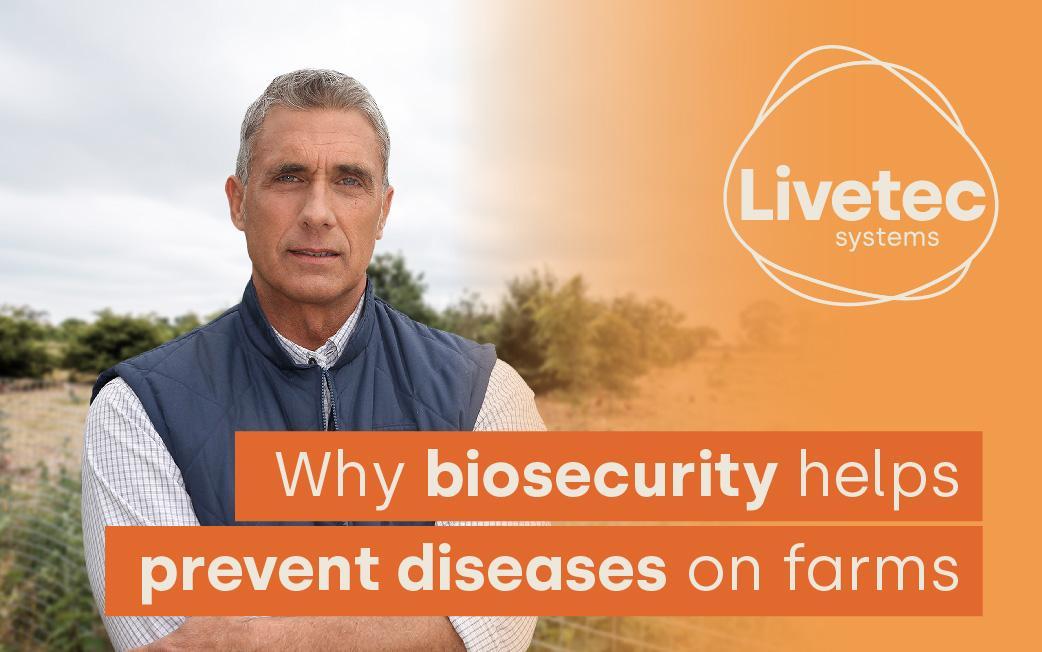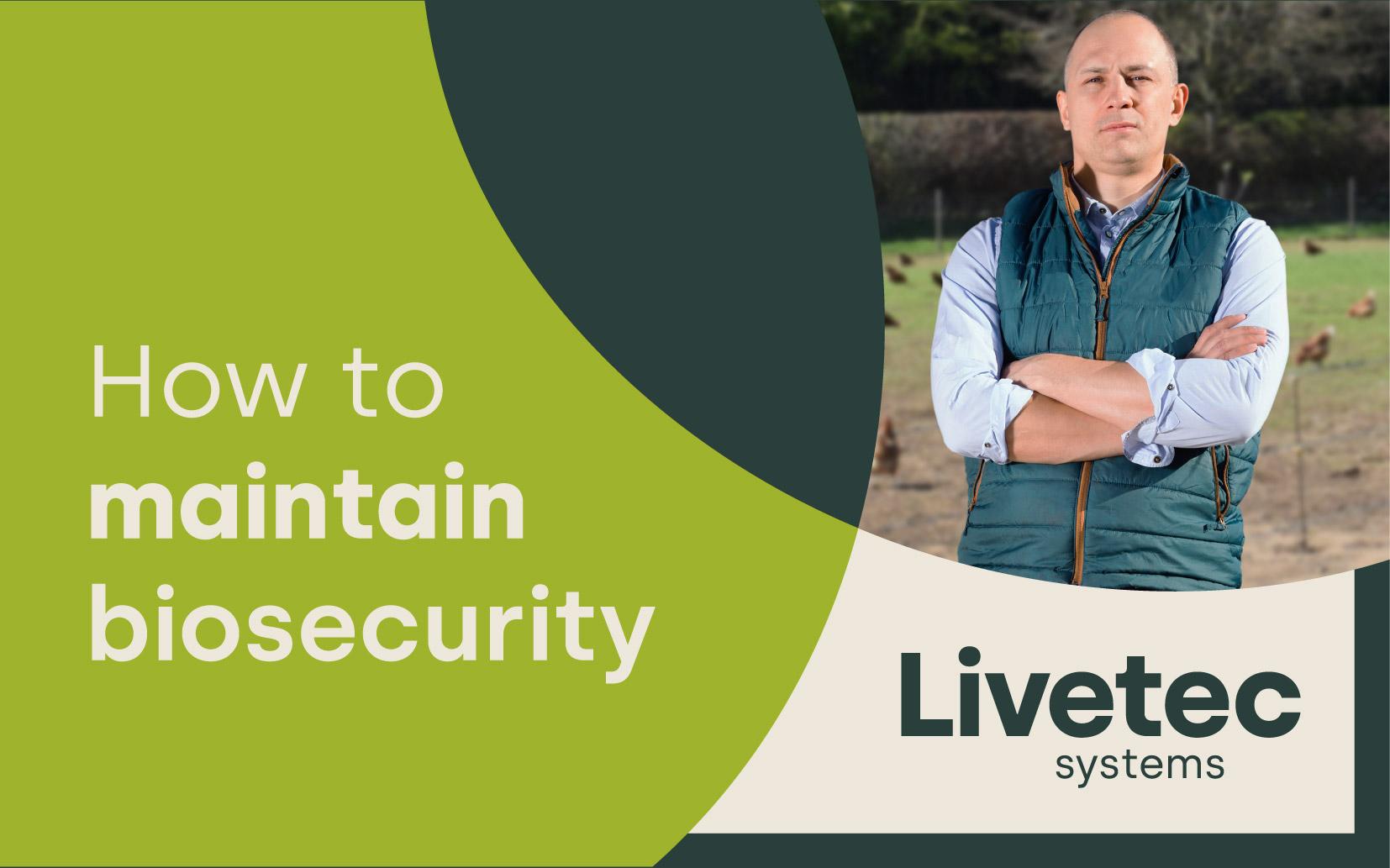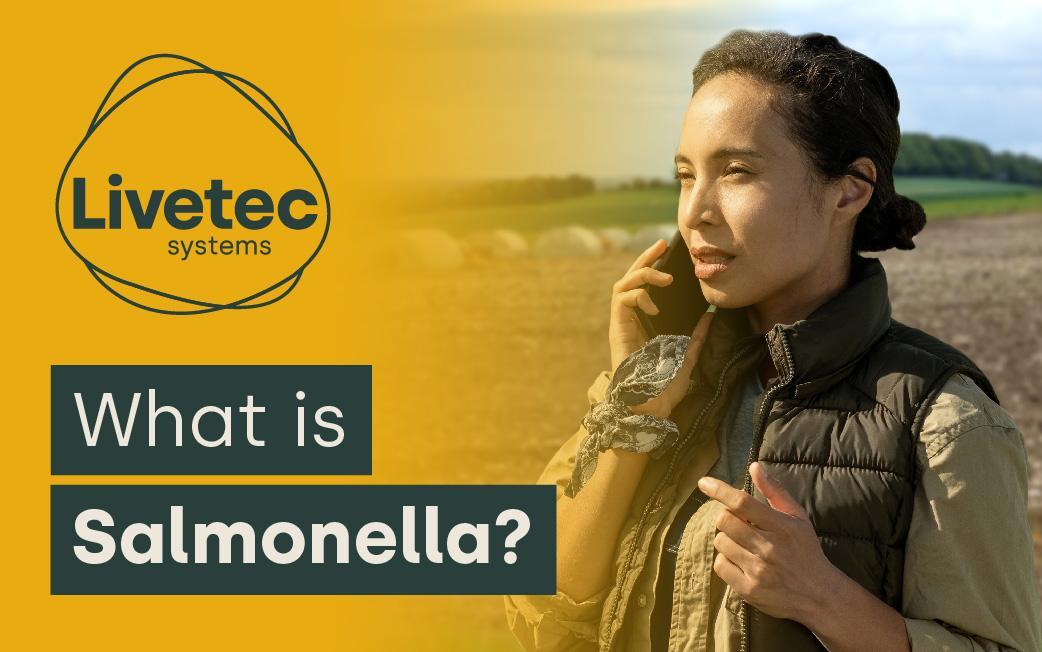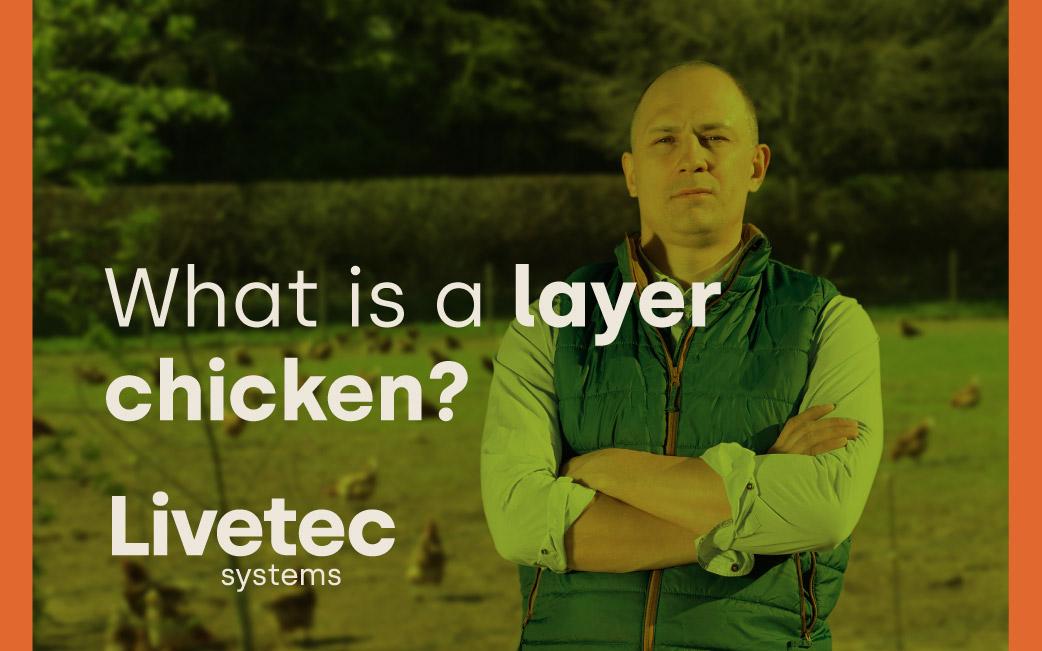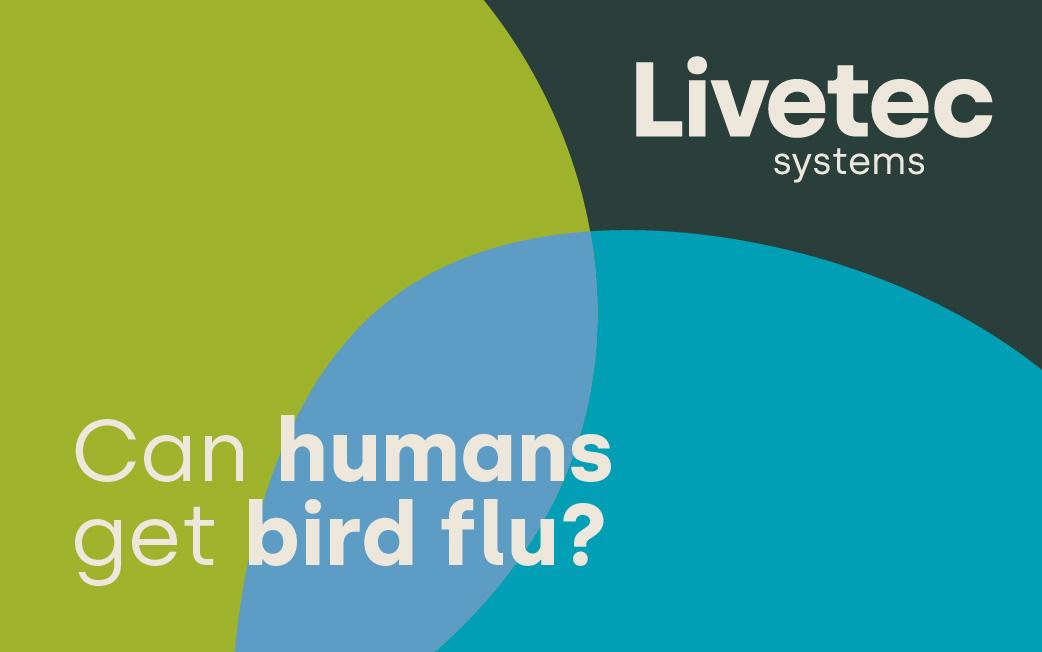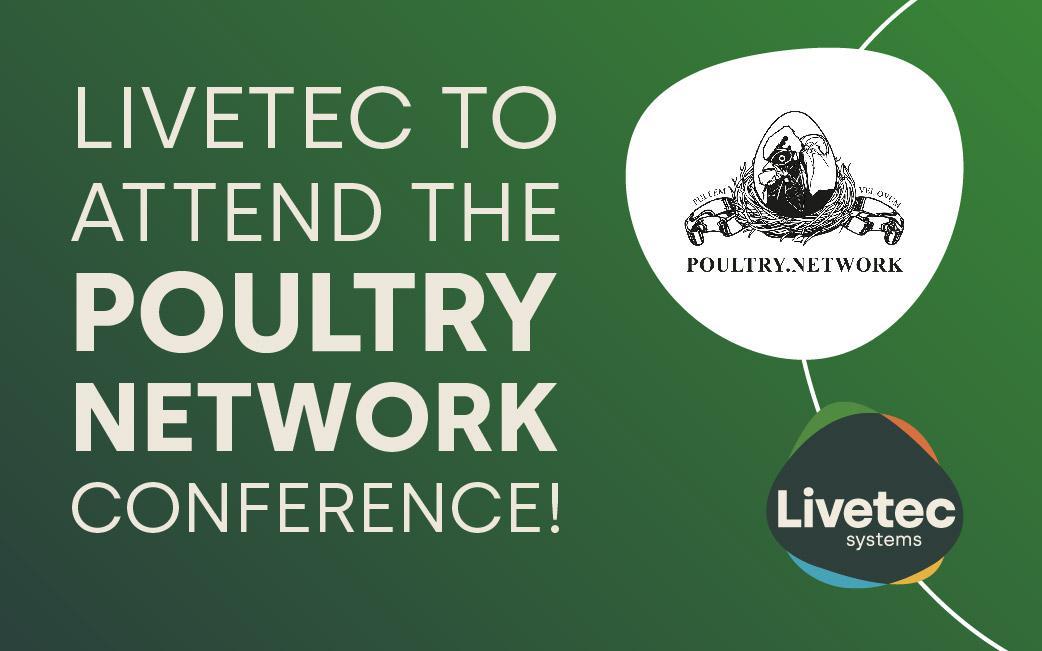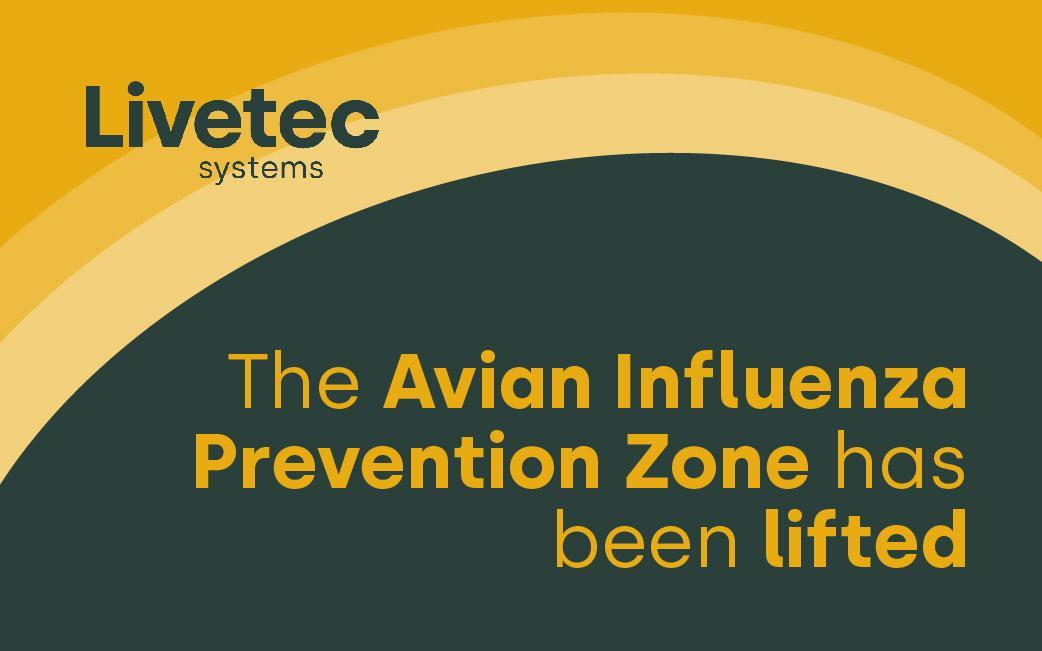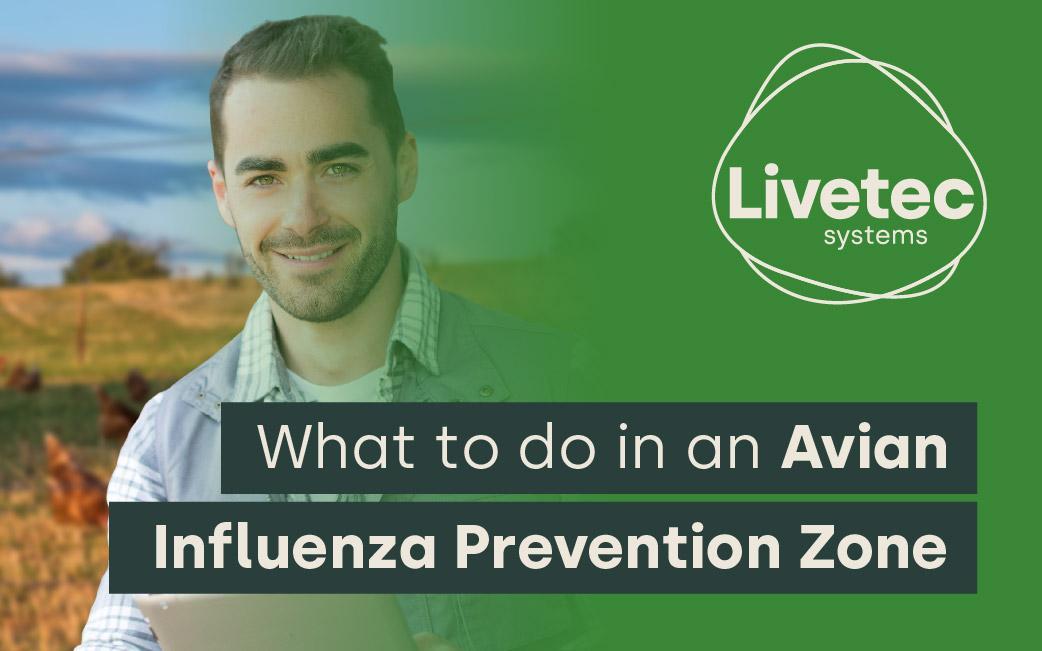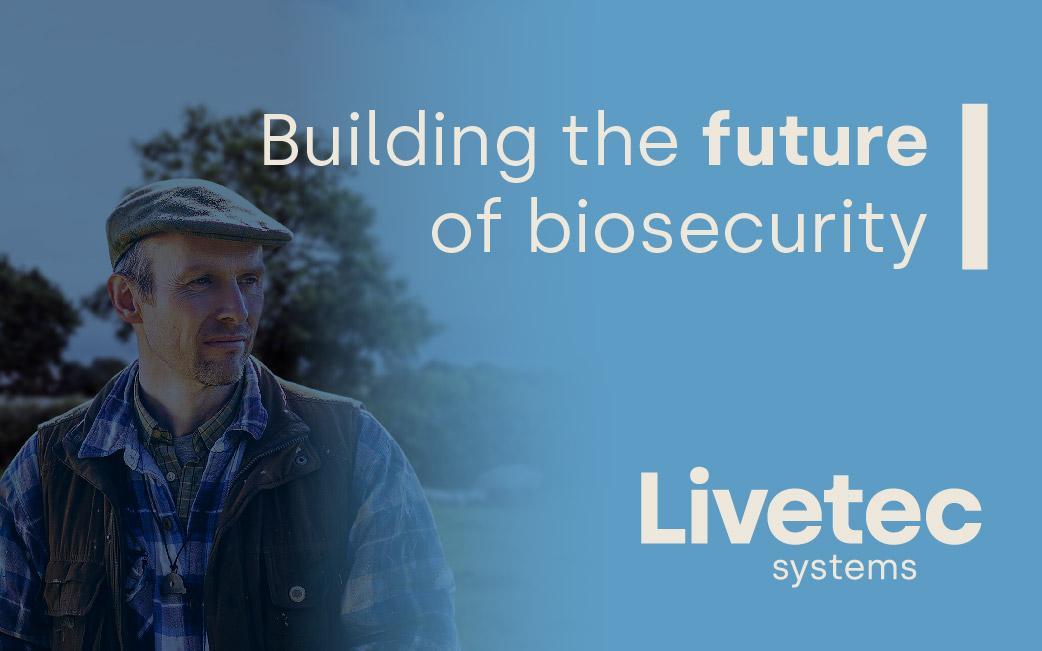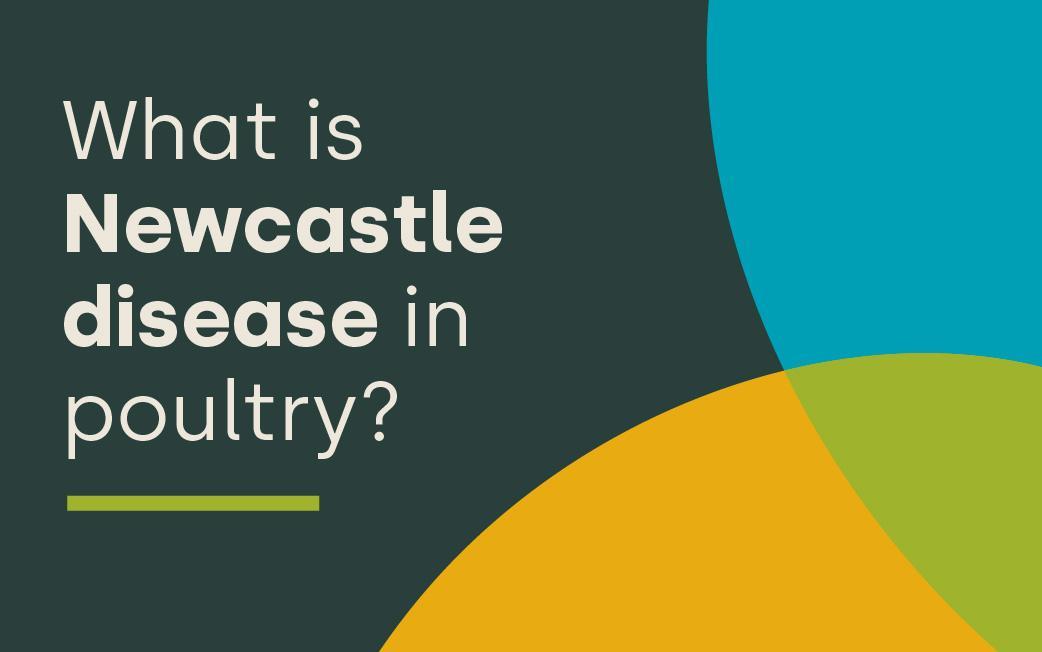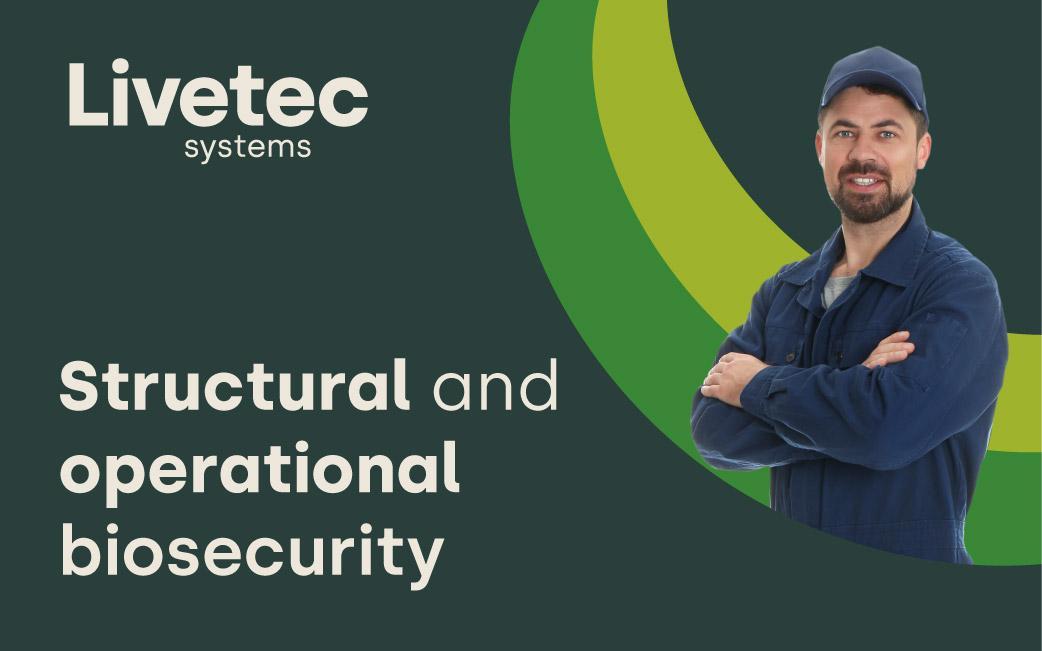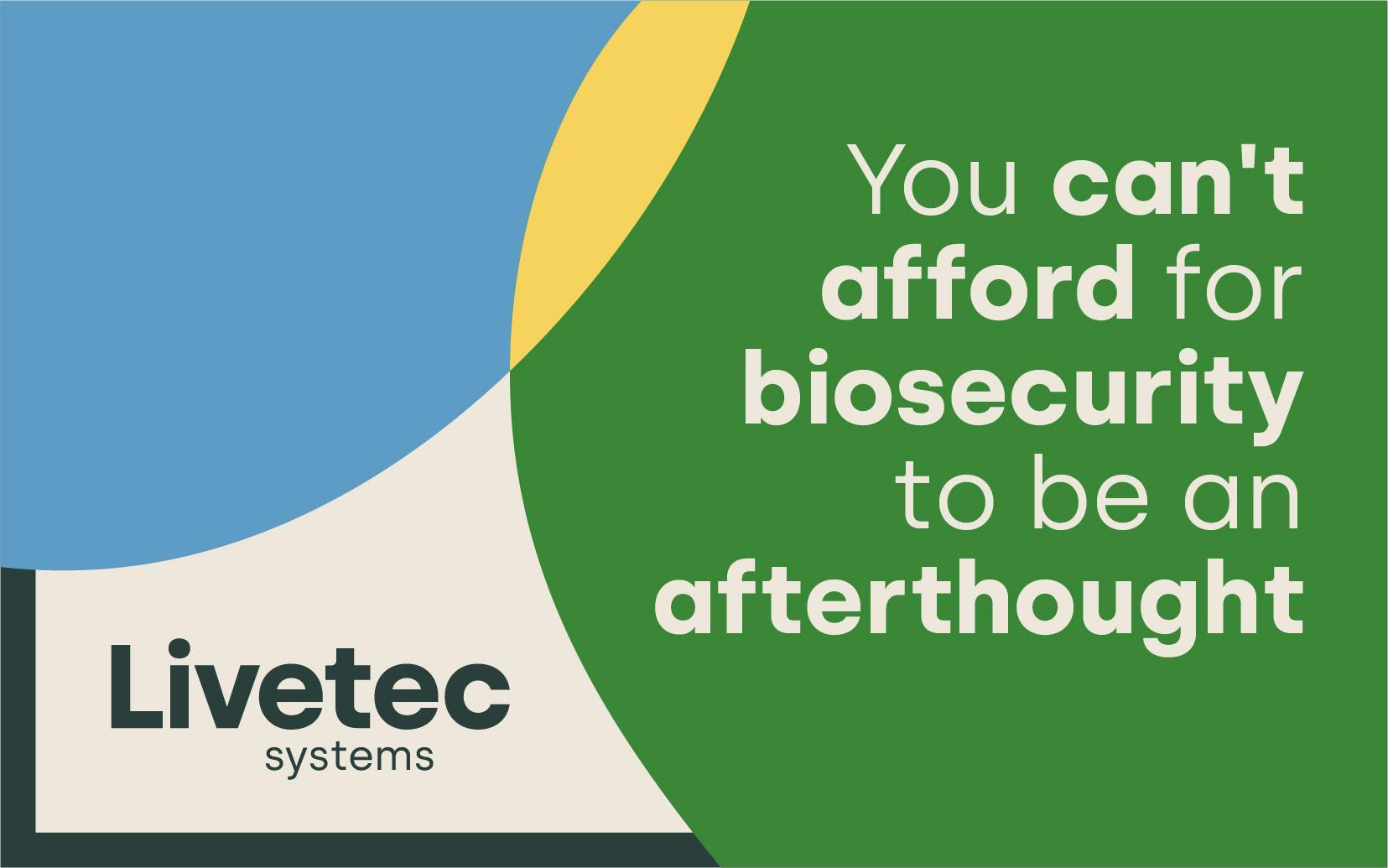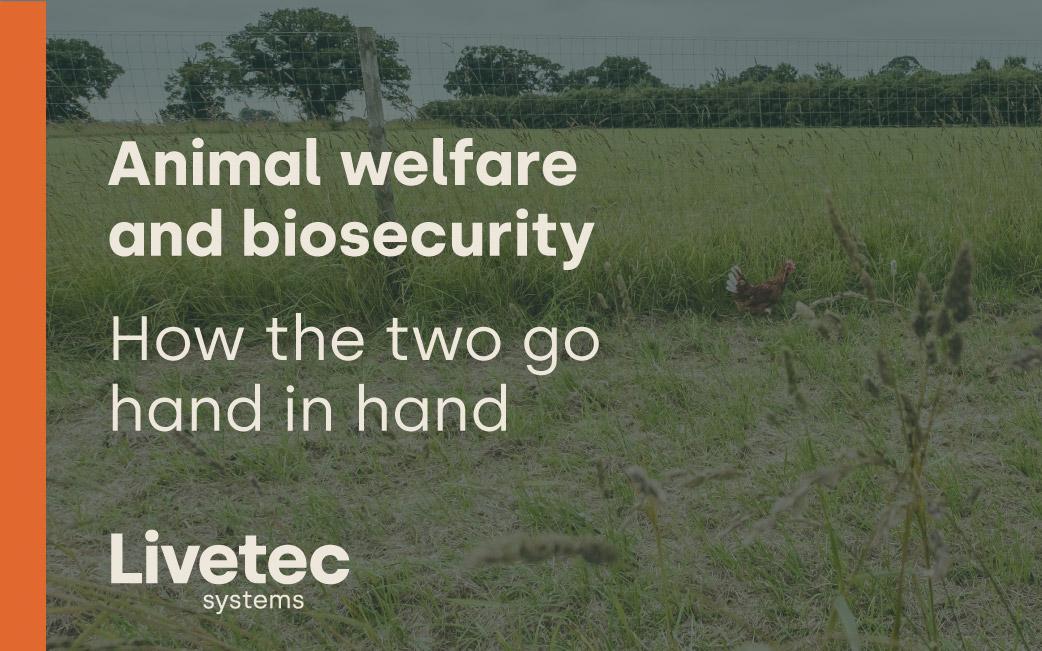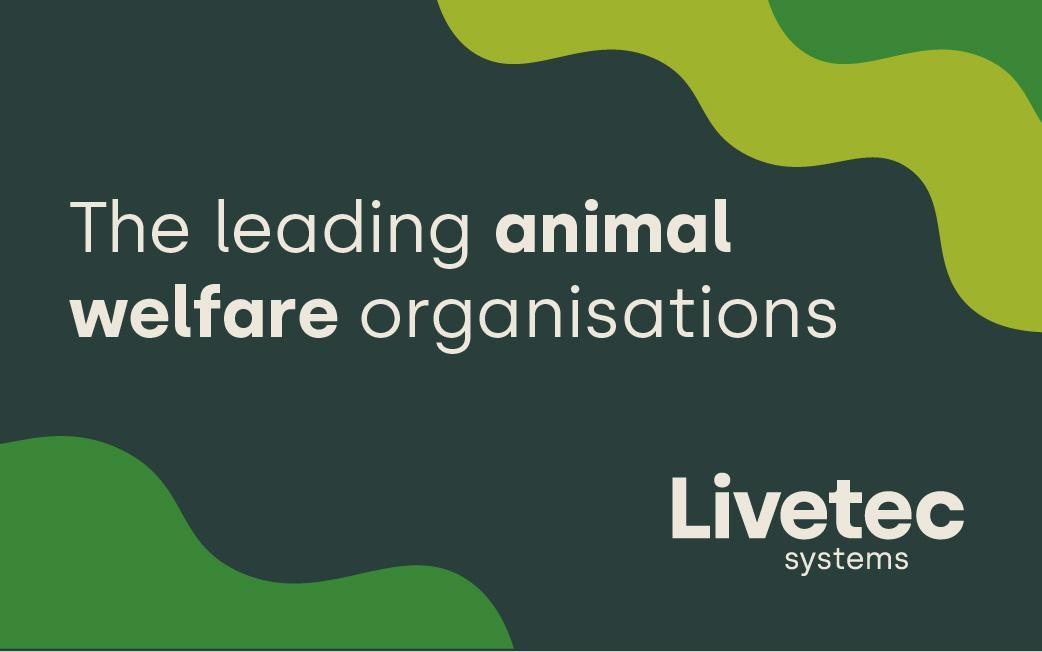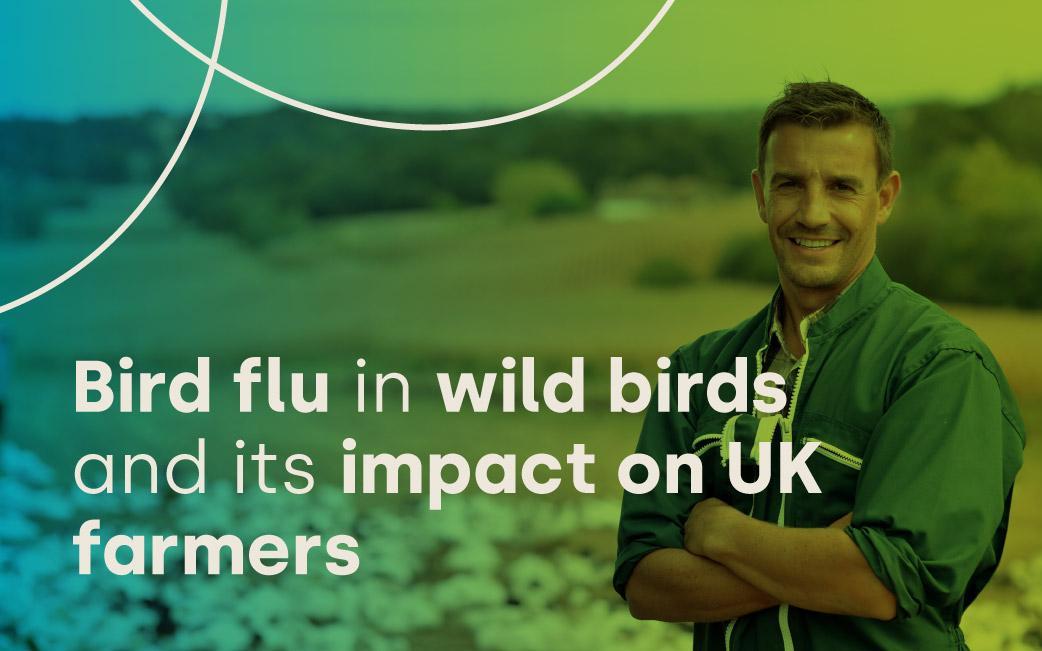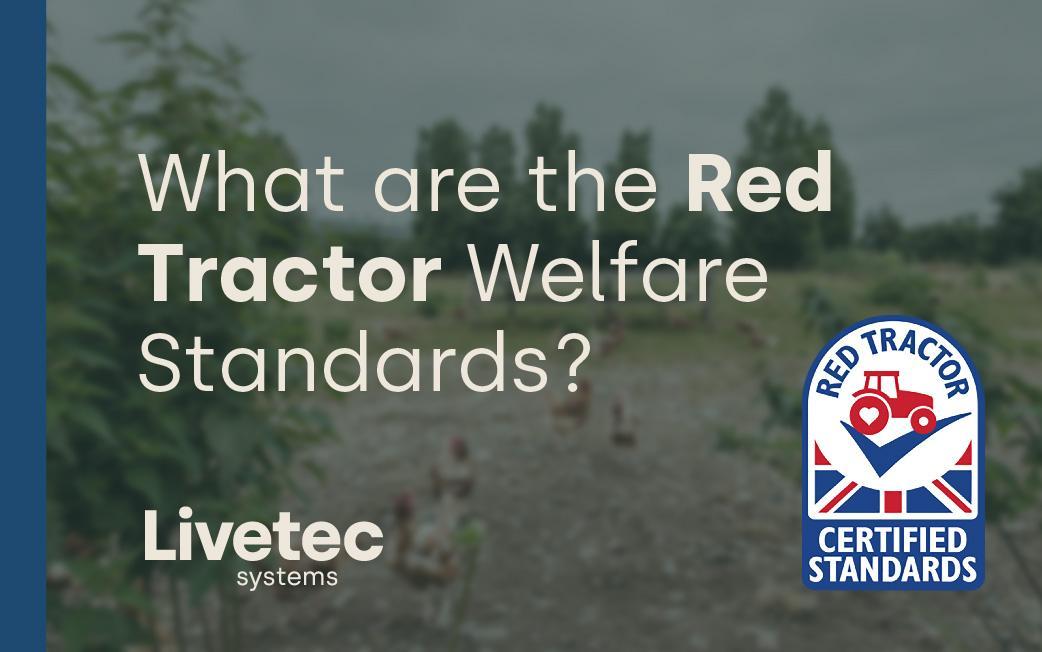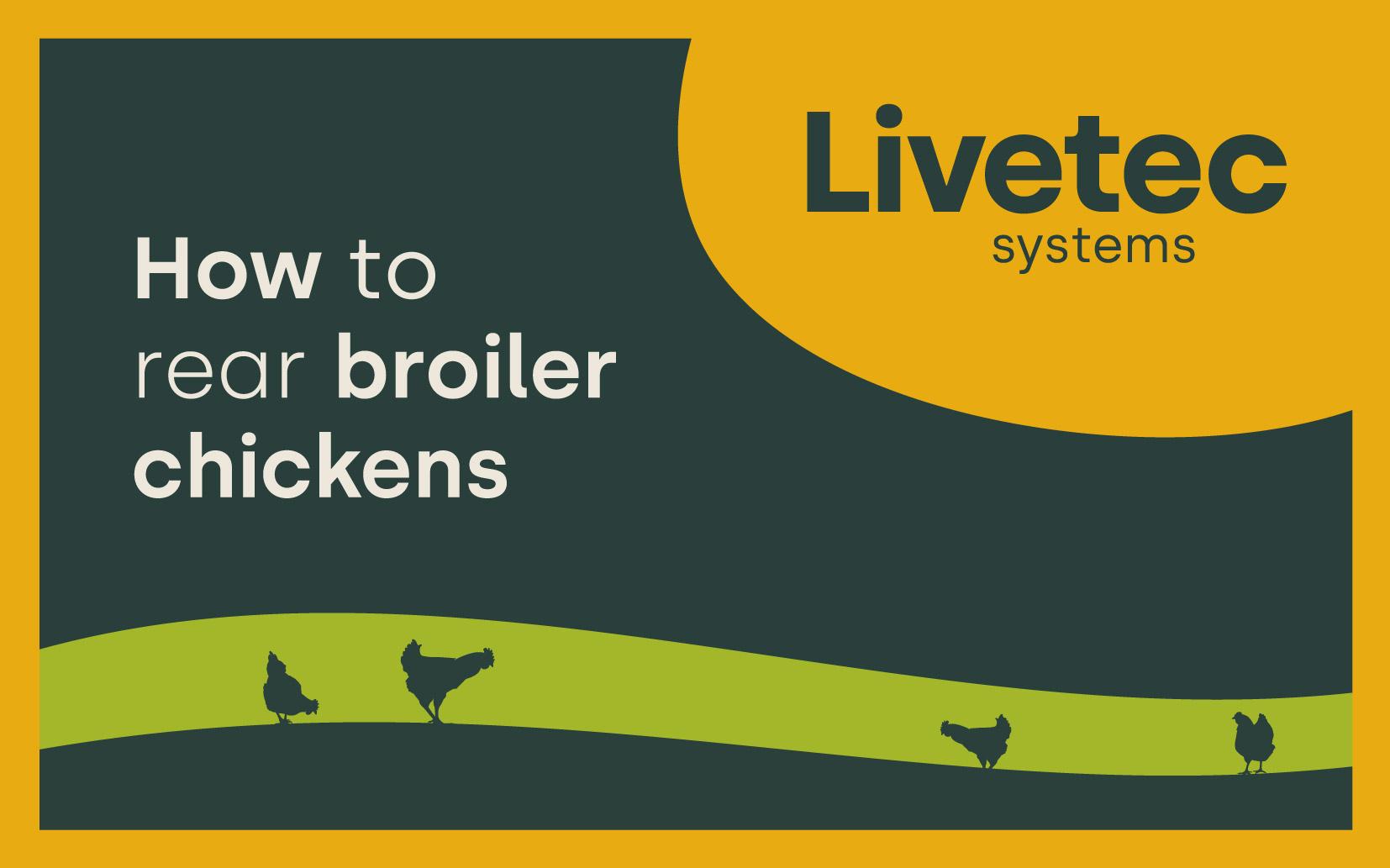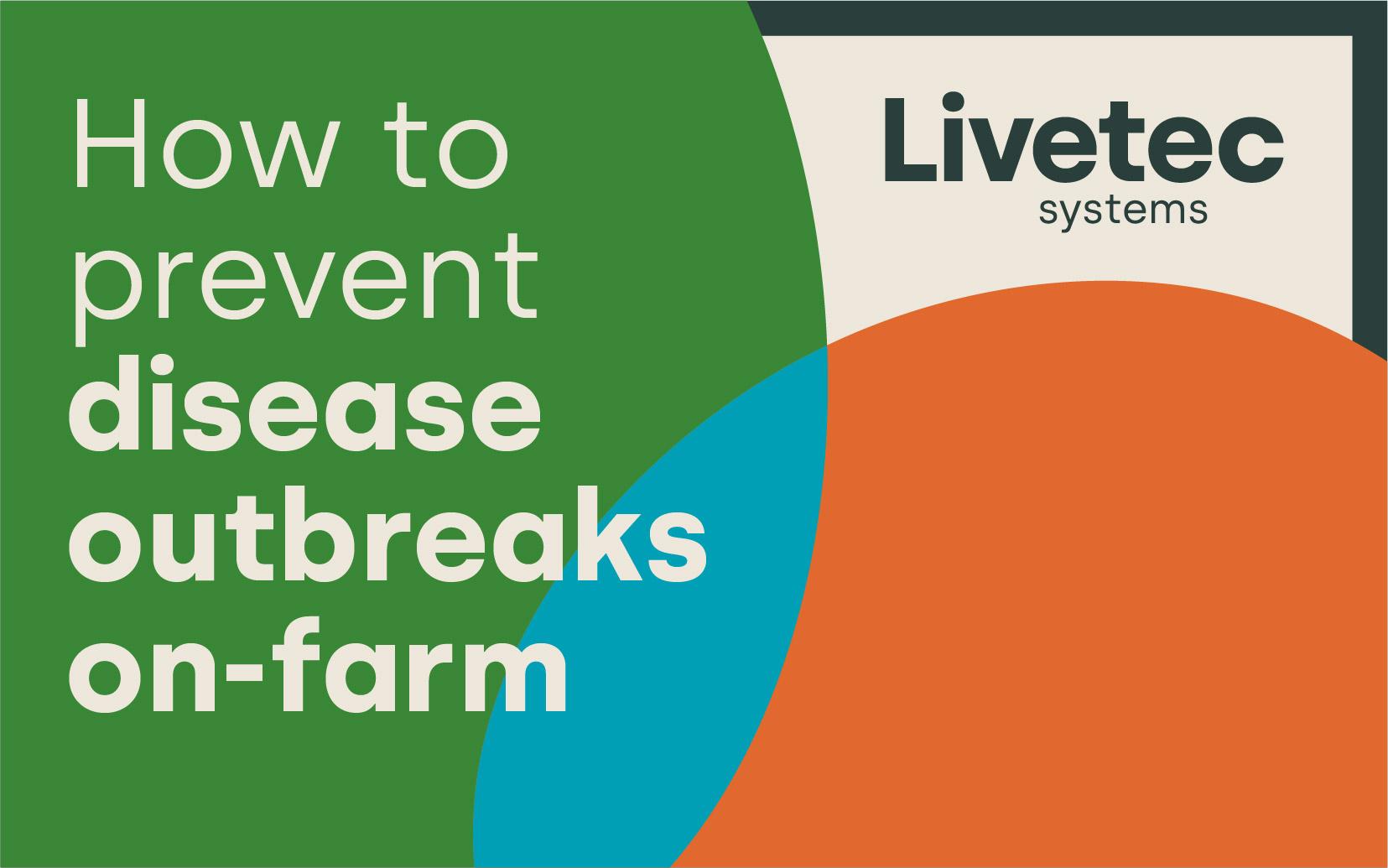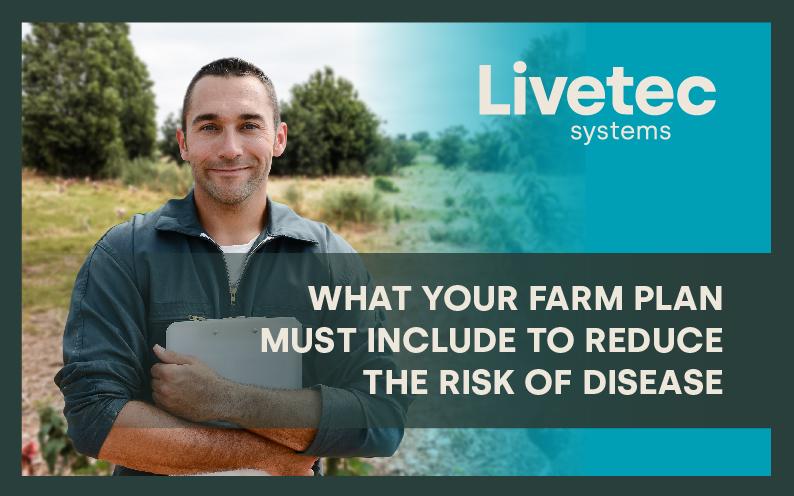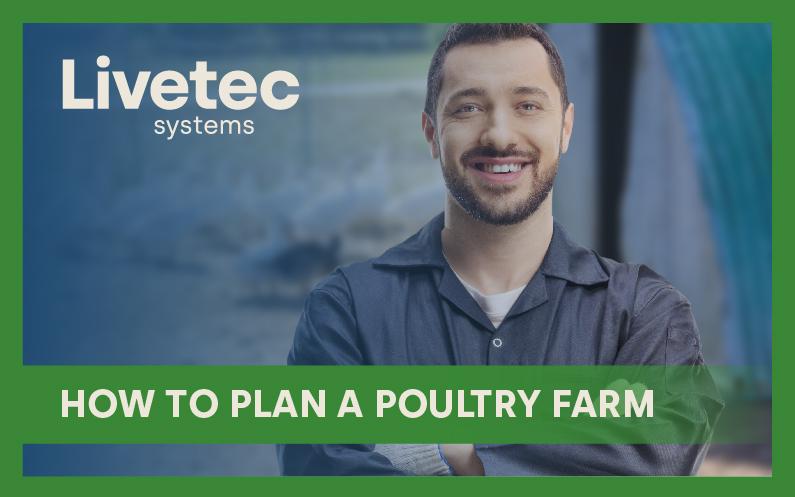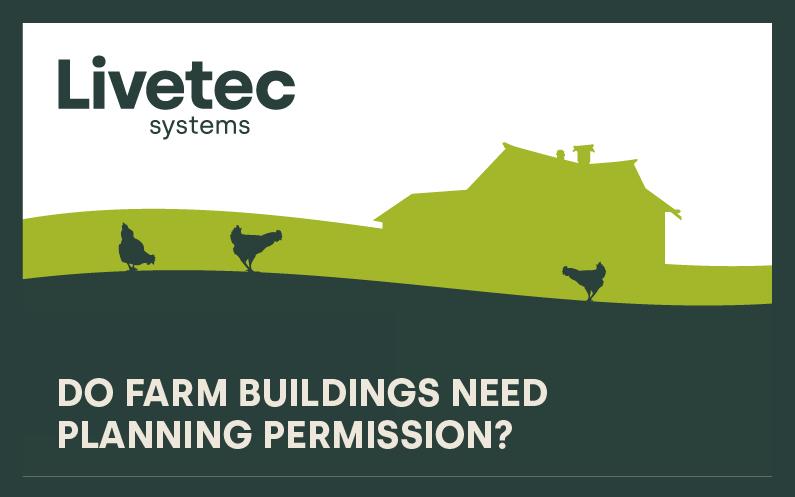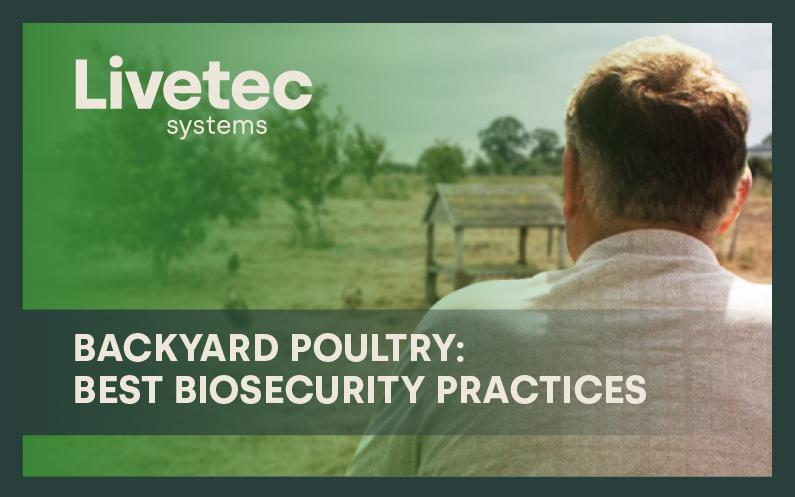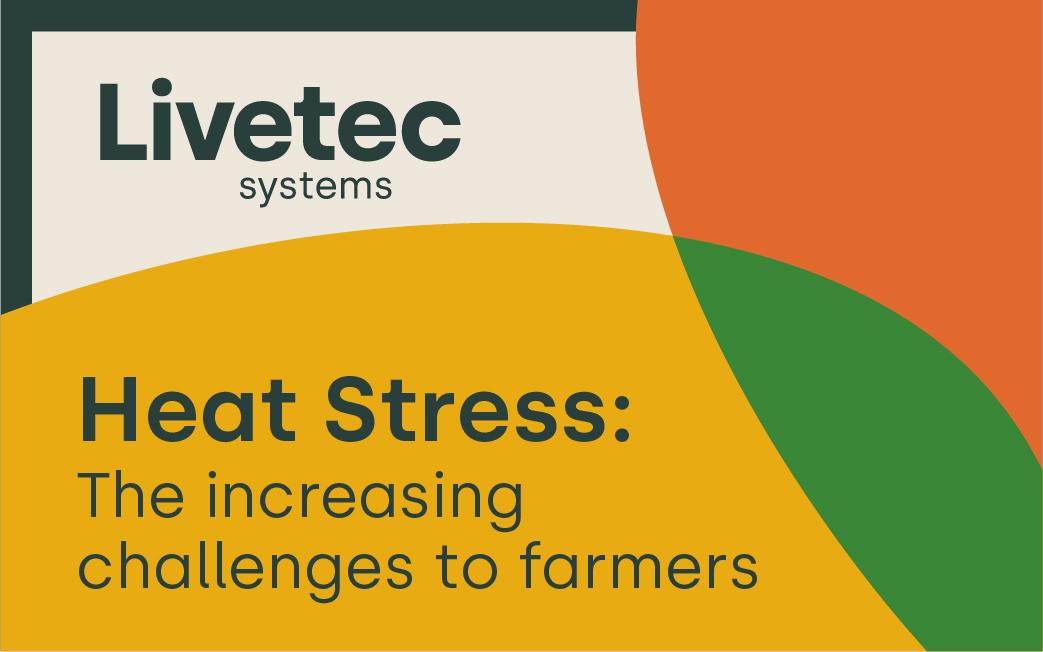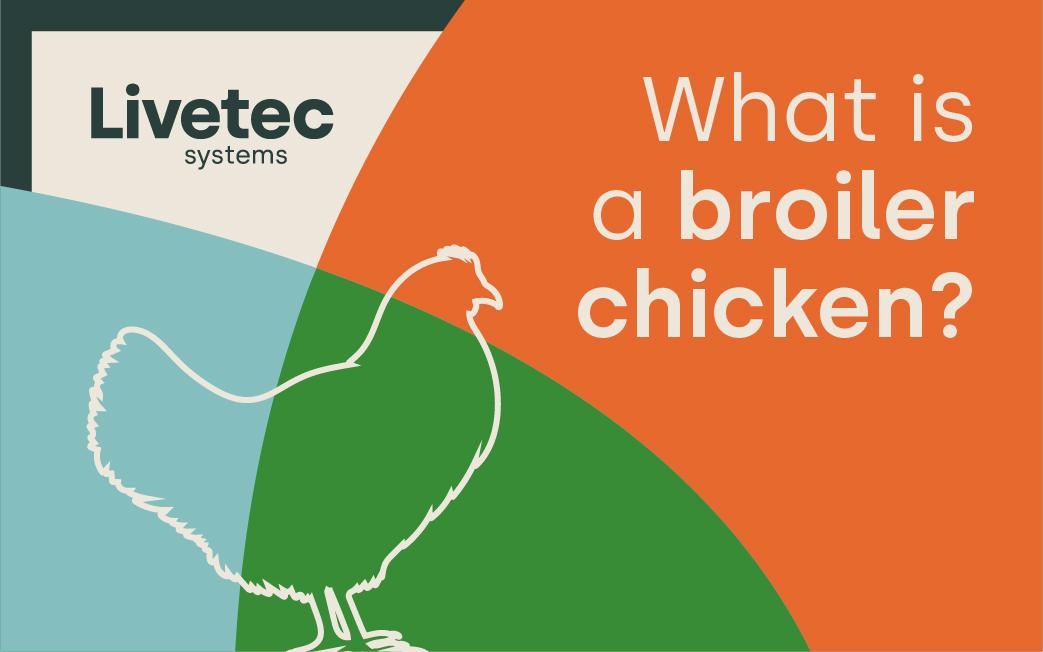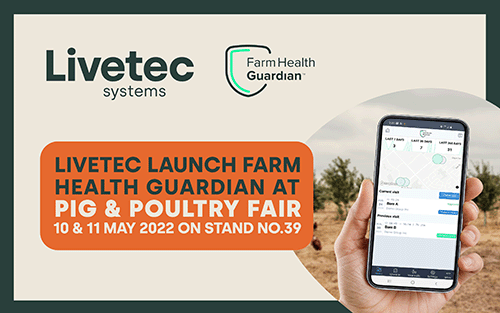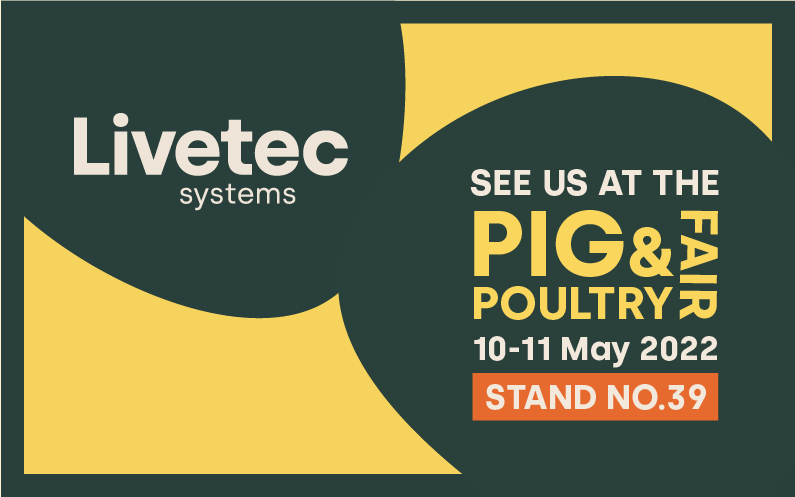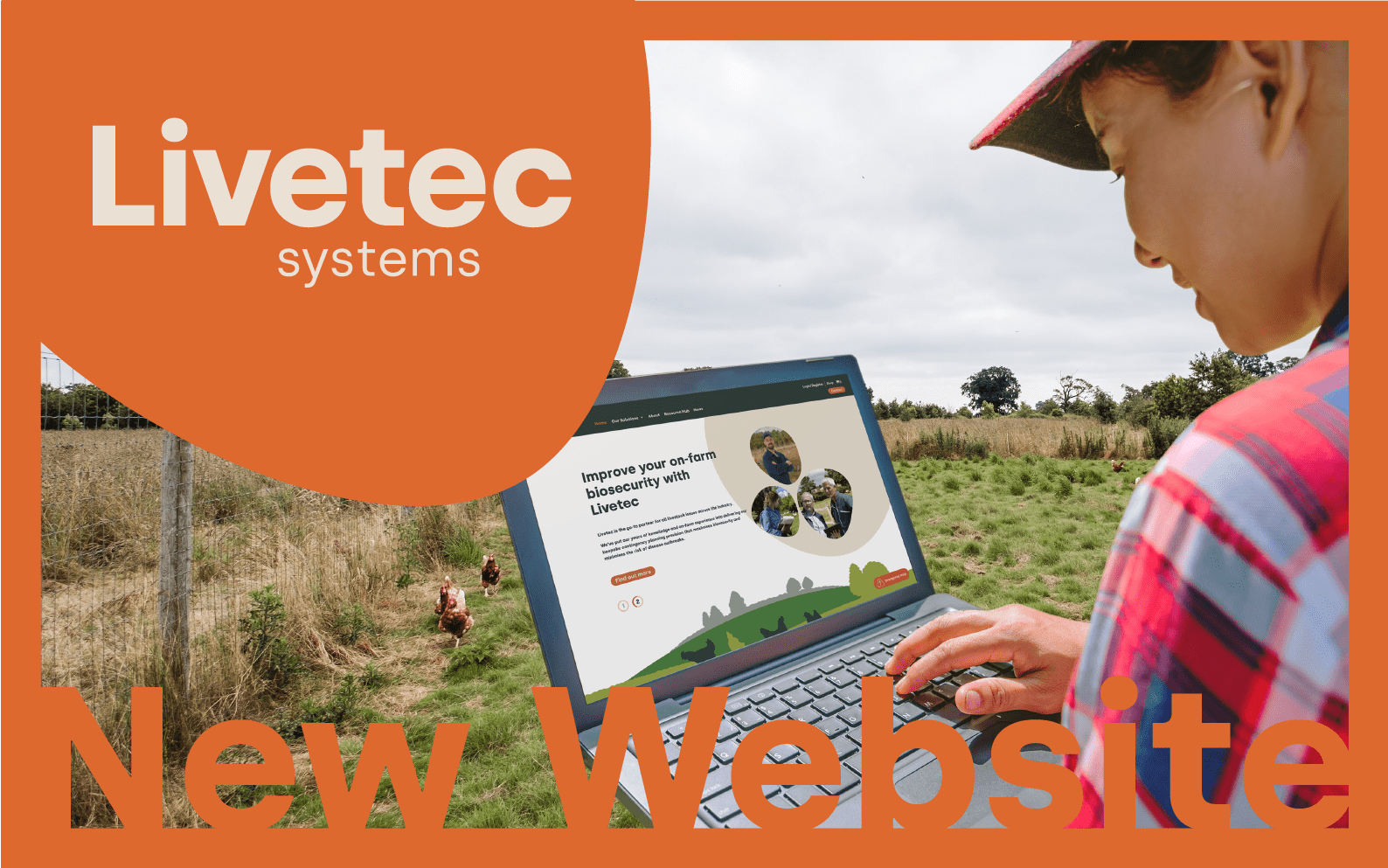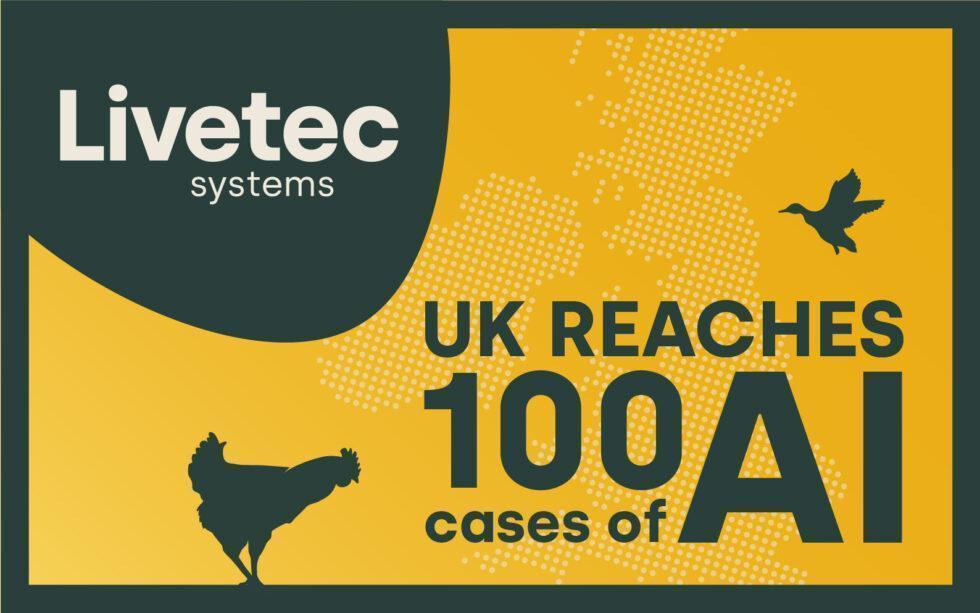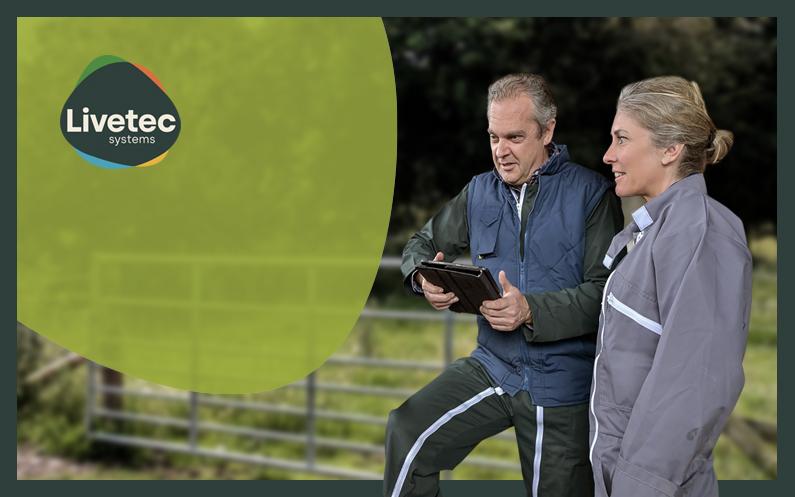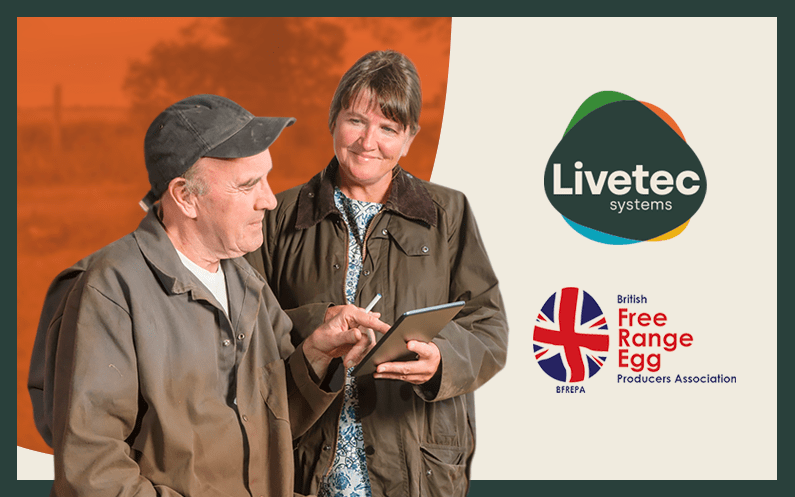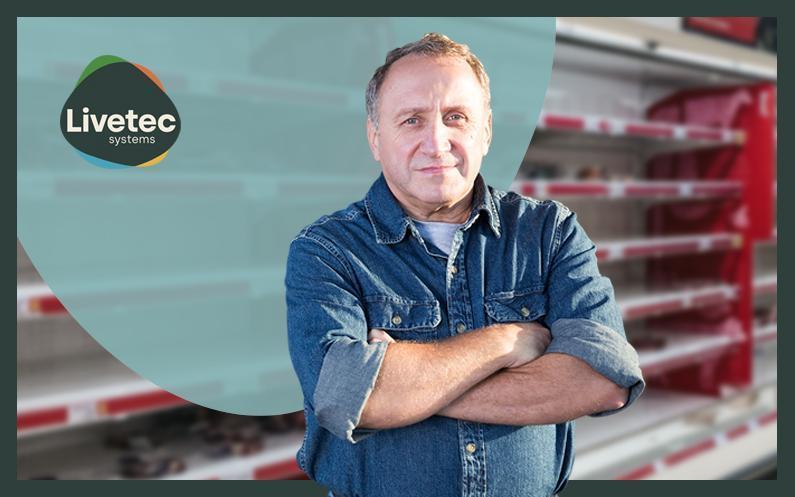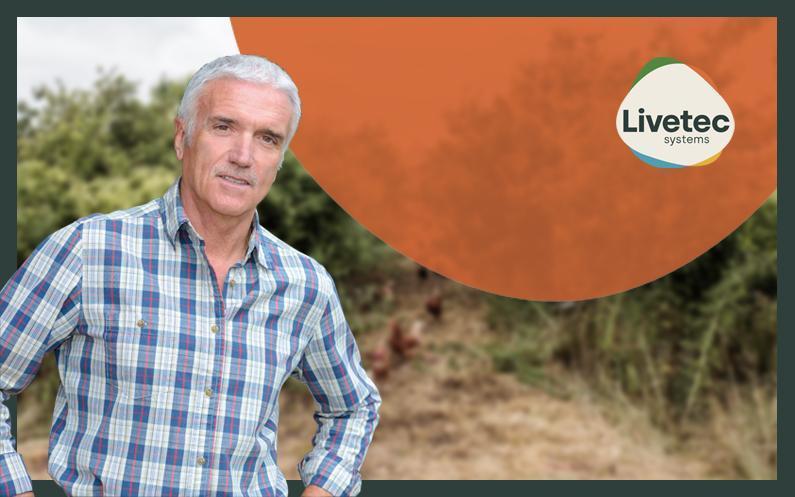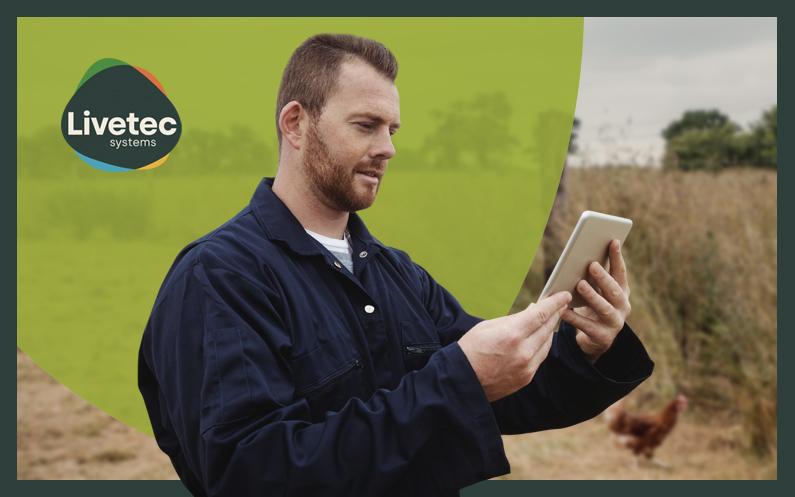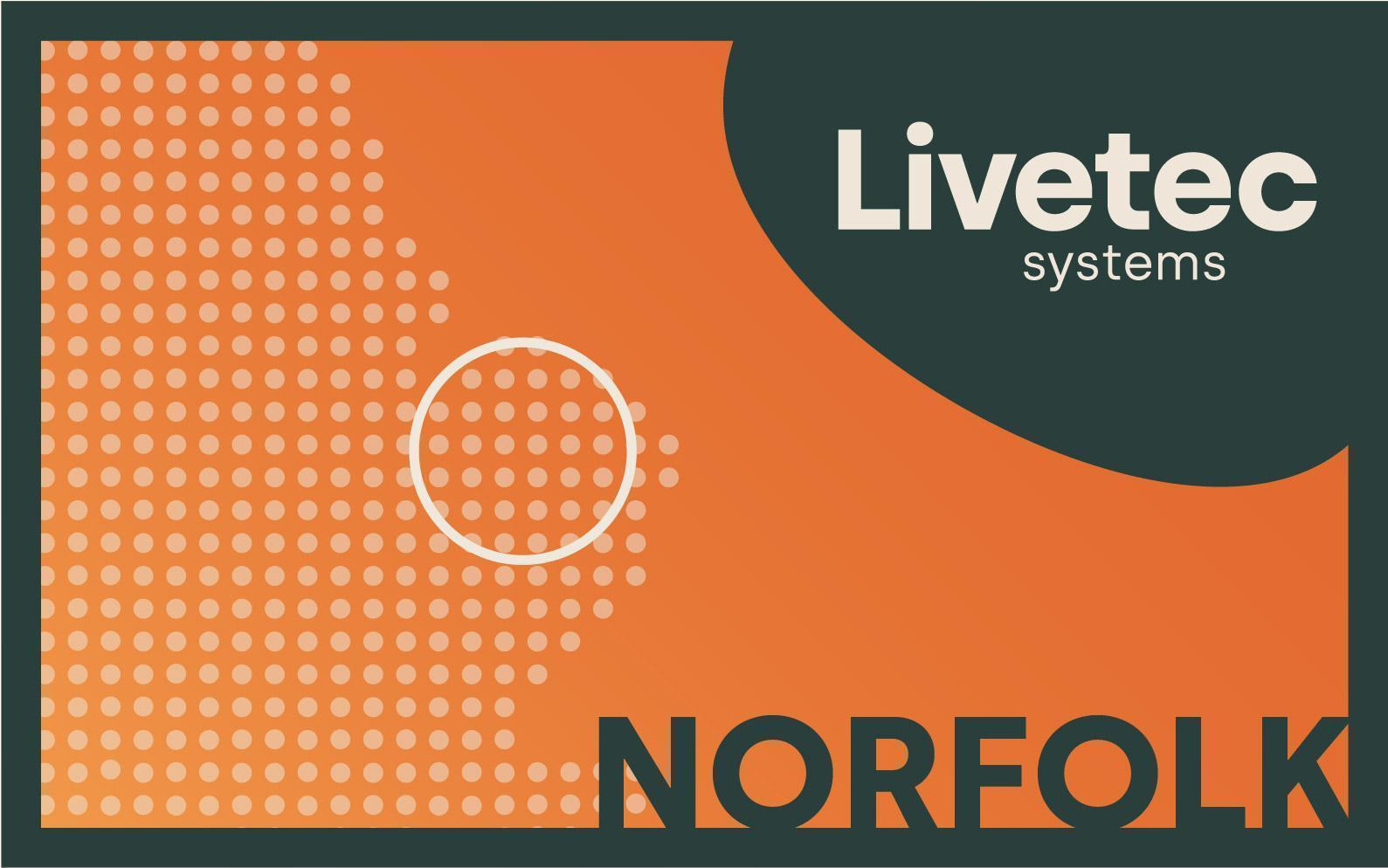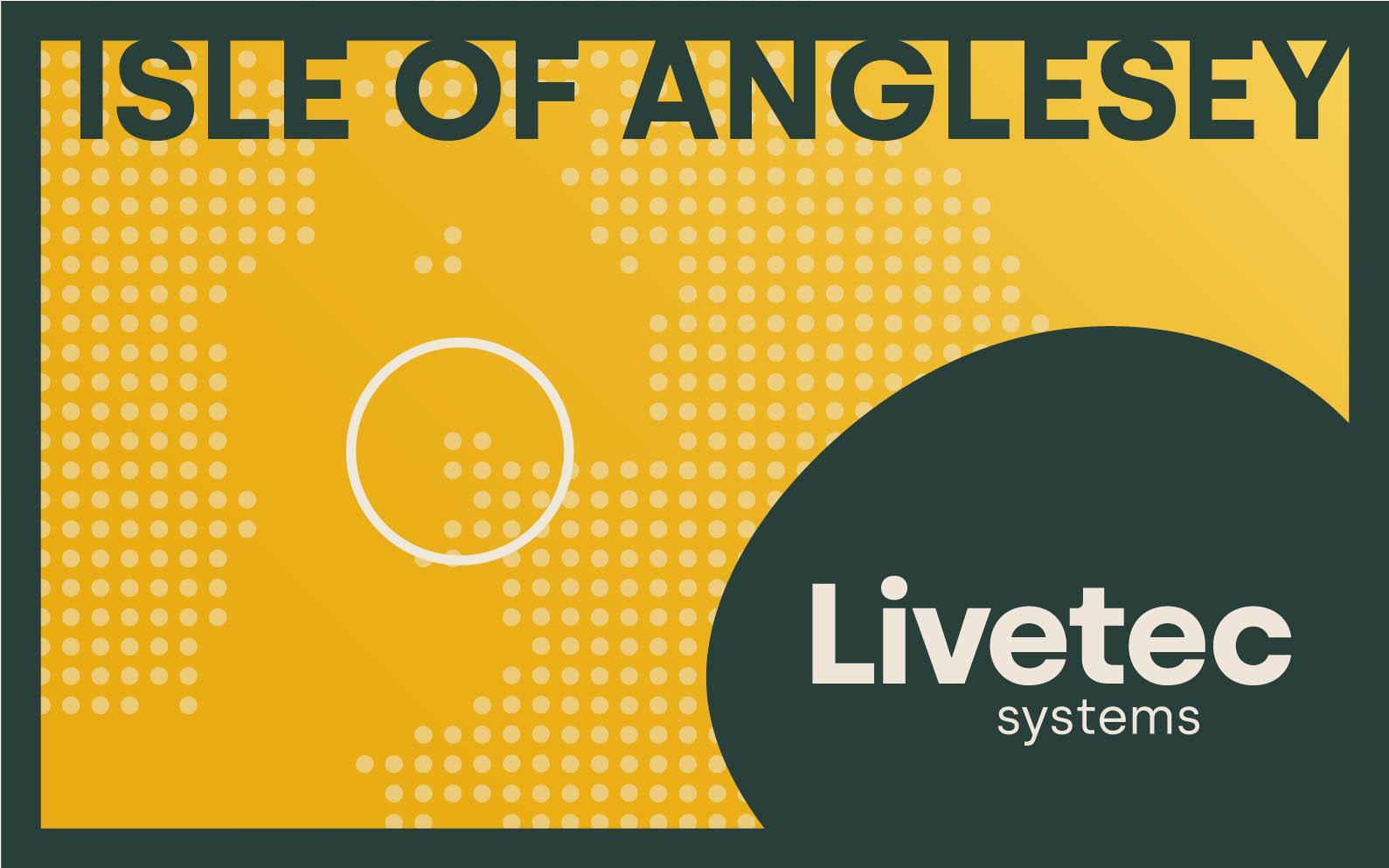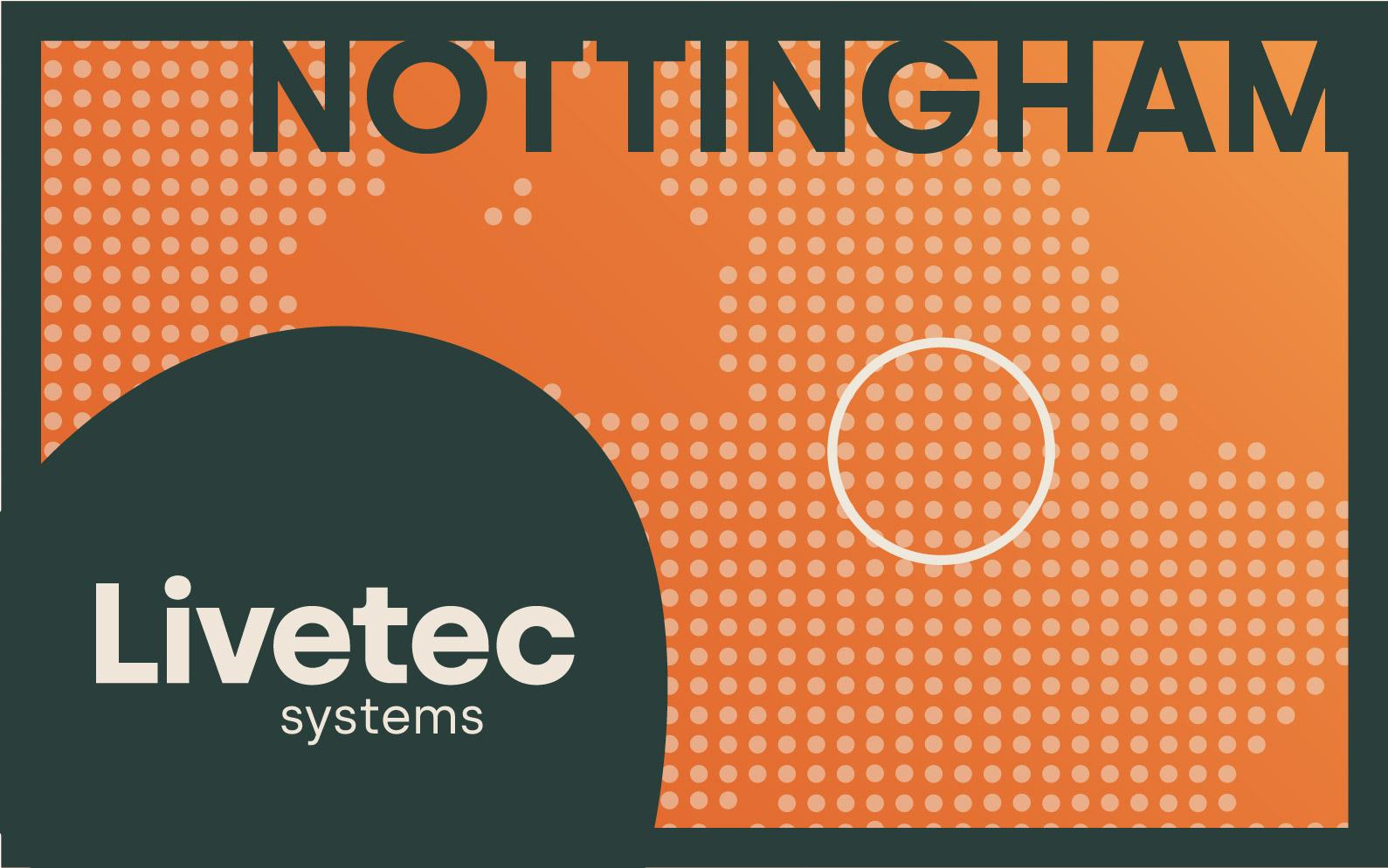Around 950 million birds – along with nearly 15 million sheep, 10 million pigs, and 2.5 million cattle are slaughtered in the UK every year. Small abattoirs that work directly with independent farmers play a significant role in handling this demand. However, recent reports suggest that more than half of them are planning to shut their doors by 2026.
Small Abattoir Closures in the UK
The number of abattoirs in the UK has been steadily declining for many years. In 2014, for example, England was home to 186 red meat abattoirs. By 2020, that had dropped to 156. In total, it’s estimated that one third of our abattoirs have been lost over the last 10 years, with small slaughterhouses disappearing at a rapid rate. Today, there are only 62 small abattoirs offering private killings for independent farmers left across the UK.
Why are so many closing? There are three primary reasons…
1. Brexit-Related Labour Shortages
Many small abattoirs are finding it challenging to employ the number of people they need to run a successful and profitable business. Of the UK’s 97,000 meat processing workers, it’s estimated that around 62% are from the EU. This means that the mass exodus of foreign nationals after Brexit has left a massive hole in processing capacity. Reports suggest that slaughterhouses are running with 15% fewer employees today.
2. Rising Operational Costs
Over the past few years, the Government has made a number of changes to ensure the protection of animal welfare during the culling process. This is, of course, a very positive thing. However, it has resulted in additional costs for abattoirs that many smaller slaughterhouses are finding unaffordable. CCTV, head restraints, and electrical stunning equipment are just a few examples of the extra costs abattoirs are facing today.
3. Bureaucracy
Many small abattoirs in the UK are long standing family run businesses that have been in operation for generations . They have their own methods of working, which are being hindered by Government regulations and the need for paperwork that many abattoir owners, particularly of the older generation – are growing tired of. Recently, a Welsh abattoir announced it was planning to close after 70 years for this precise reason.
The Risk to UK Farming
Small abattoirs offering private services are an important element of the farm-to-fork supply chain. With more and more closures comes increasing challenges in moving animals off farm as scheduled, increasing costs for farmers, lowering welfare, and raising the risk of overcrowding which can facilitate the faster spread of disease.
Right now especially, the closure of abattoirs poses an even bigger problem, particularly in the poultry sector. The number of broilers being slaughtered in the UK grew by 4% year-on-year between 2020 and 2021, which means we’ve reached a point where demand for processing is increasing, but capacity is diminishing.
Of course, just under 50% of small abattoirs are still expected to be operational in five years time. But this doesn’t necessarily signal good news. With every local closure, farmers must travel further to the next available facility. And with new clauses laid out in the Animal Welfare (Kept Animals) Bill, this may not always be possible to achieve.
Under the new regulations, maximum journey times have been introduced, and strict rules have been implemented that prohibits transport in very hot or cold conditions. These changes could mean that transport to an alternative destination is not possible.
There’s a risk to demand for meat, too. The need to transport animals further due to abattoir closures could mean the end of locally sourced meat. And at a time when customers are increasingly demanding local, demand for meat could drop massively.
Phil Stocker, Chief Executive of the National Sheep Association, says that ‘with increased stock to be slaughtered, pressure on journey times, and a shortage of available labour, there needs to be investment in options, rather than just the application of restrictions’. So… what sort of investments could solve the problem?
Investing in Solutions
While there may be little that can be done to persuade small abattoirs to remain in operation, farmers can consider alternatives that can help them process animals more efficiently and effectively if their local slaughterhouse decides to close its doors.
Three potential solutions include:
- Slaughter on the Move
A growing trend over in the US, and has potential of making its way across the UK, mobile slaughter units are essentially abattoirs on wheels, bringing services directly to farmers to eradicate the need to transport animals long distances in the absence of local facilities. However, concerns are being raised that logistics problems could cause delays, resulting in a high risk of appointment rescheduling and a lack of emergency response.
- Local Slaughterhouses
In the absence of small abattoirs, more local slaughterhouses could be invested in to create a network of facilities across the UK to reduce the need to travel long distances to maximise animal welfare. This is a solution that Patrick Holden, CEO of the Sustainable Food Trust is putting his support behind, stating that ‘we need to boost the numbers of small, local abattoirs in the UK that can supply the local farmers in their area’.
- In-House Capabilities
A third solution – and possibly the most likely to bring immediate results in the event of widespread closures – is for farmers themselves to invest in boosting their capabilities and capacity for slaughtering animals on-site. While equipment and training can be costly, on-demand mobile stunning solutions can be used to expand capacity as needed, and ensure that animals are killed humanely in line with Government advice.
Contingency Planning
The reports of abattoirs closing can feel overwhelming. Yet by understanding what could happen in the future, farmers are able to develop strong contingency plans that ensure they’re able to maintain operations should facilities shut down. At Livetec, we specialise in contingency planning, providing advice, support, and guidance, along with a range of on-farm services, to provide farms with the tools they need to thrive.








